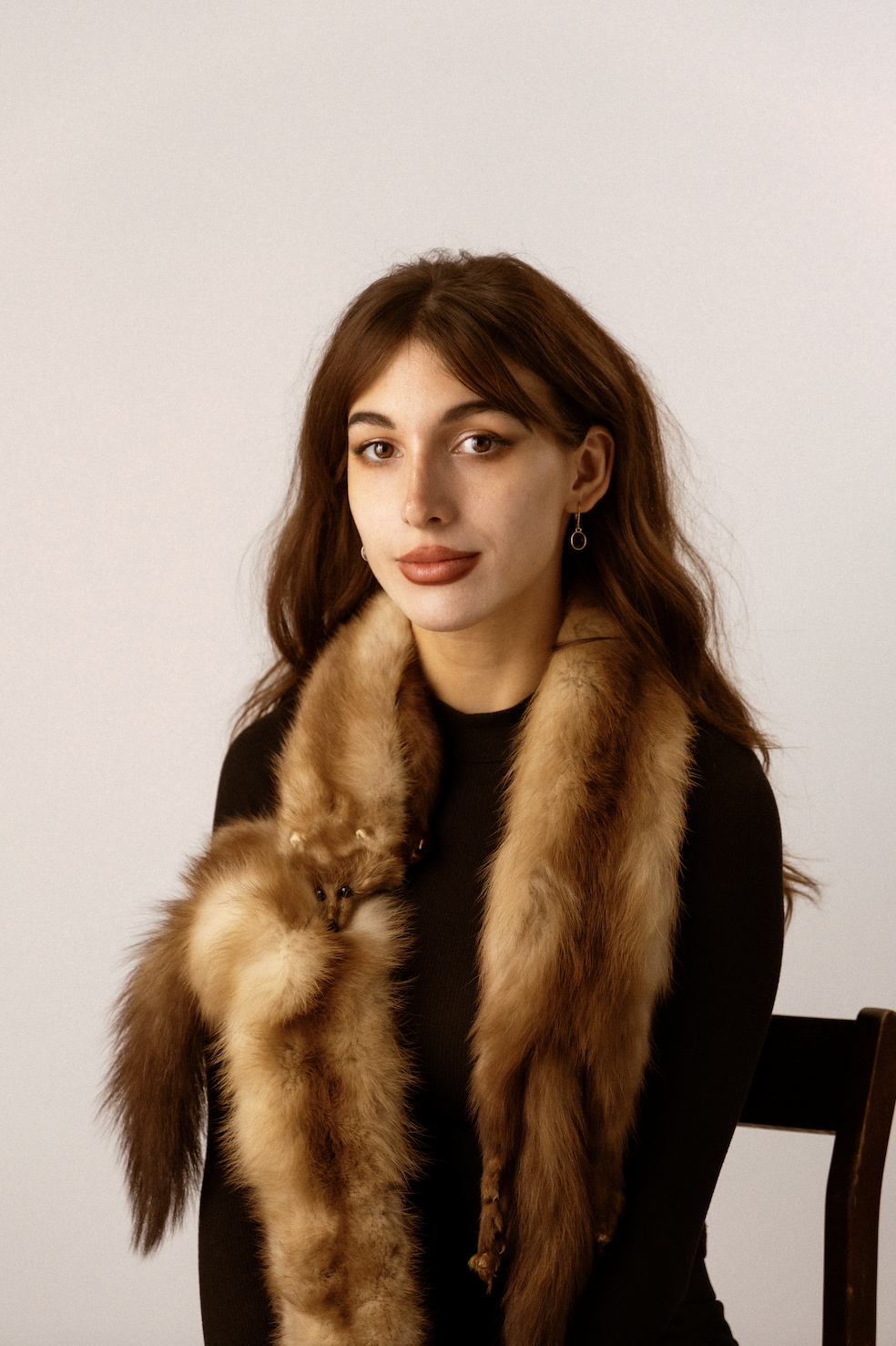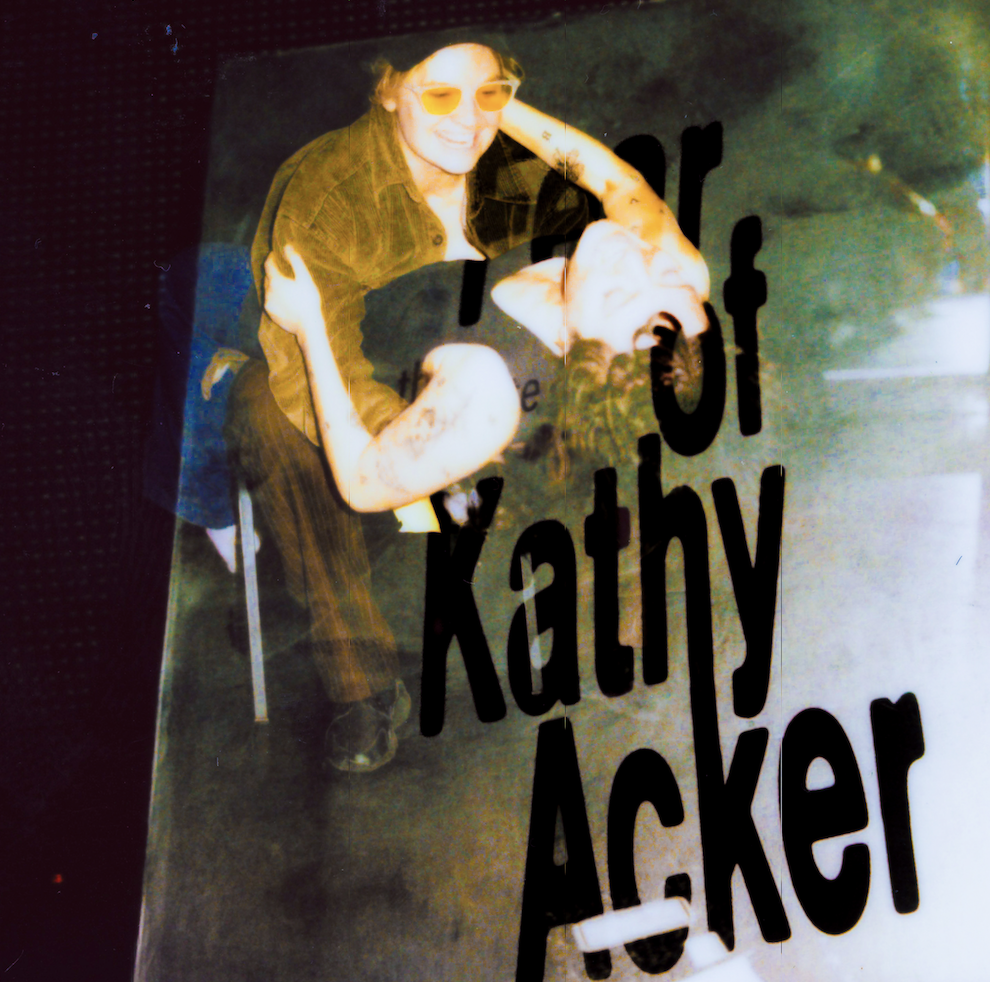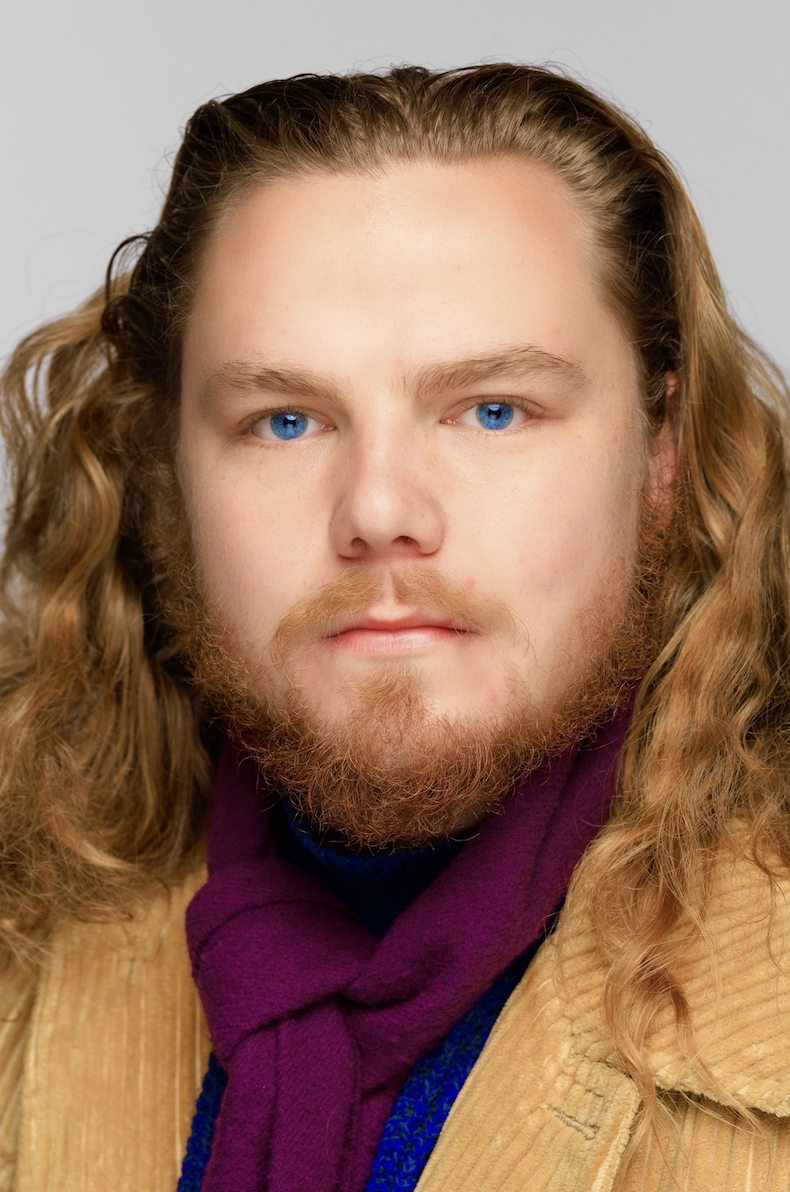office: LA Edition
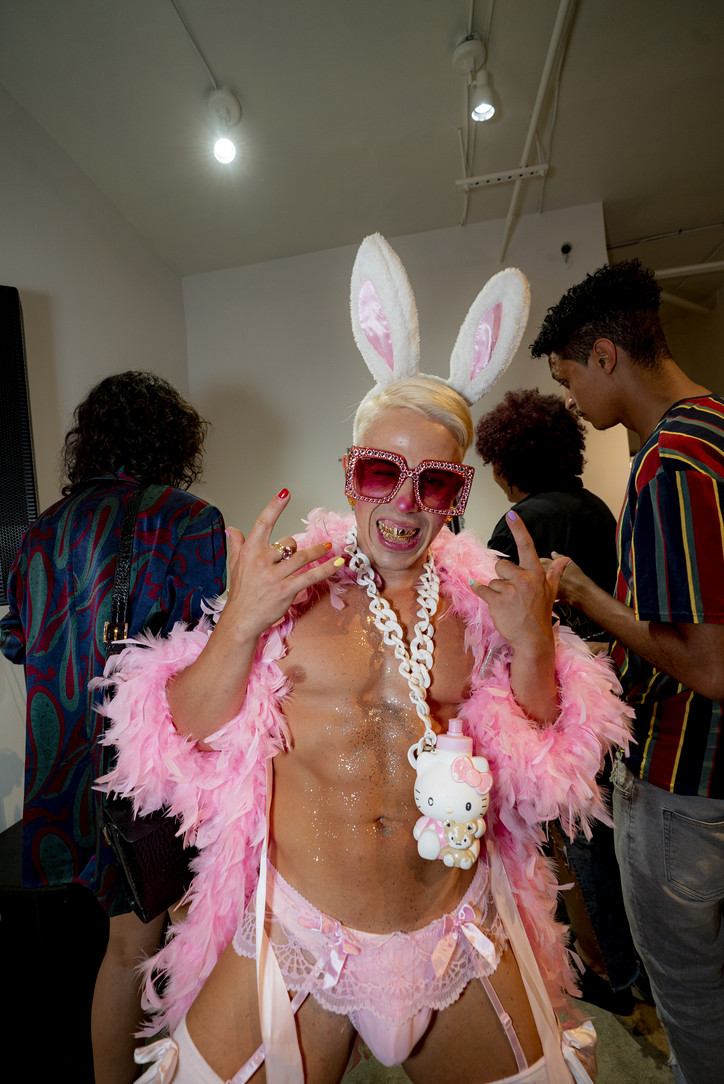
Check out some photos from the event below and come visit us on 424 Fairfax, LA—we'll be here for a while.
Stay informed on our latest news!

Check out some photos from the event below and come visit us on 424 Fairfax, LA—we'll be here for a while.
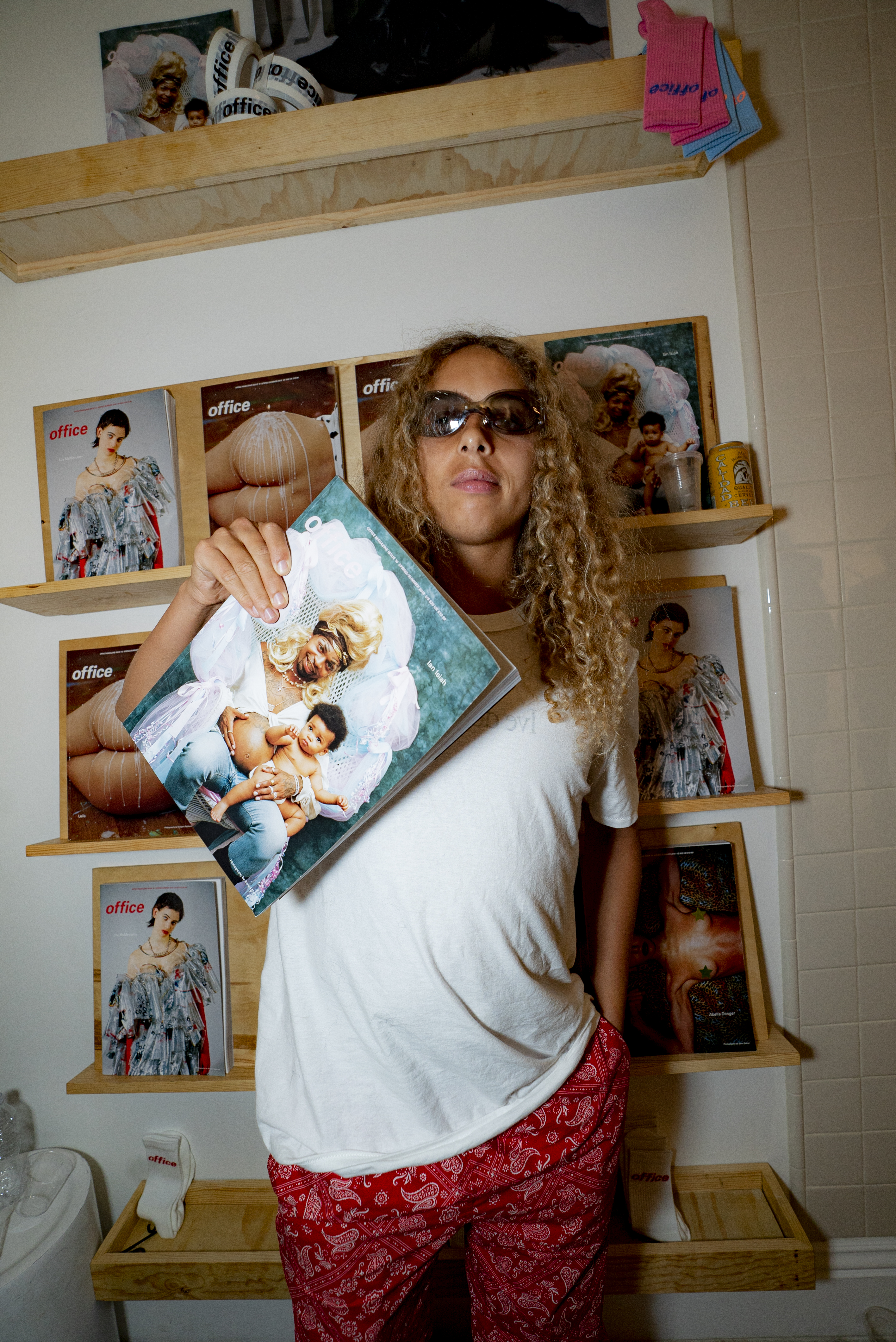
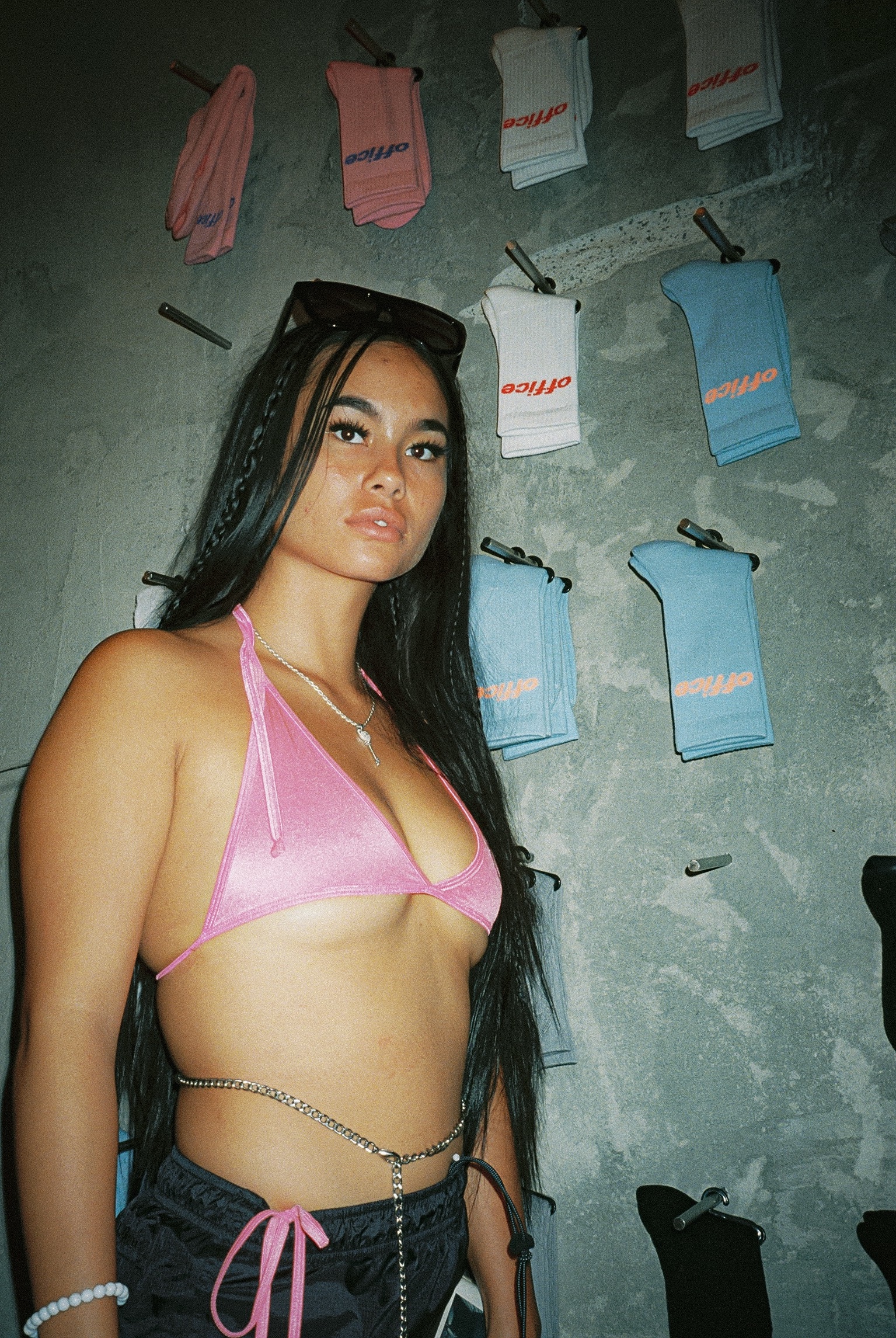
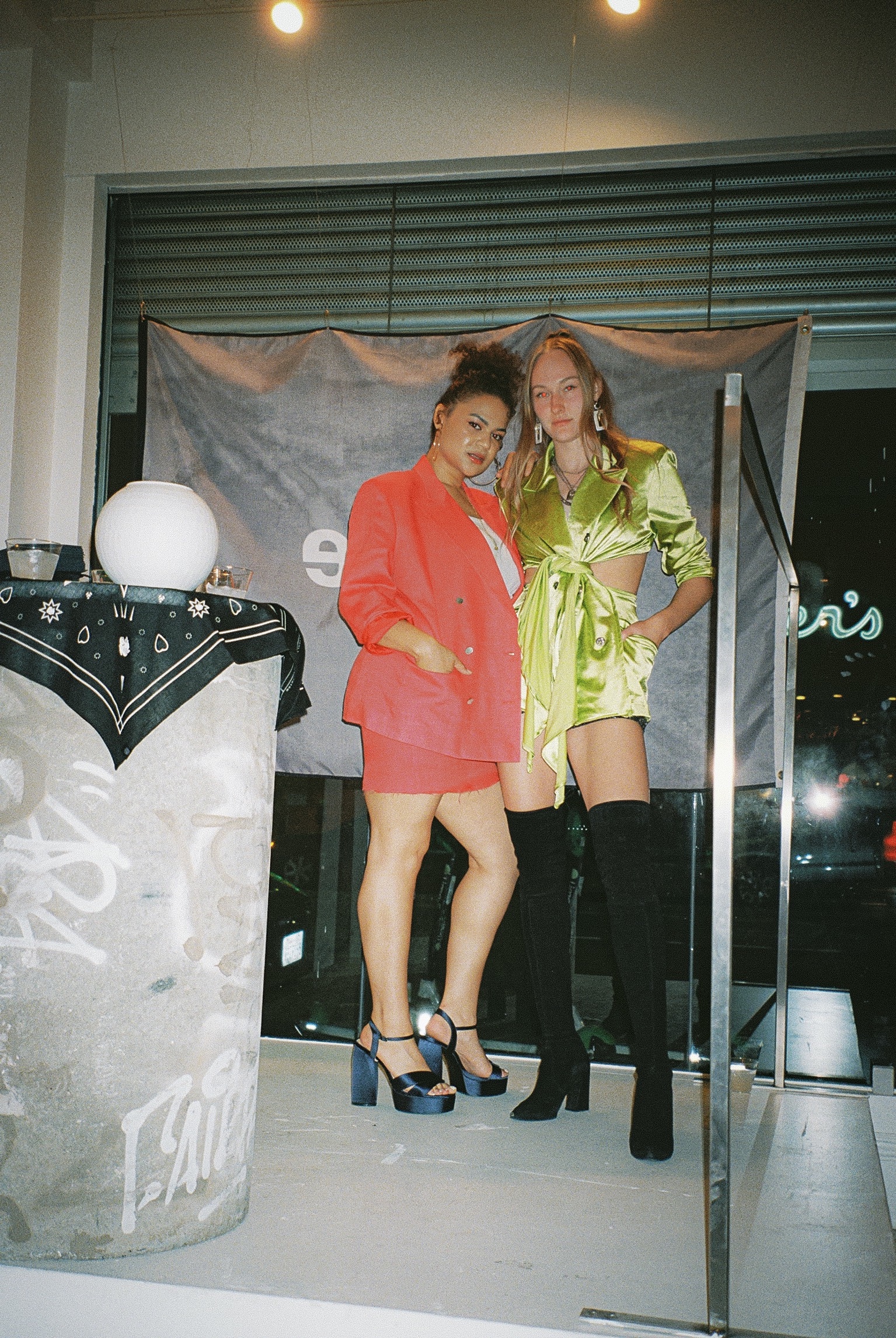

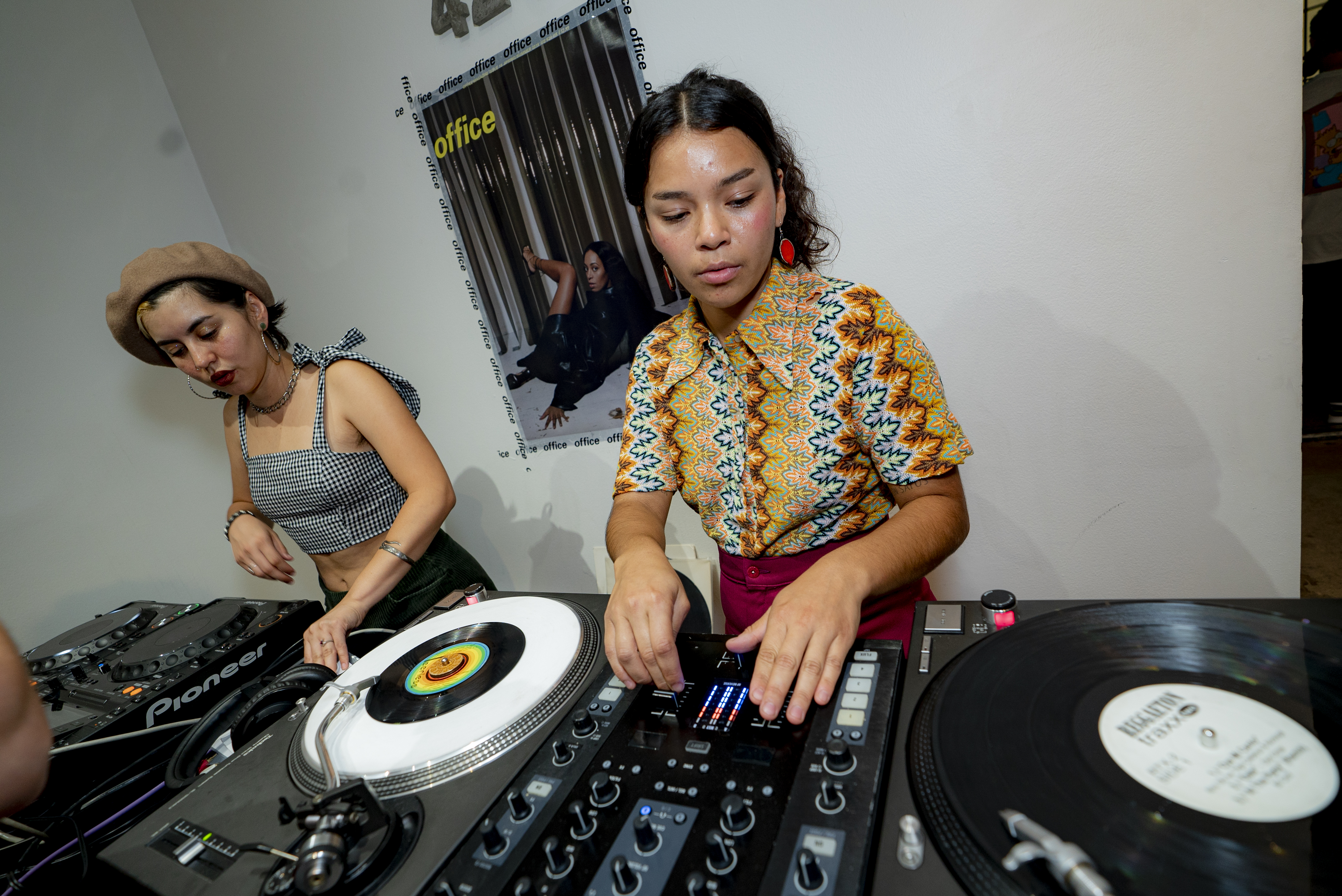
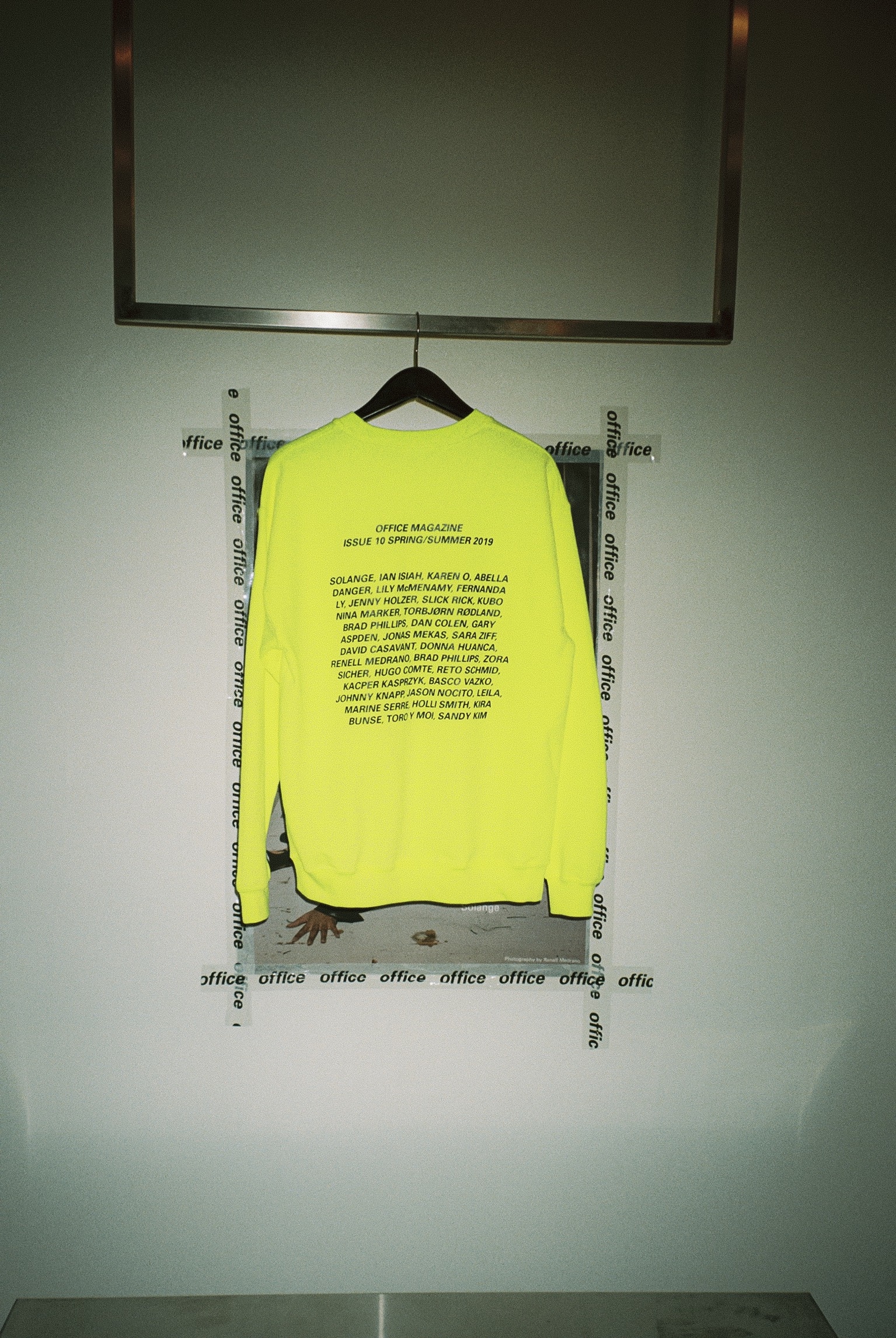

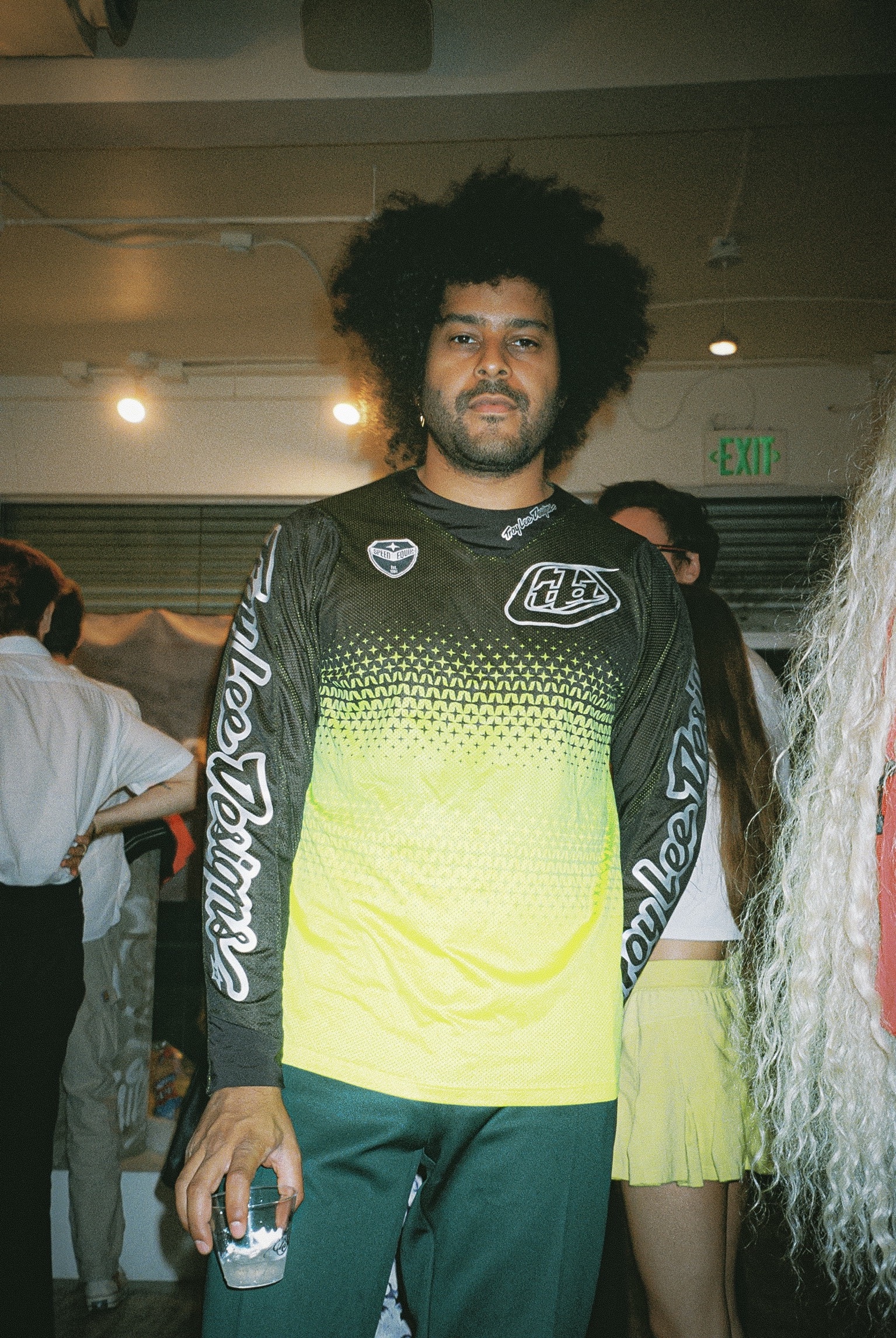
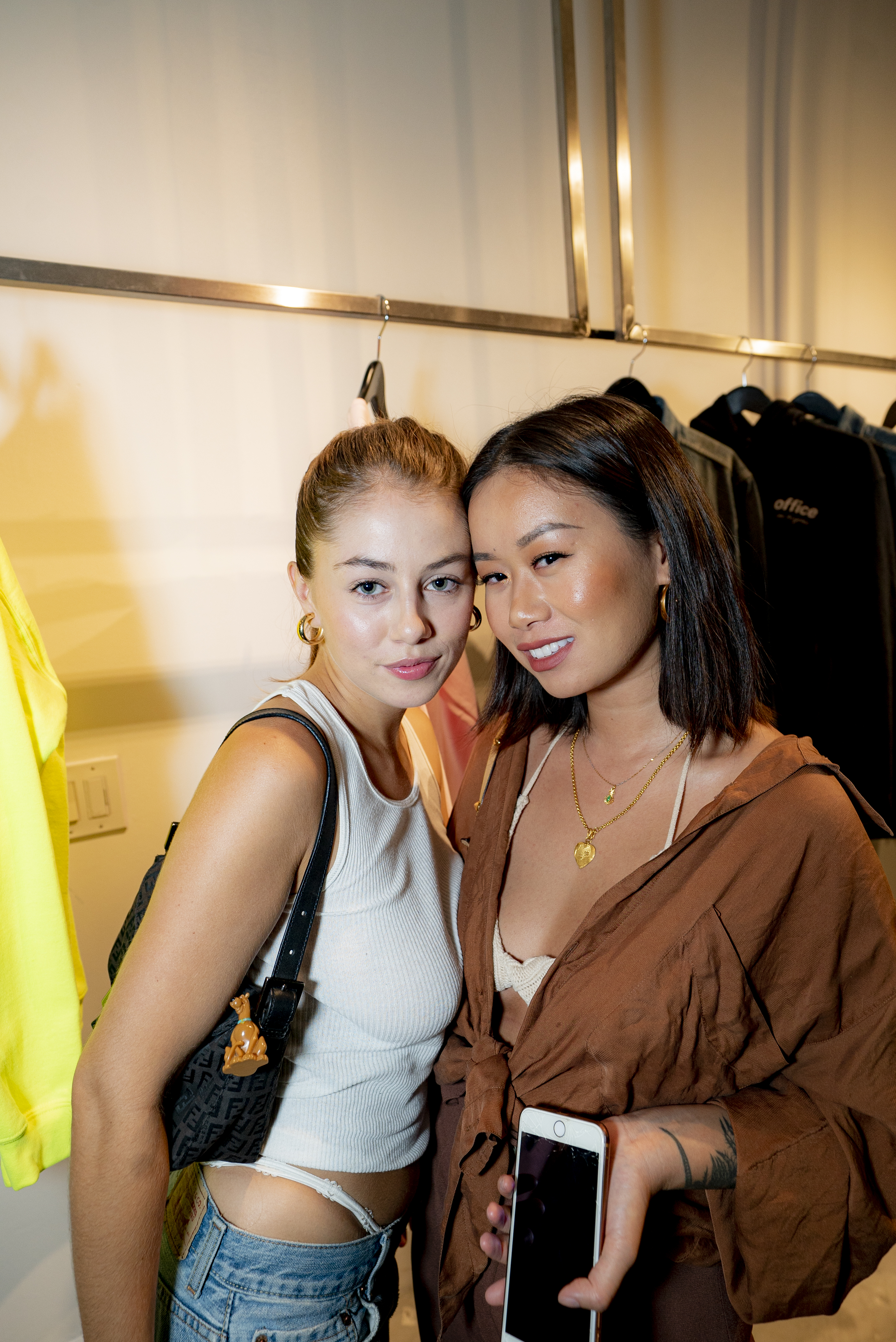
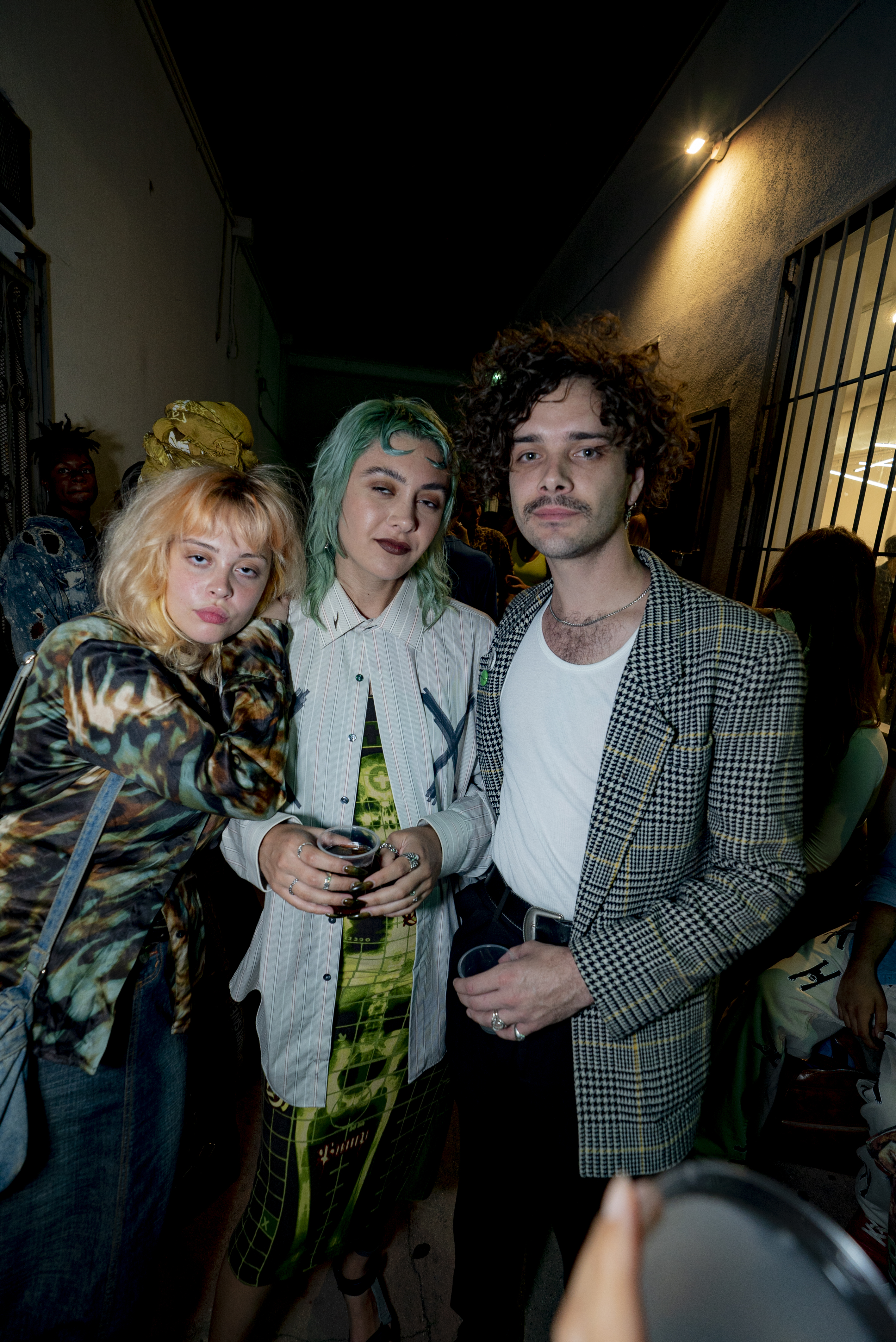
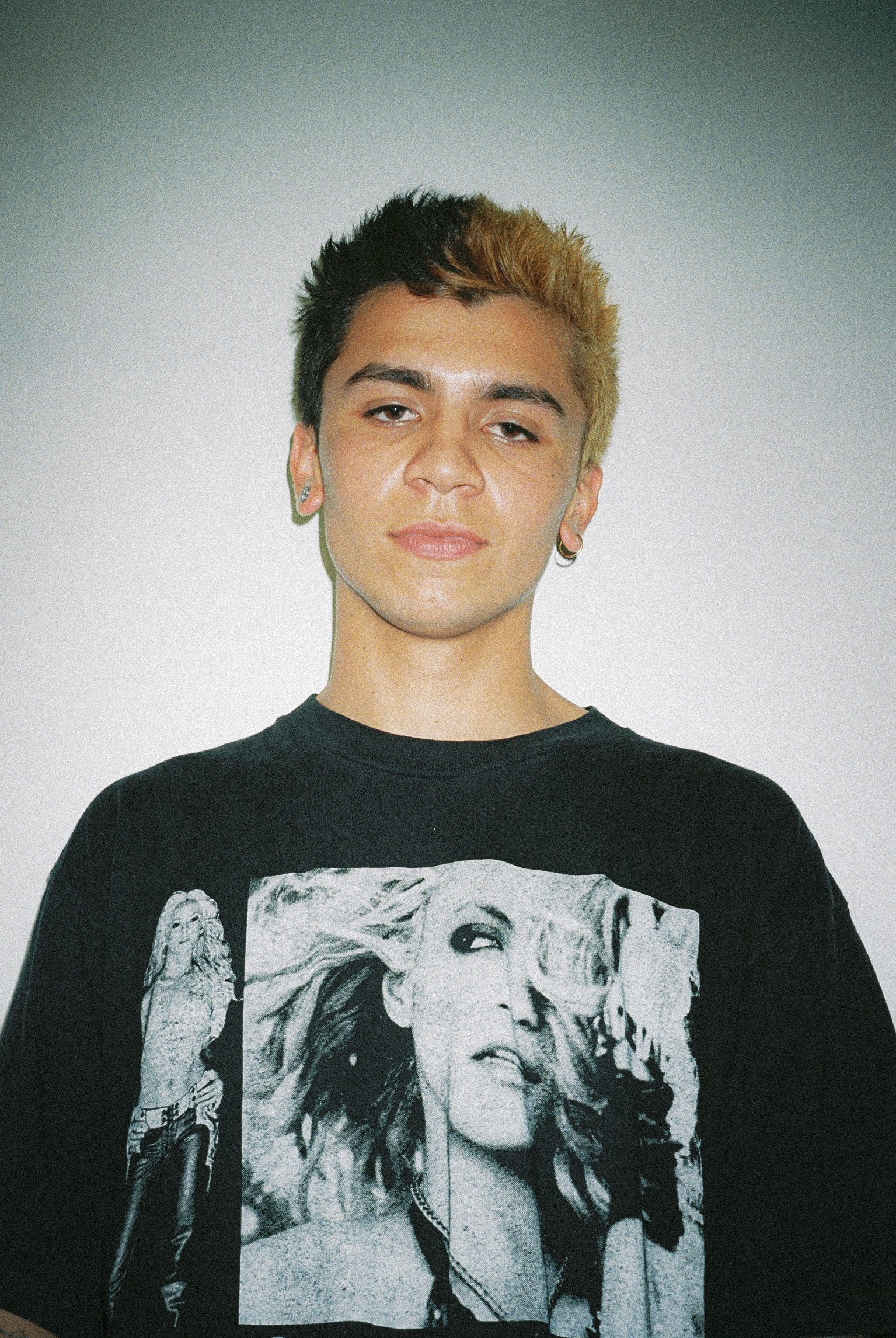
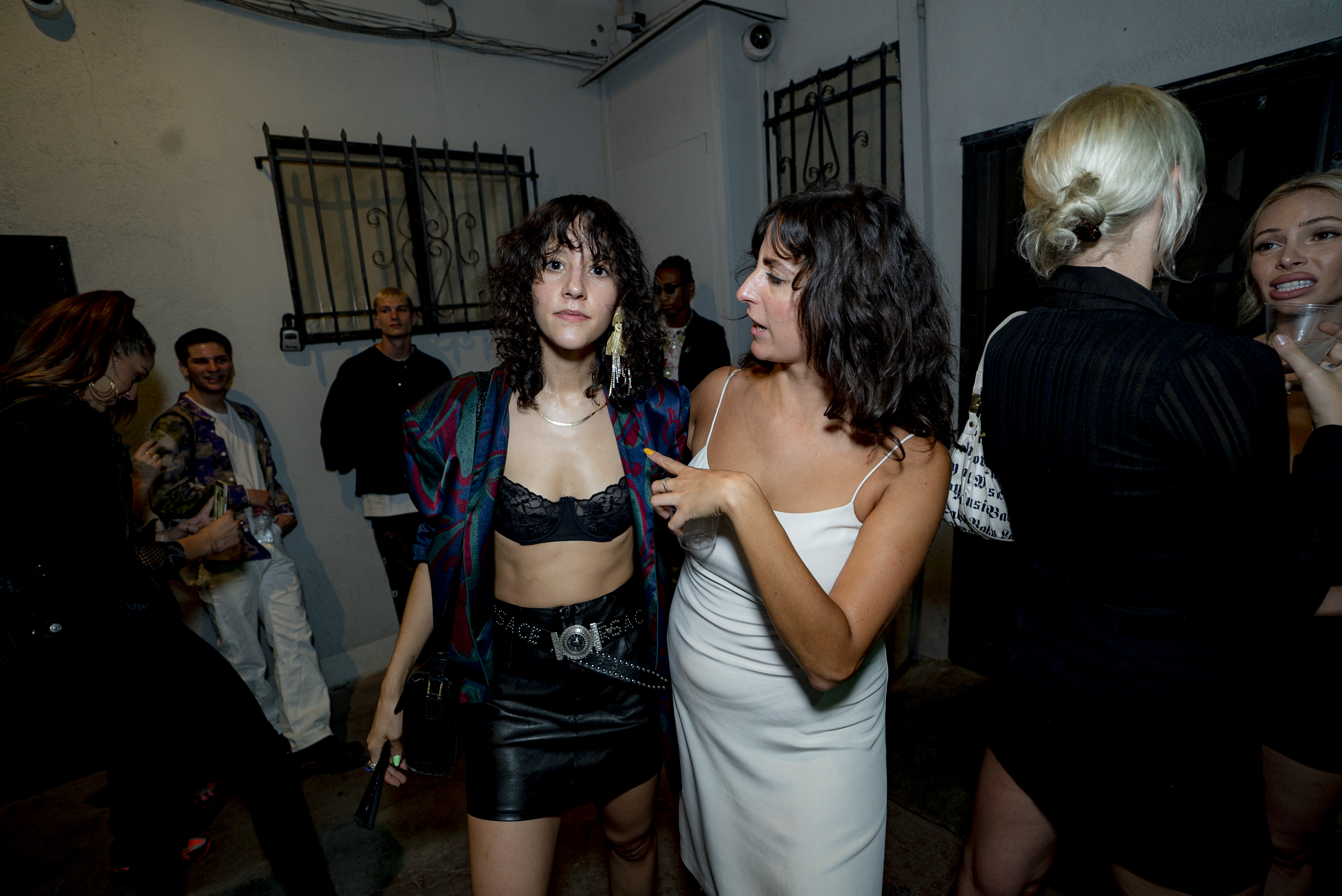
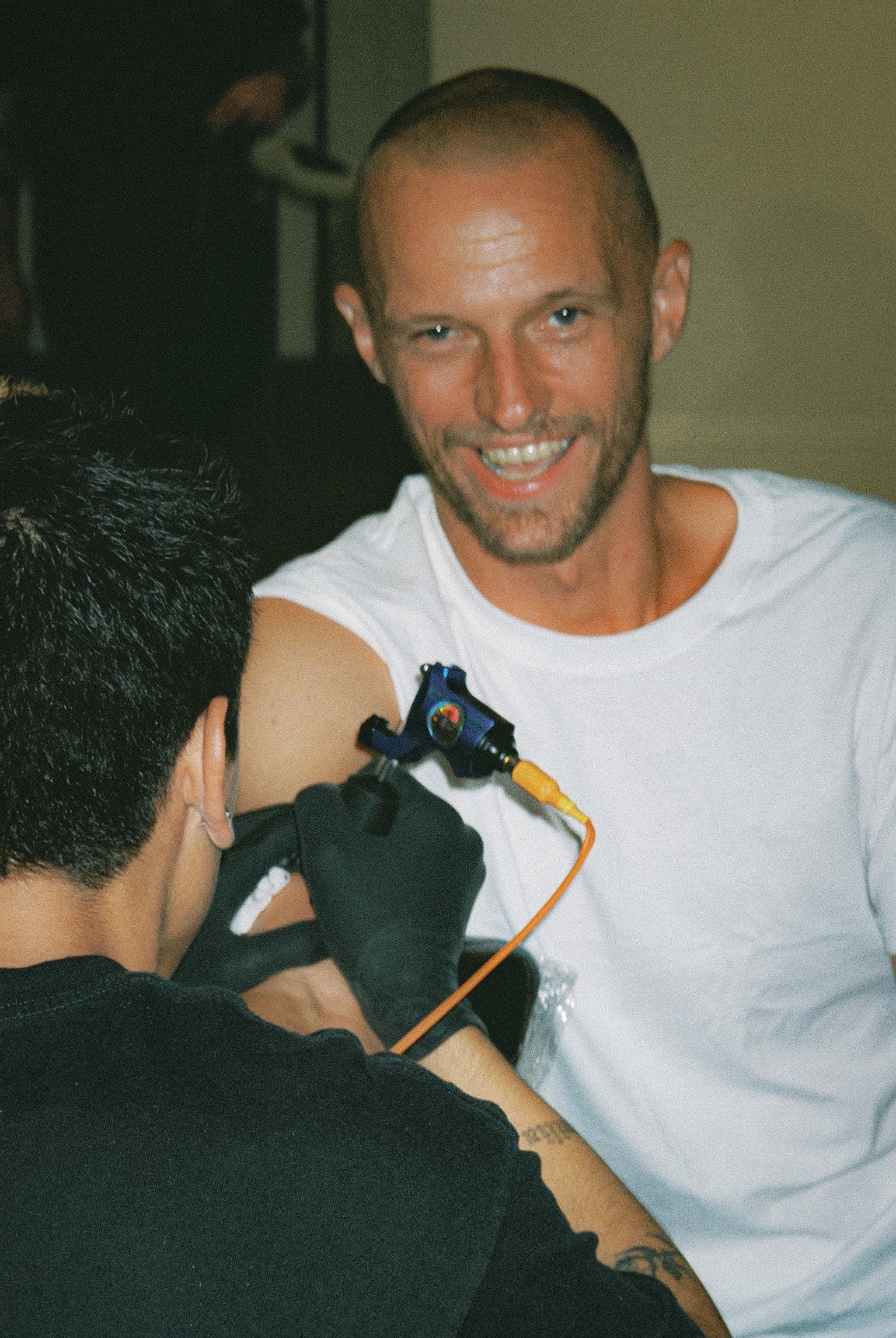
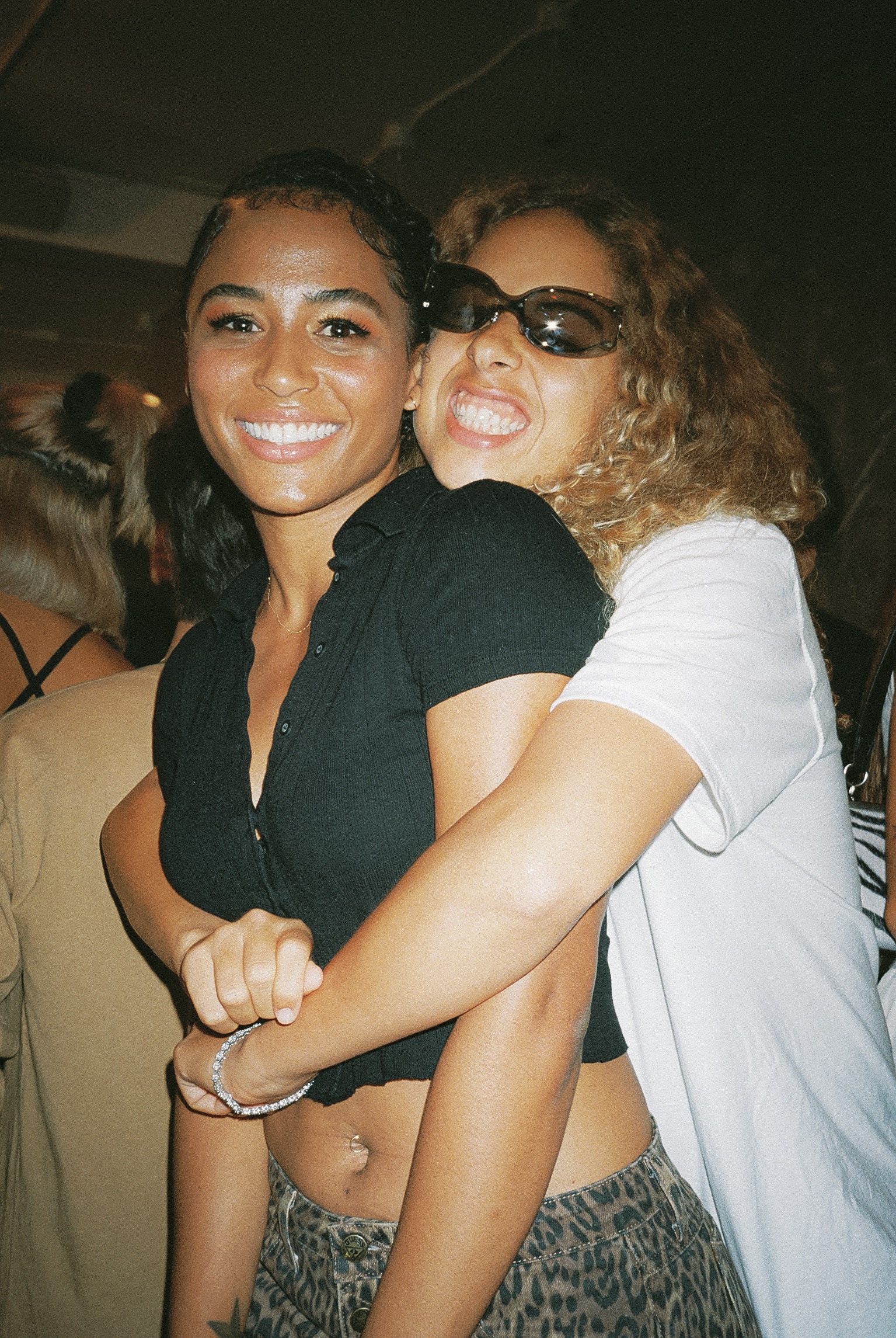
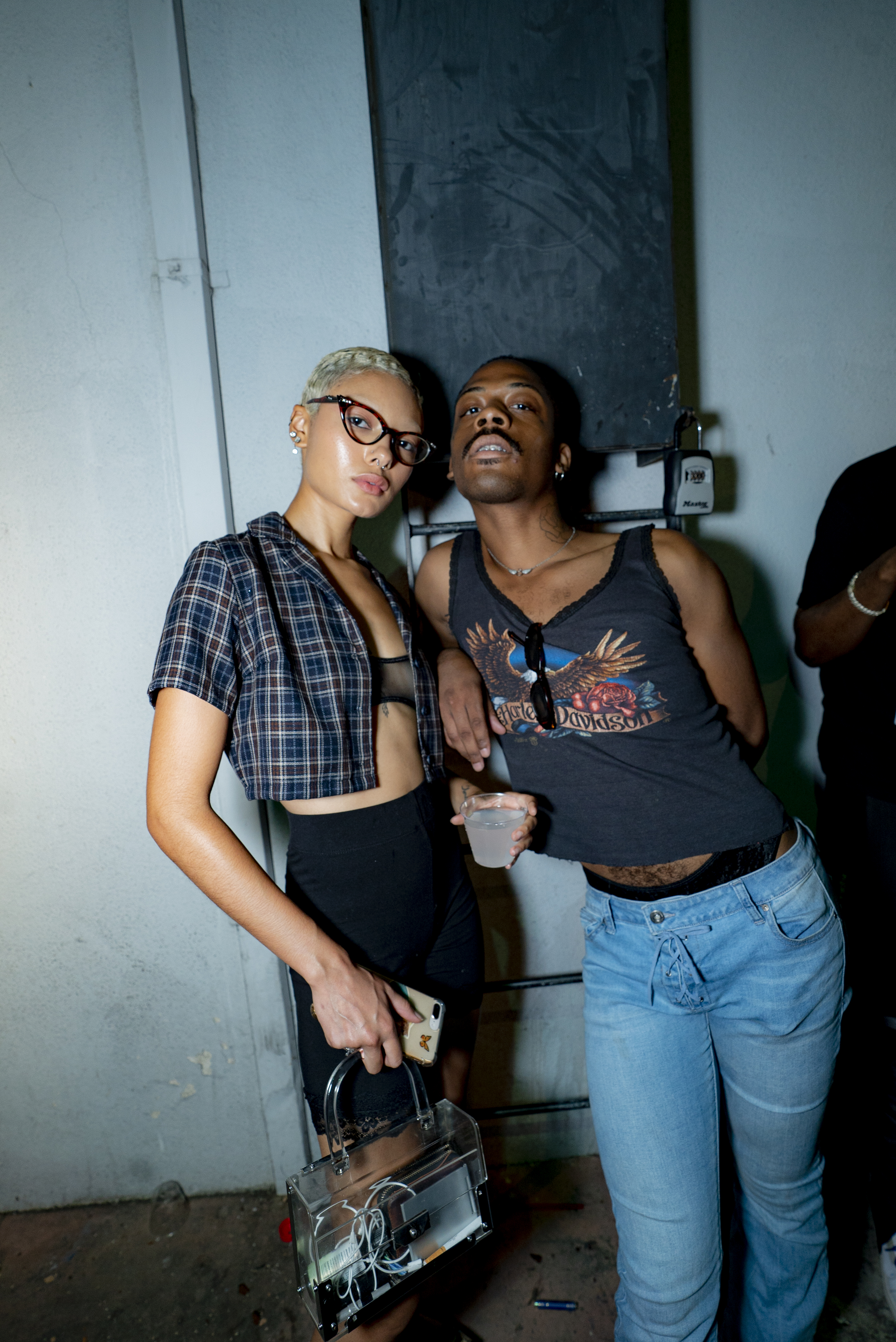
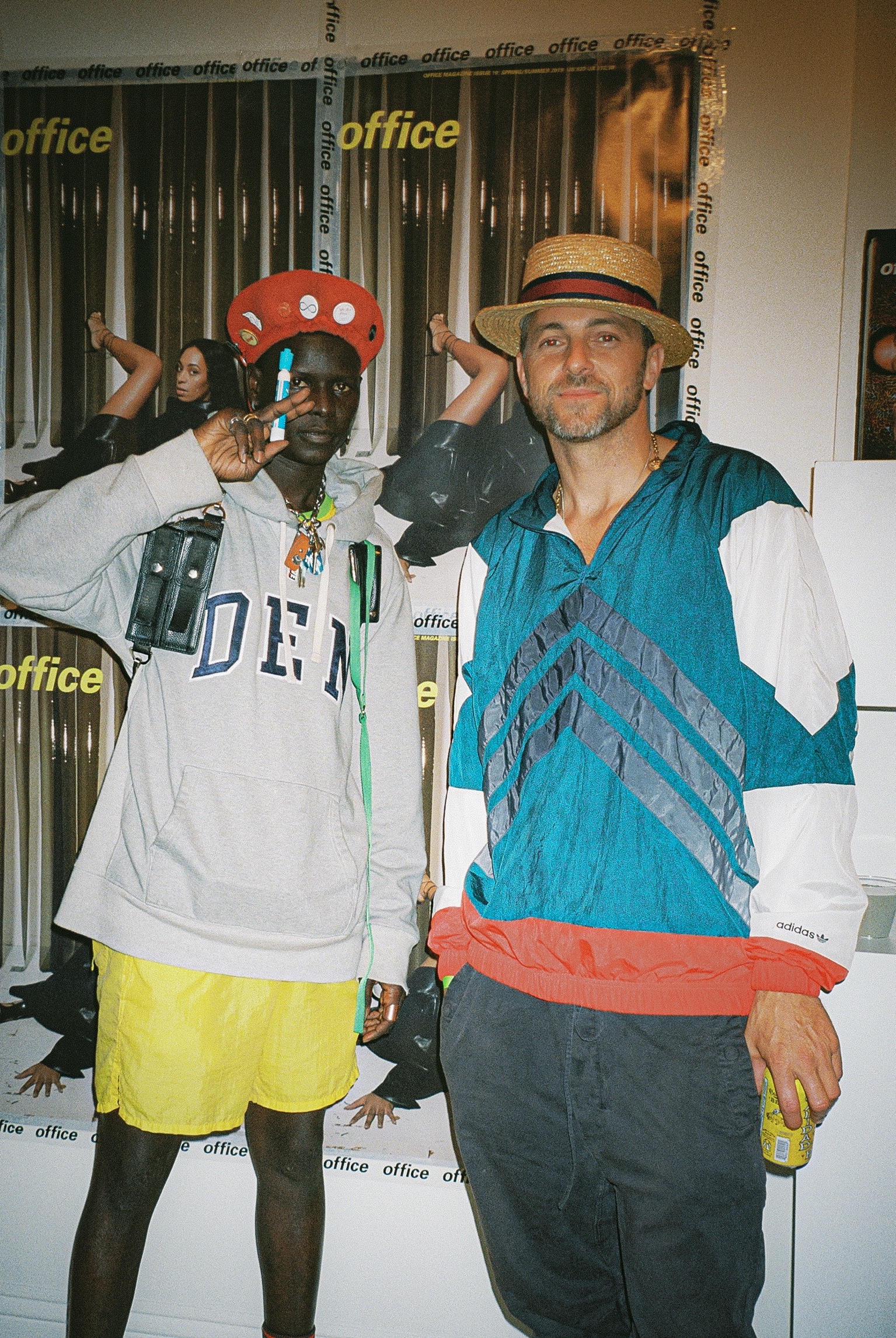
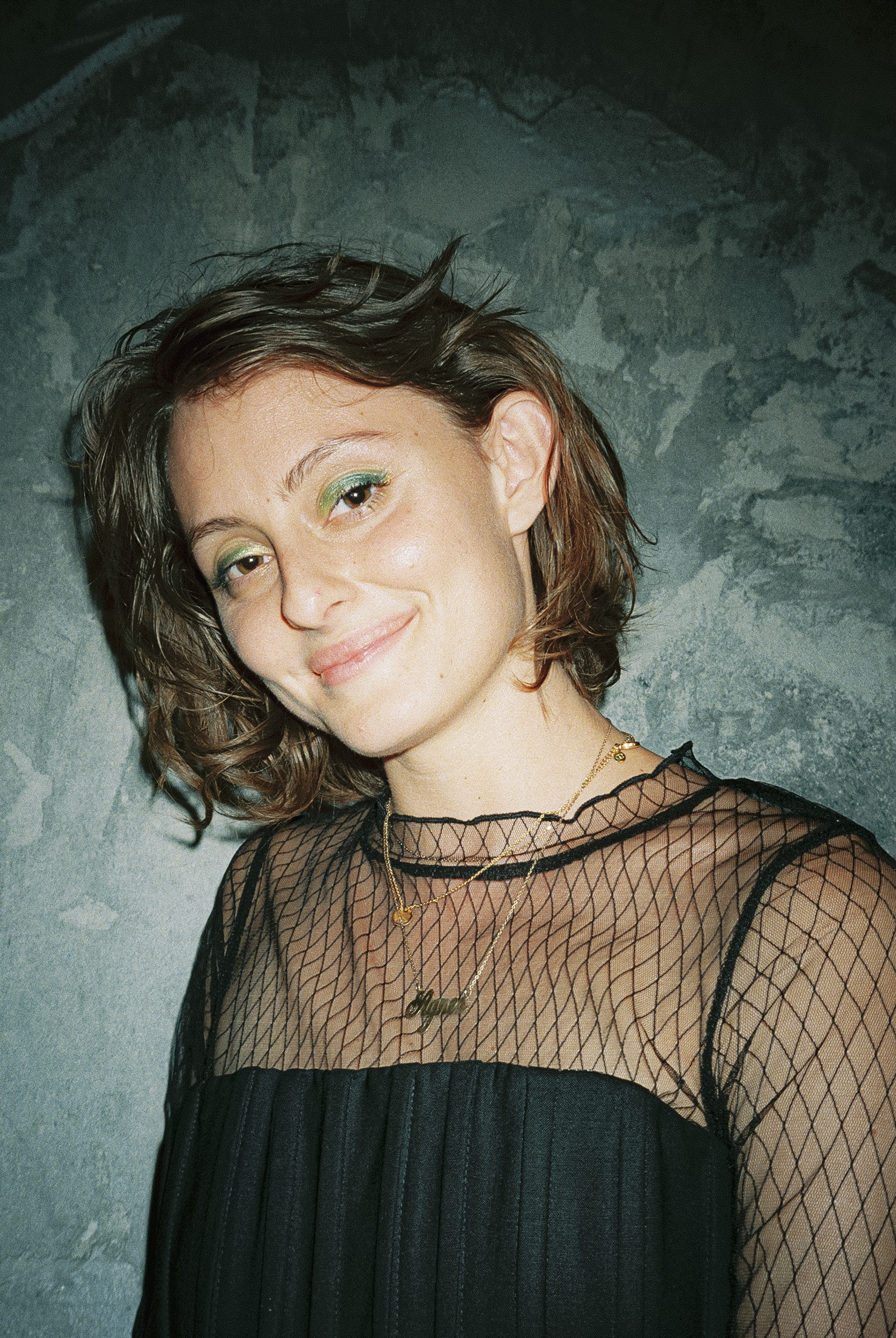

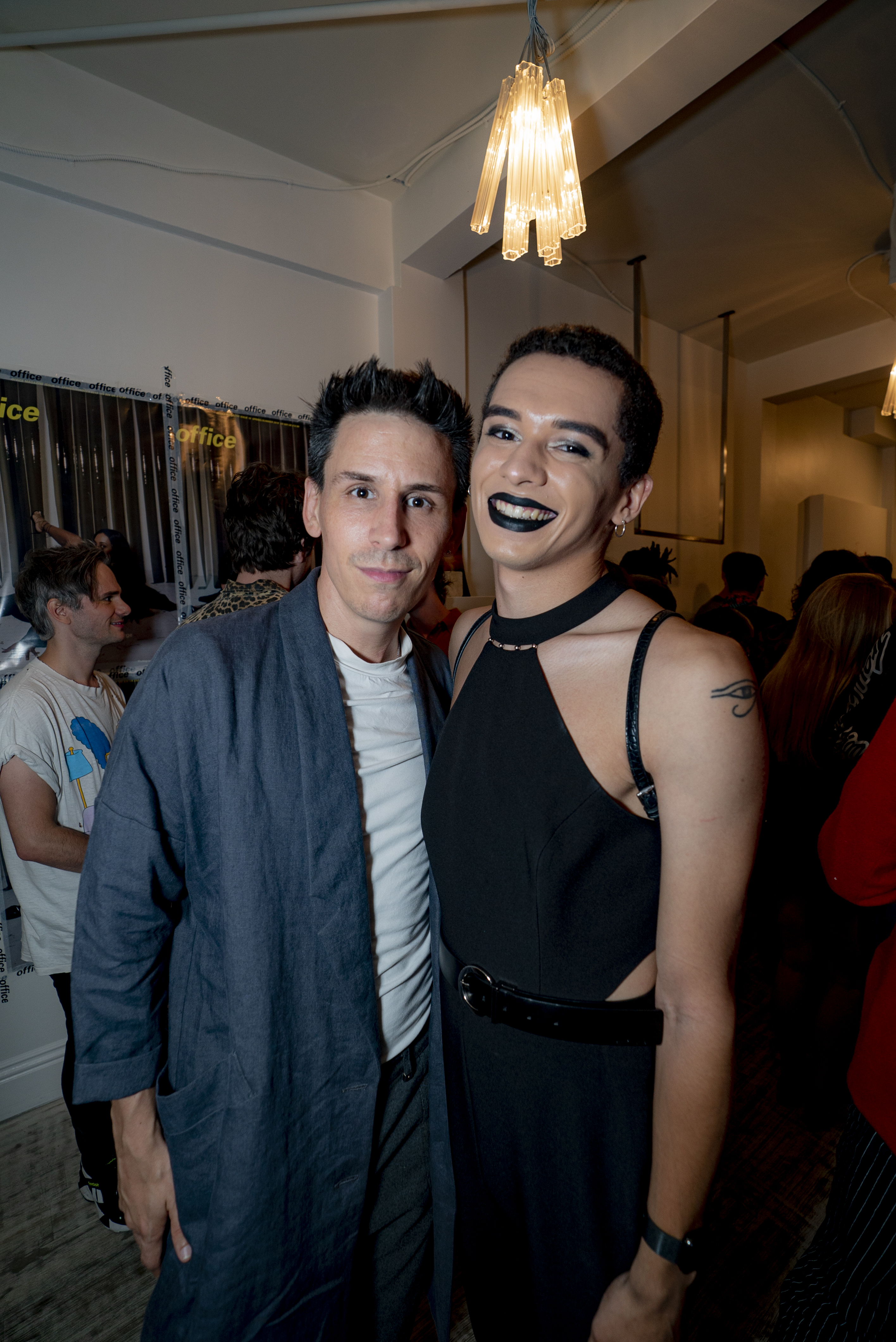
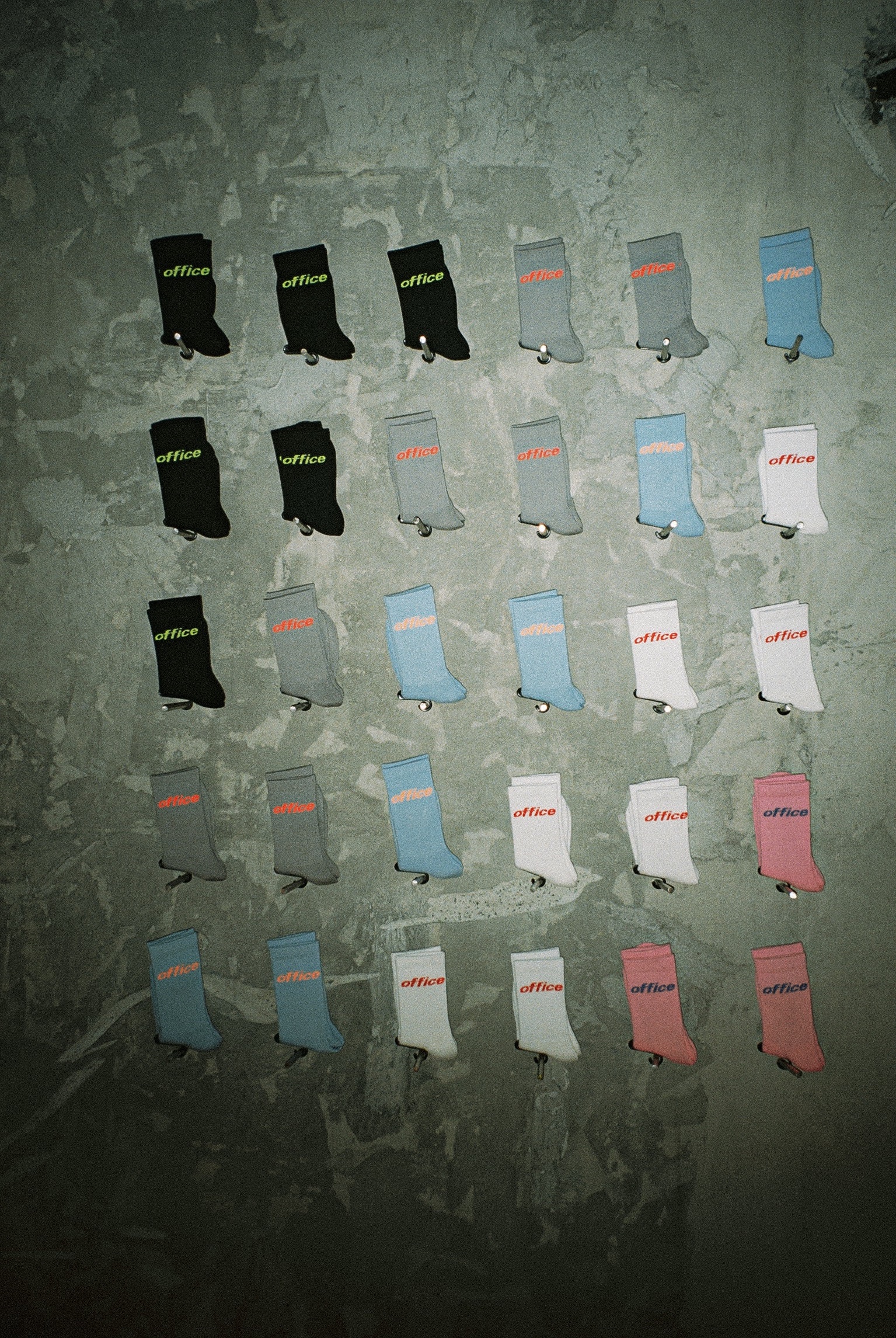
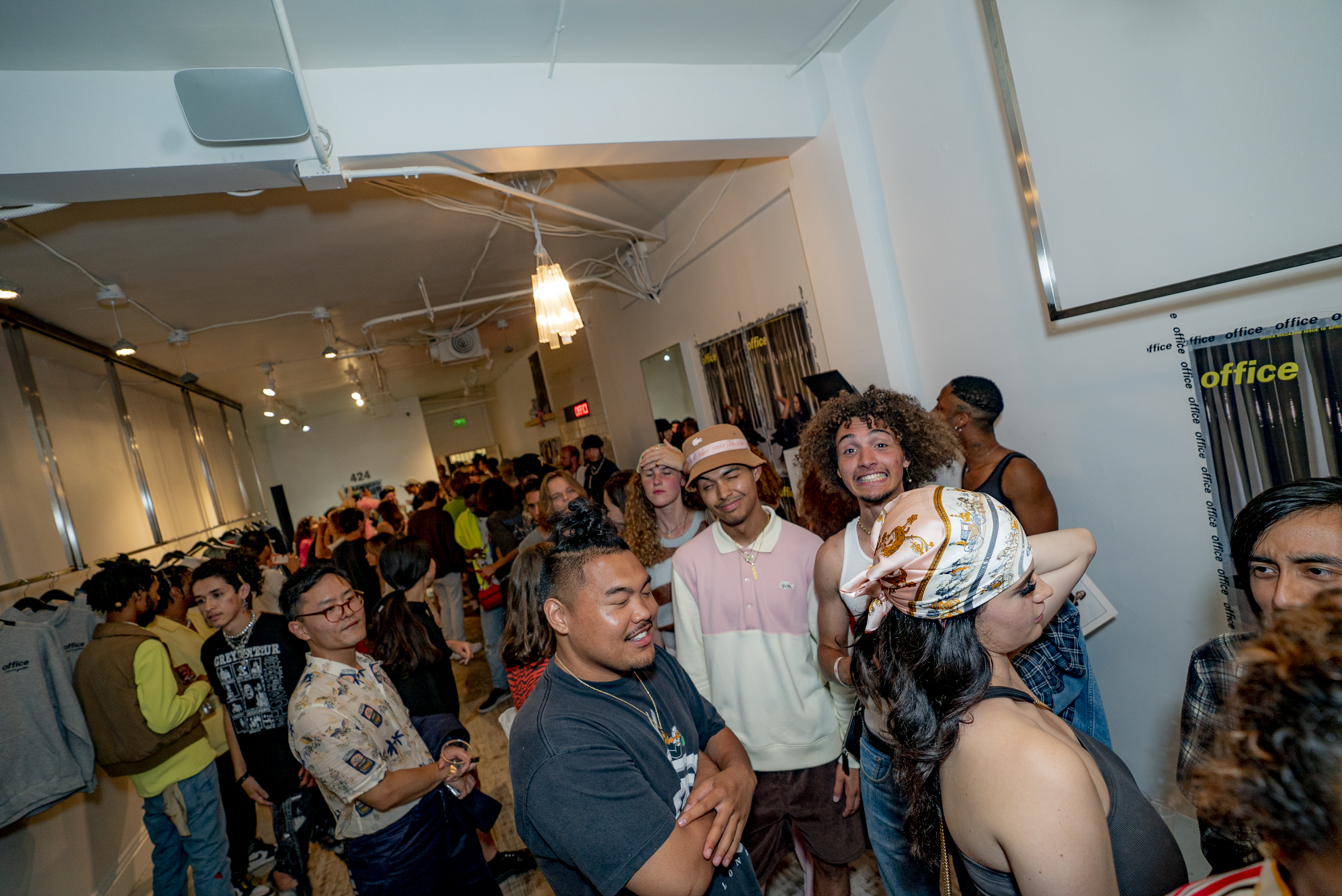
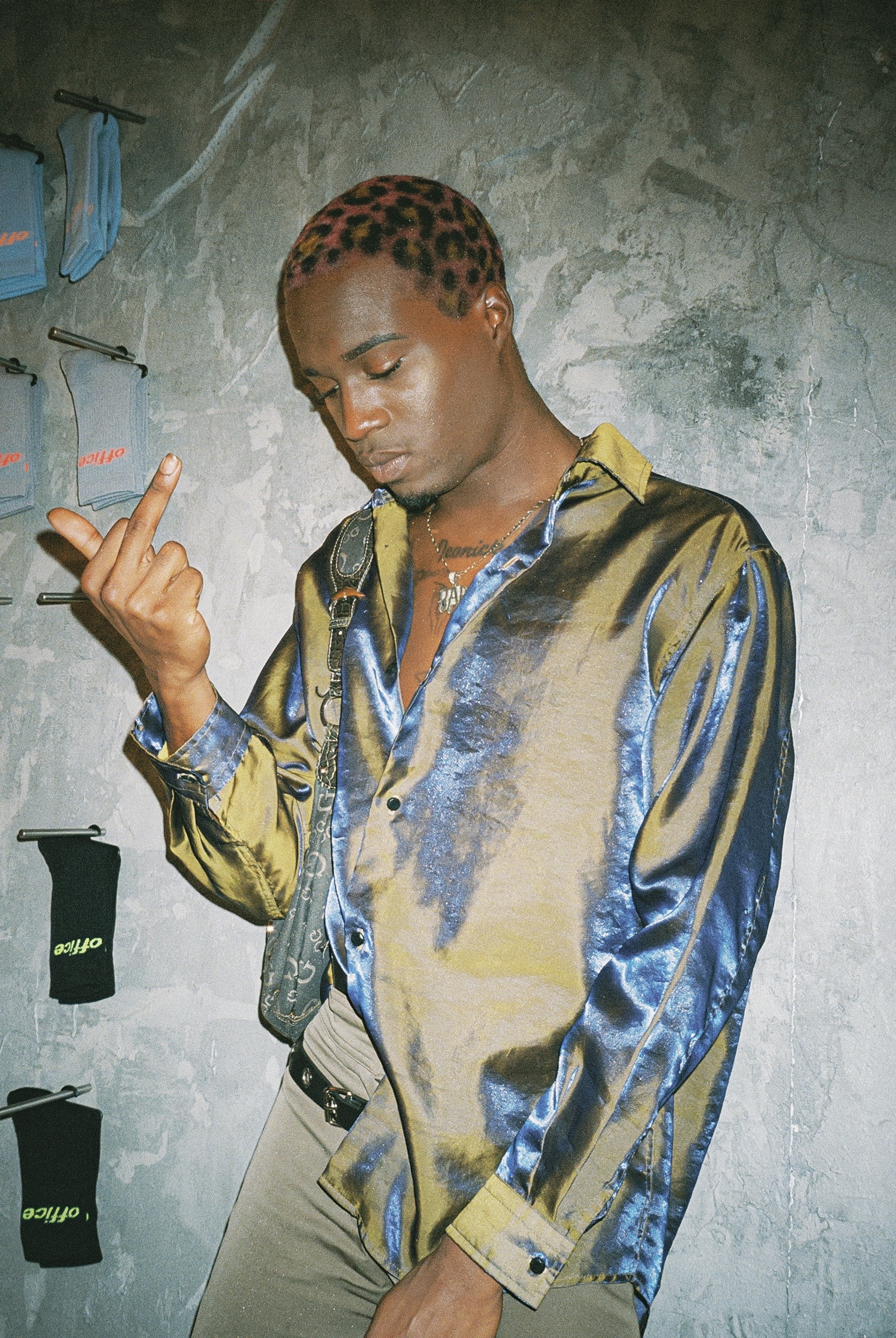
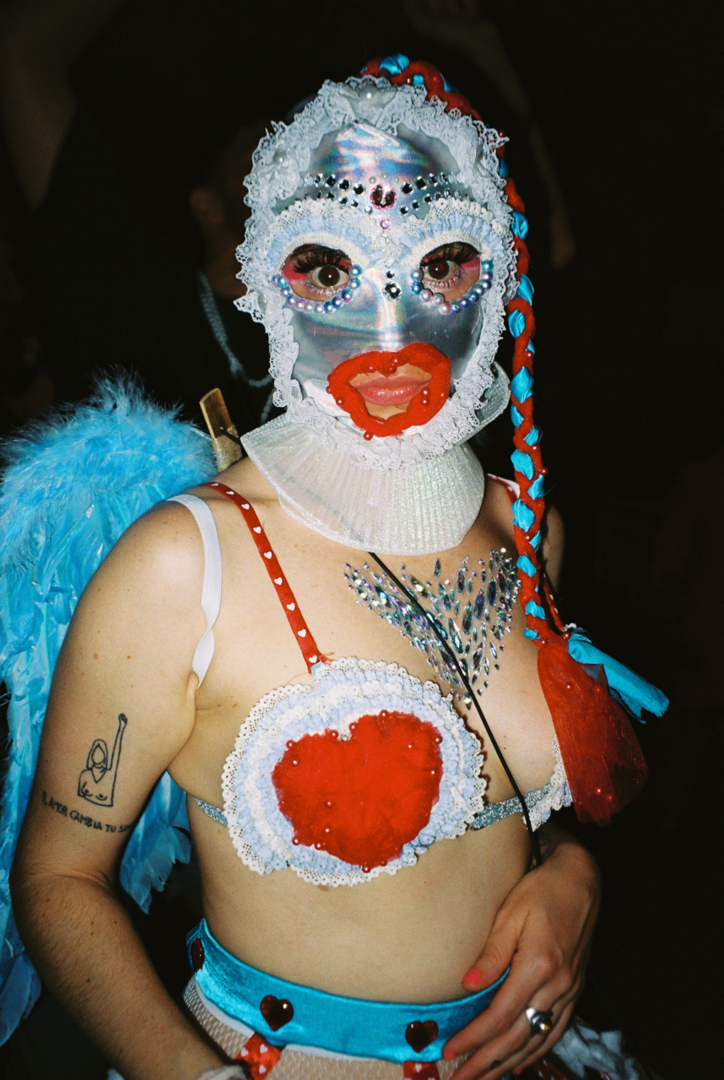
Through exploring substances as products of our own inner worlds, we each gain something — whether it be an reframing of what it means to escape, or an escape that leads to self-actualization. When we see drugs in art, often they're portrayed as signifiers of a greater cultural decline. What is deemed "morally forbidden" in society is often the characteristic of great art. There’s a certain rawness that allows us to connect to these artists in secret. Are vices merely a byproduct of art? Or are they a portal into art itself? In a small coastal city in Northwestern Spain, Galicia, photographer Alba Robbins brings the myths and folklore-like tales surrounding the island into fruition. After heartbreak, or what she deems a personal love crisis, she turned her rumination into capturing the ugly, rejects, imperfections, and the people she photographs who she calls her ‘Gods.’ Robbins doesn't want to patronize or galmorize her surroundings, but instead wants to "make the invisible visible," while capturing a freedom that everyone craves yet never allows themselves to possess.
Why do you call your subjects ‘Gods’?
I call them gods because when you choose someone among people you somehow make him your role model, your god, unconsciously and honestly. It’s not a random election. I choose my gods and photograph them, they represent a part of me and what I want to become as a person. I’ve always seen photography as a narcissistic passion.
Are you a spiritual person?
For sure!
Did taking these photos connect you to a higher sense of being, ie God, universe, high power, etc, whatever you believe in?
I've never thought about it, it's possible! I feel that the more cool photographs I get, the more pieces of me are filling up, as if it were a trivial task that has to be completed to take the next step, it's strange I guess! When I press the button and take the photo at the exact moment, it's like touching the sky.
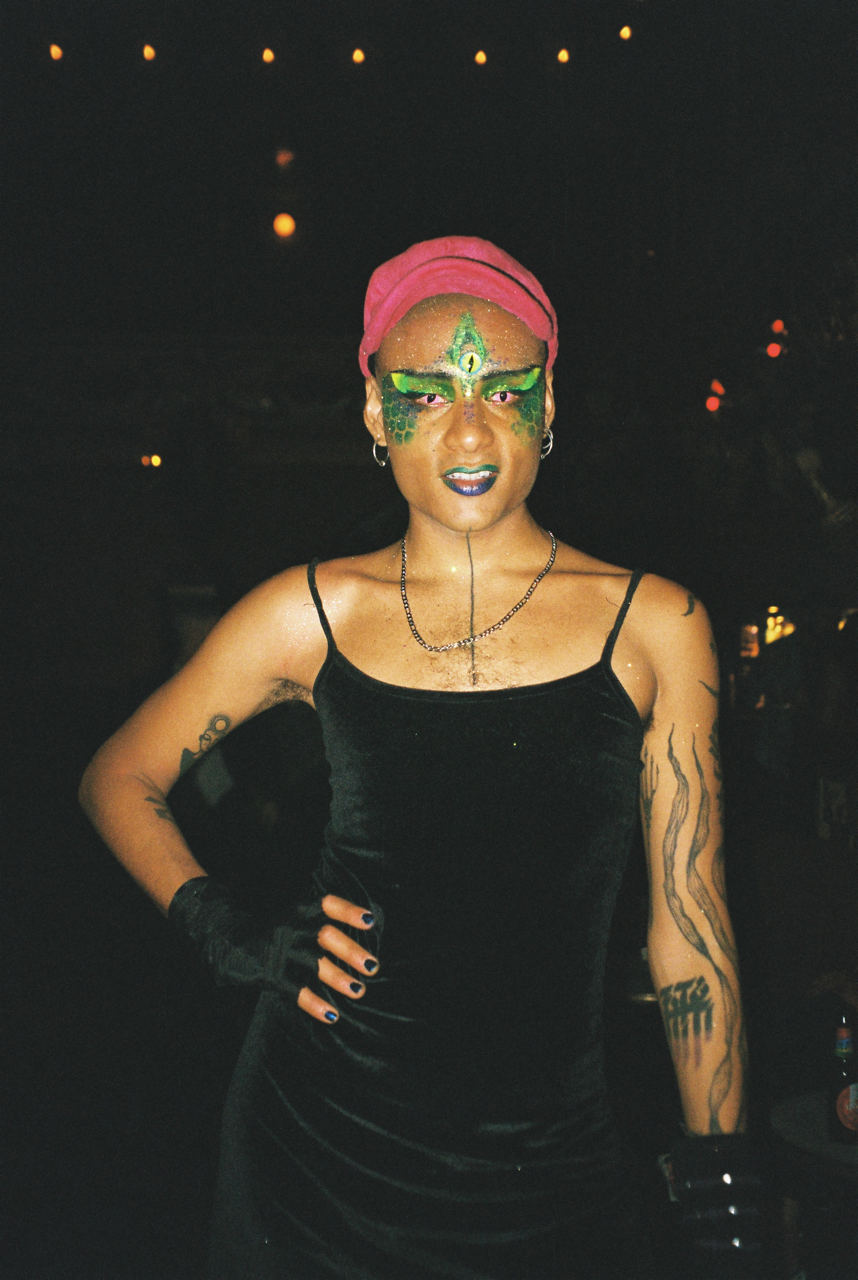
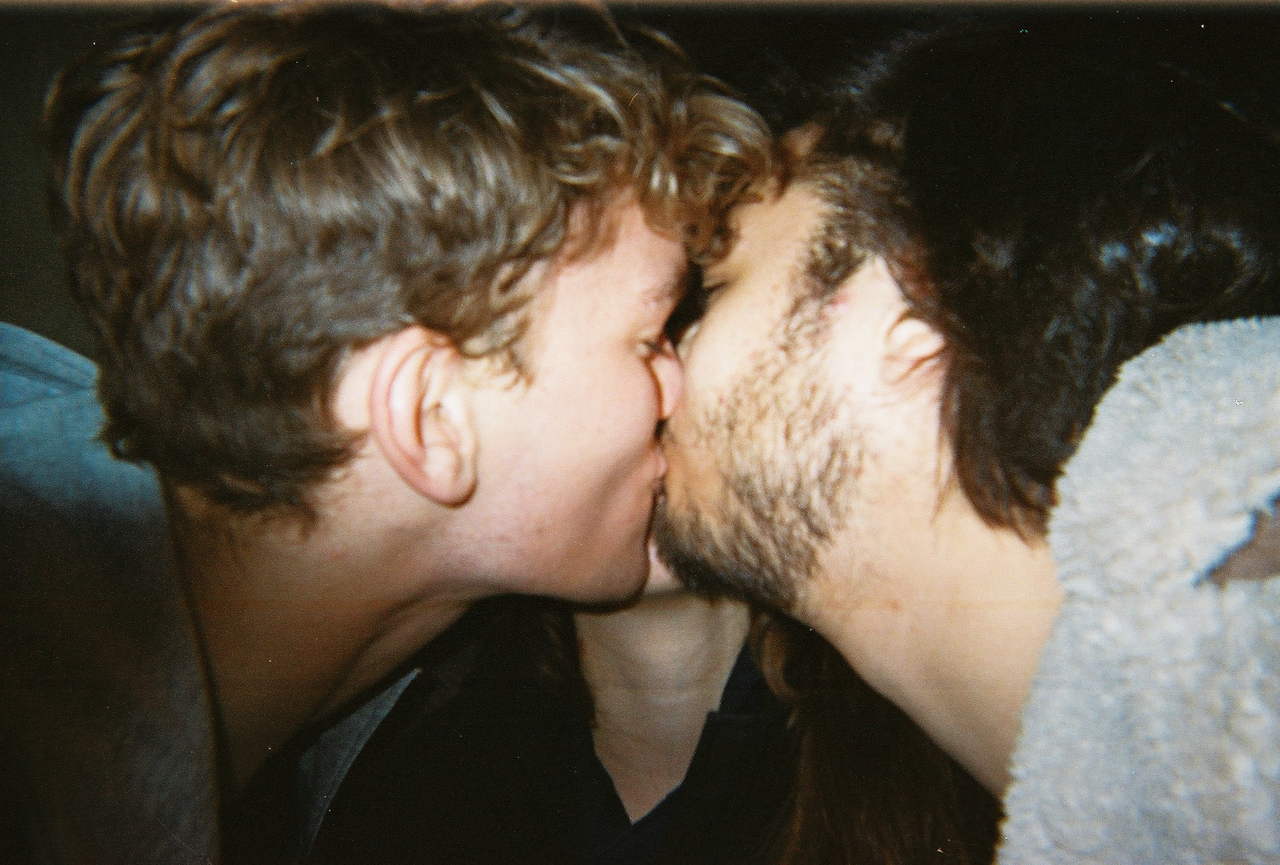
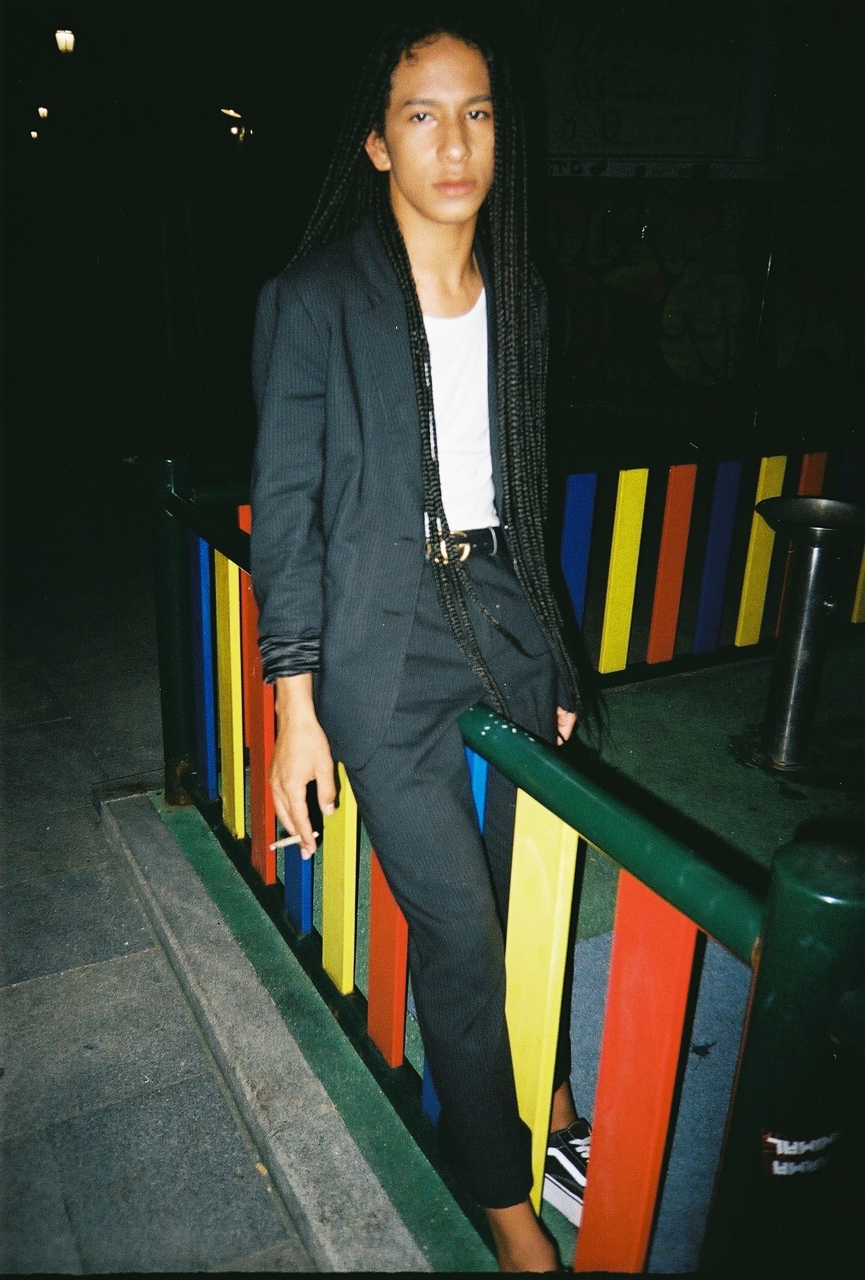
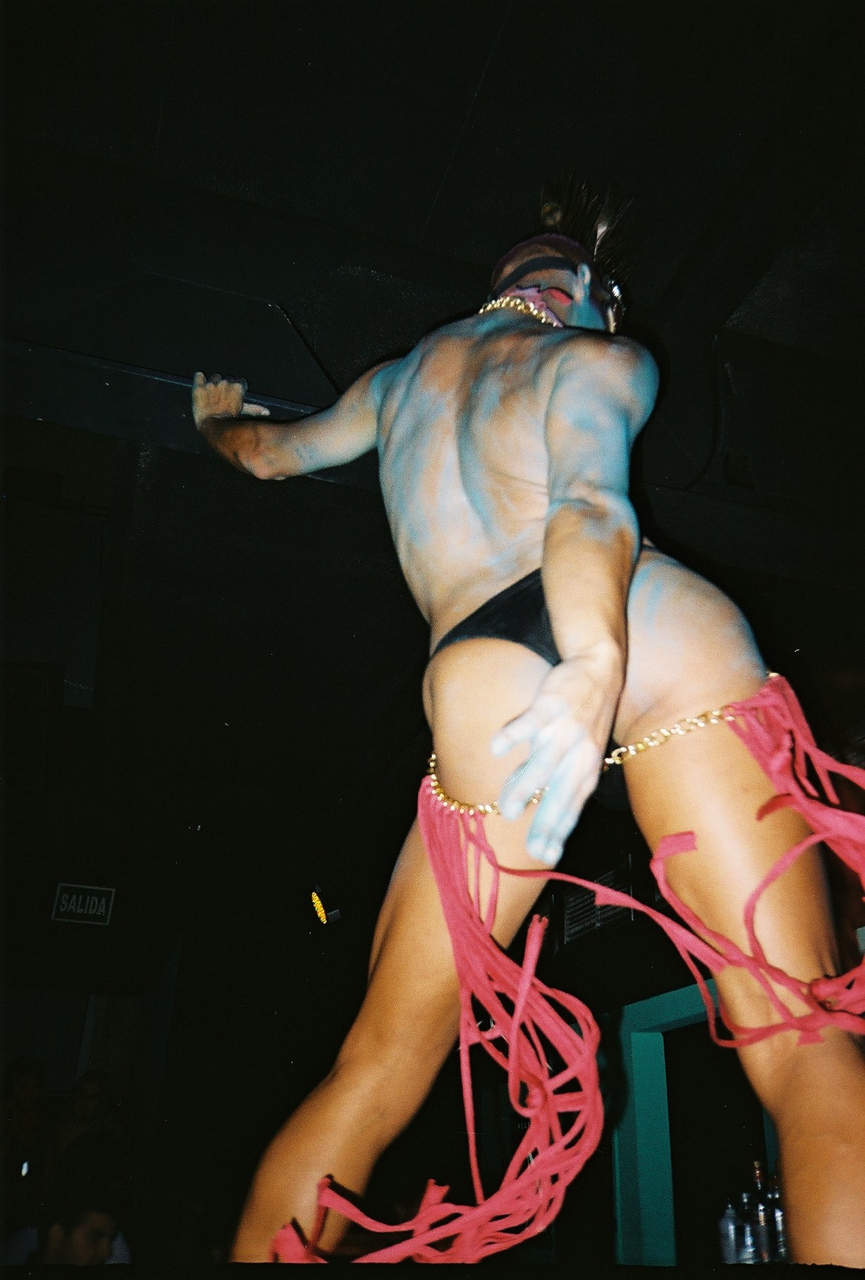
As she became comfortable with the camera, her work began to gain recognition. She took photos at parties in Galicia, met the characters of her art, traveled, spent time with her friends, and documented her surroundings. In her words, it was ‘a revolutionary act’ to push past the fear of rejection or failure stemming from her adolescent years, and allow herself to be alive for the moment and in the moment.
Robbins covered the mysticism of Galicia, the village festivals and town parties, sometimes lasting a weeklong. She partook in the rituals and traditions where censorship remains low. The area is disconnected from the rest of Spain, allowing drug use to remain steady and the environment to be forgiving. Attributing her Galician roots to her coming of age and confidence to come out, these photos also represent a time of heartbreak and loss, notably after suicide of a close friend due to the paranoia from drugs. The shock and aftermath reminded her that her life is changing and in one moment everything could be different. Instead of living a life that appeased others, these photos were her first artistic venture of individuality and setting herself free of the pressures of her family or overarching societal expectations. Her art became a practice of self actualization and to understand her own reality and what she was meant to do.
Just like the constellations in the sky connecting to form a particular shape, Robbin’s experiences also mimic a trail leading her to a bigger picture of her own existence. She said something that stuck with me discussing the focus of her work, “ I seek to harmonize the people who somehow live in society, but do not have those rights that the individual is promised as legitimate.”
Can you expand on the last part you just said?
“Your parents conceive you for a purpose alien to you. You’re born with an identity alien to you. You grow up and they tell you what to do, stupid things like not falling down playing in the park. You arrive at school and your classmates judge you by your socially accepted beauty, any outfit or hair you innocently wear. You have your first awkward and ephemeral heterosexual relationship because of the social pressure of not being the last virgin of your group of friends.
Suddenly you have to choose what to study for the rest of your life. You already feel the social pressure of choosing a career with job openings if you won’t be a failure. At the moment you are 20 years old , finally you study business administration and labor relations and you have not decided anything in your life, and neither have you felt comfortable just being who you are or who you want to be.
You get to 30 and you conceive of a purpose, your daughter is born with an identity and we start another meaningless life cycle, harmony does not exist.”
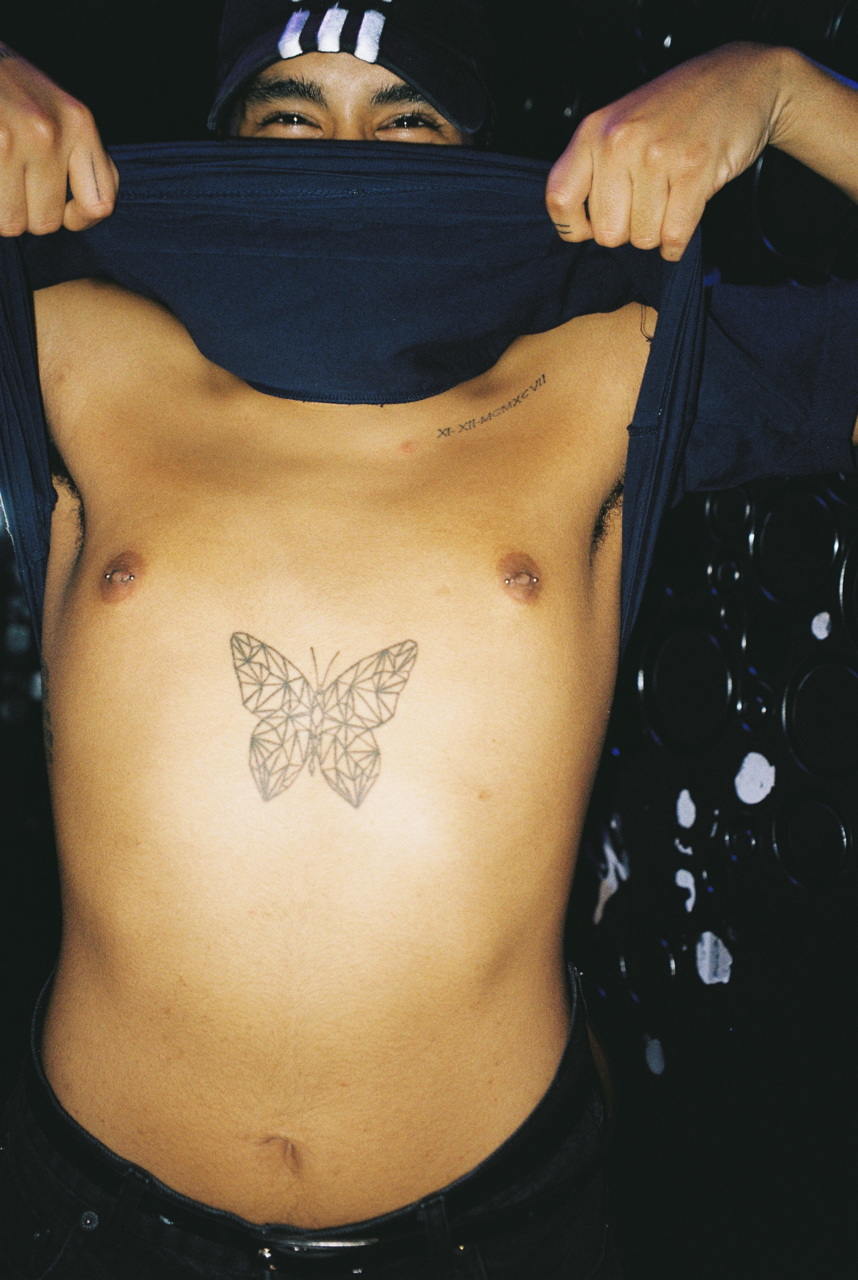
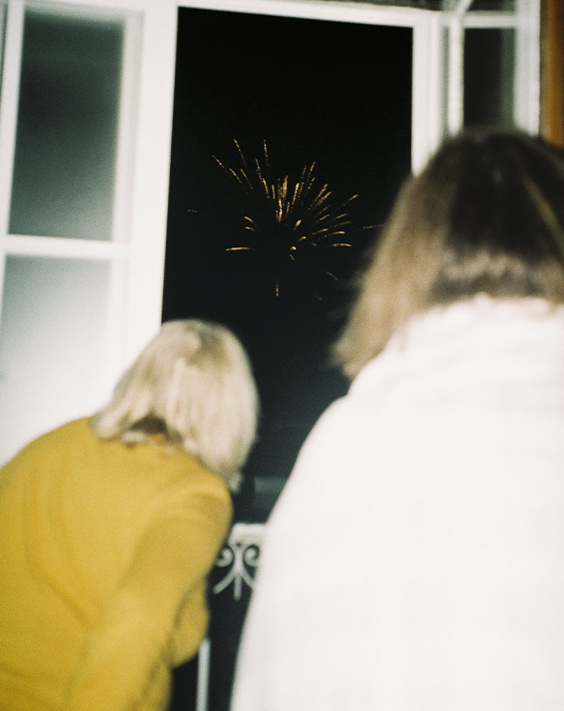
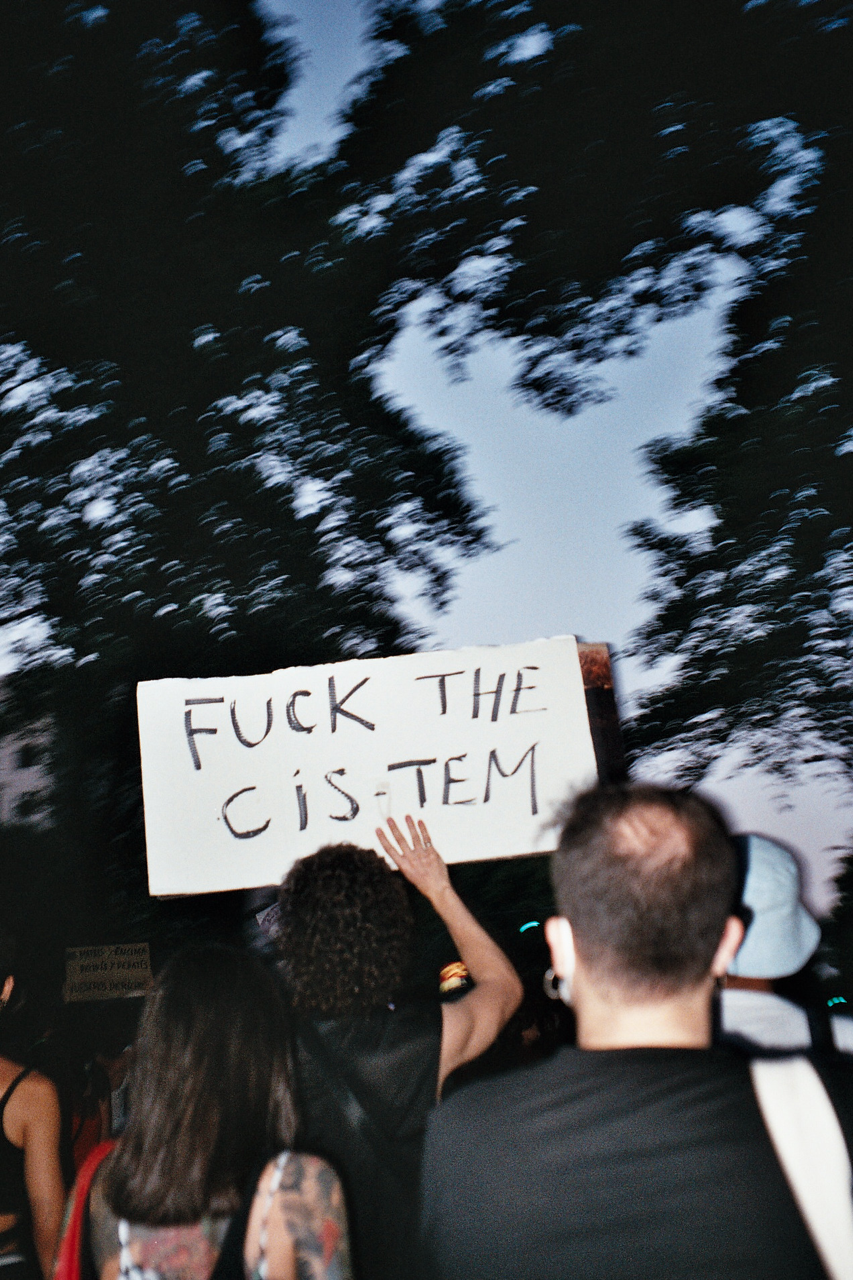
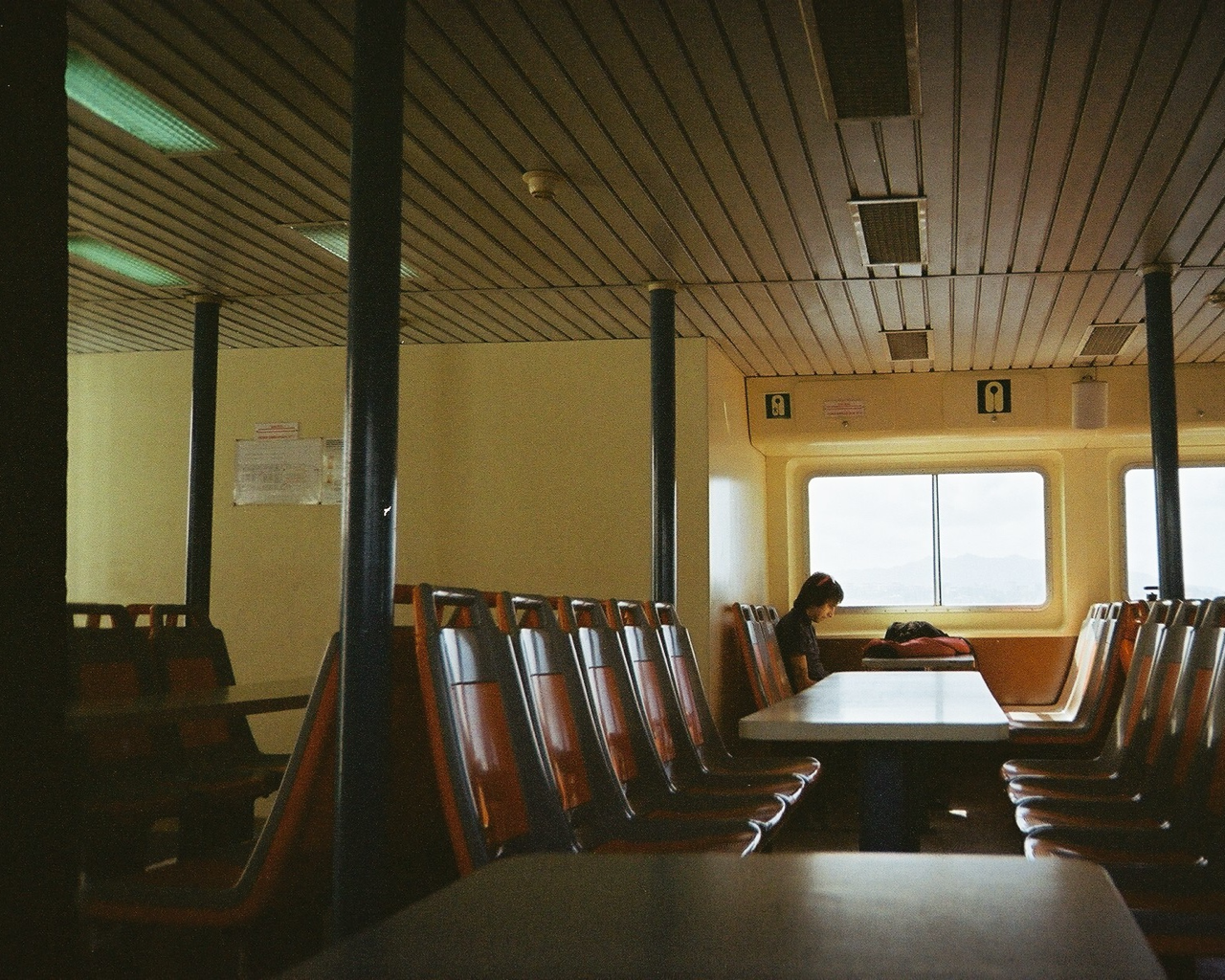
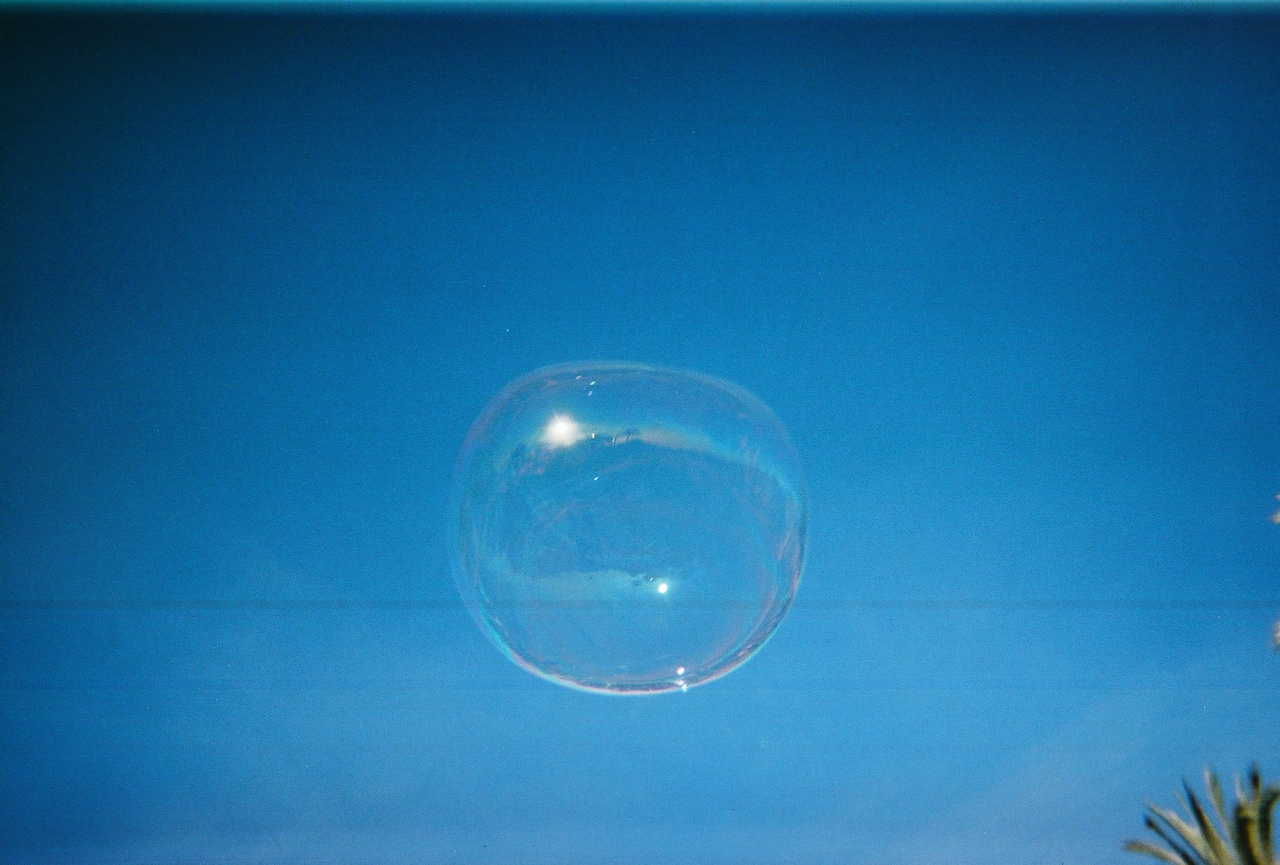
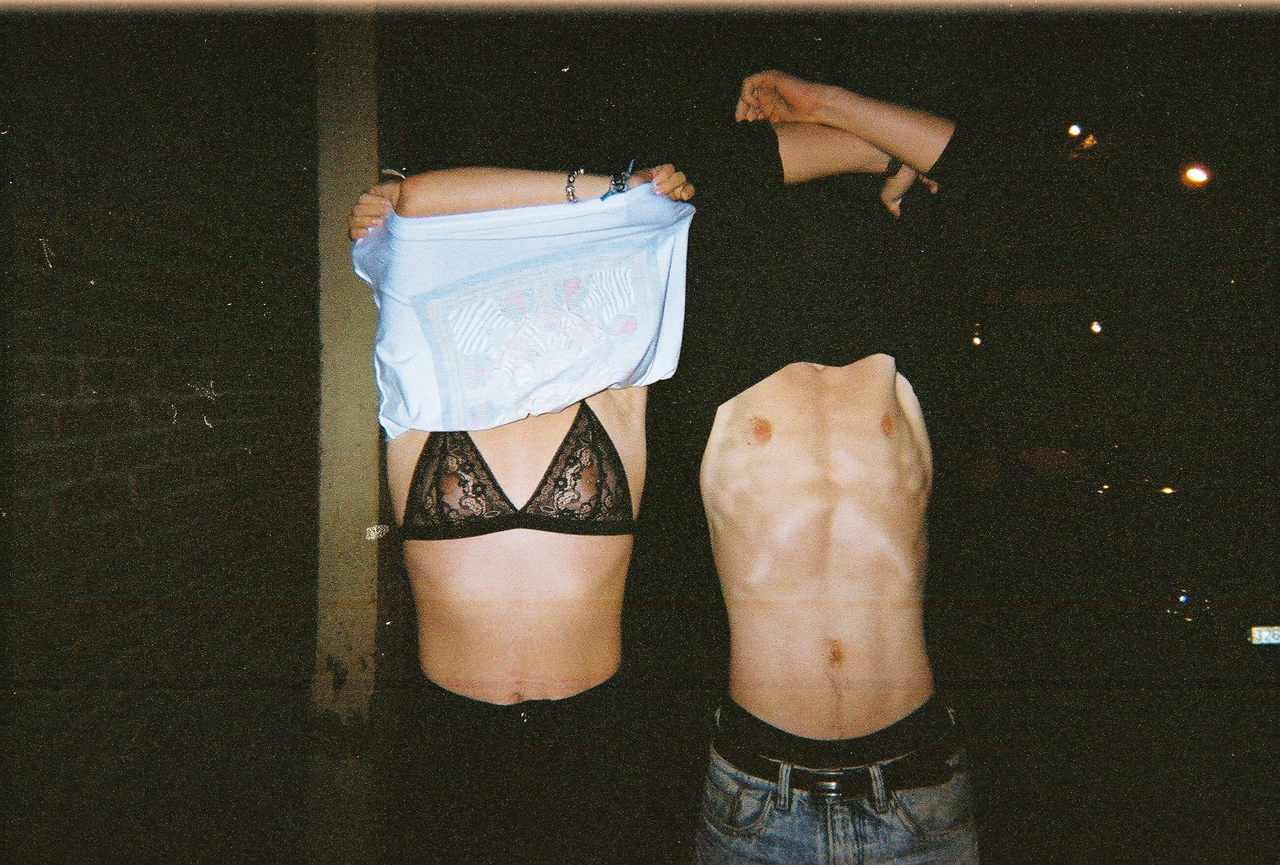
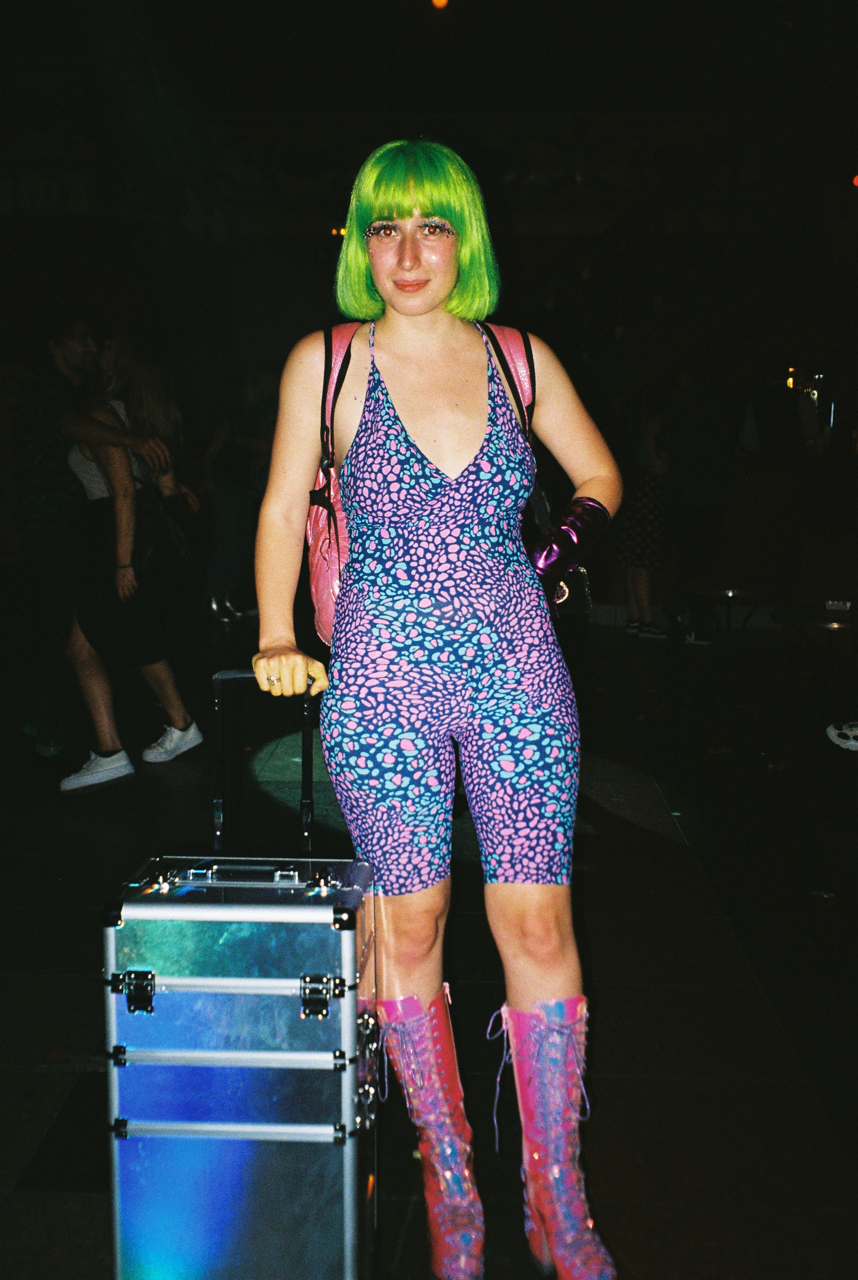
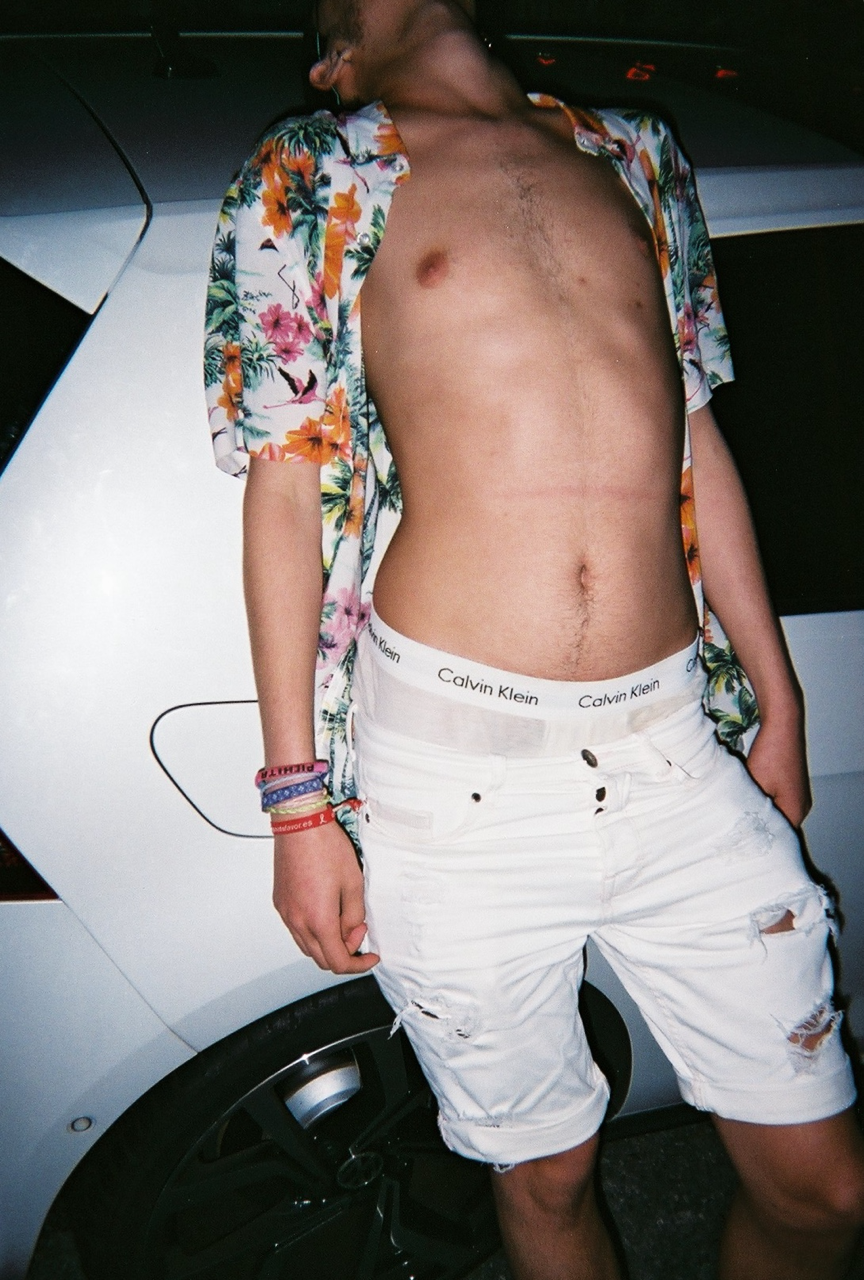
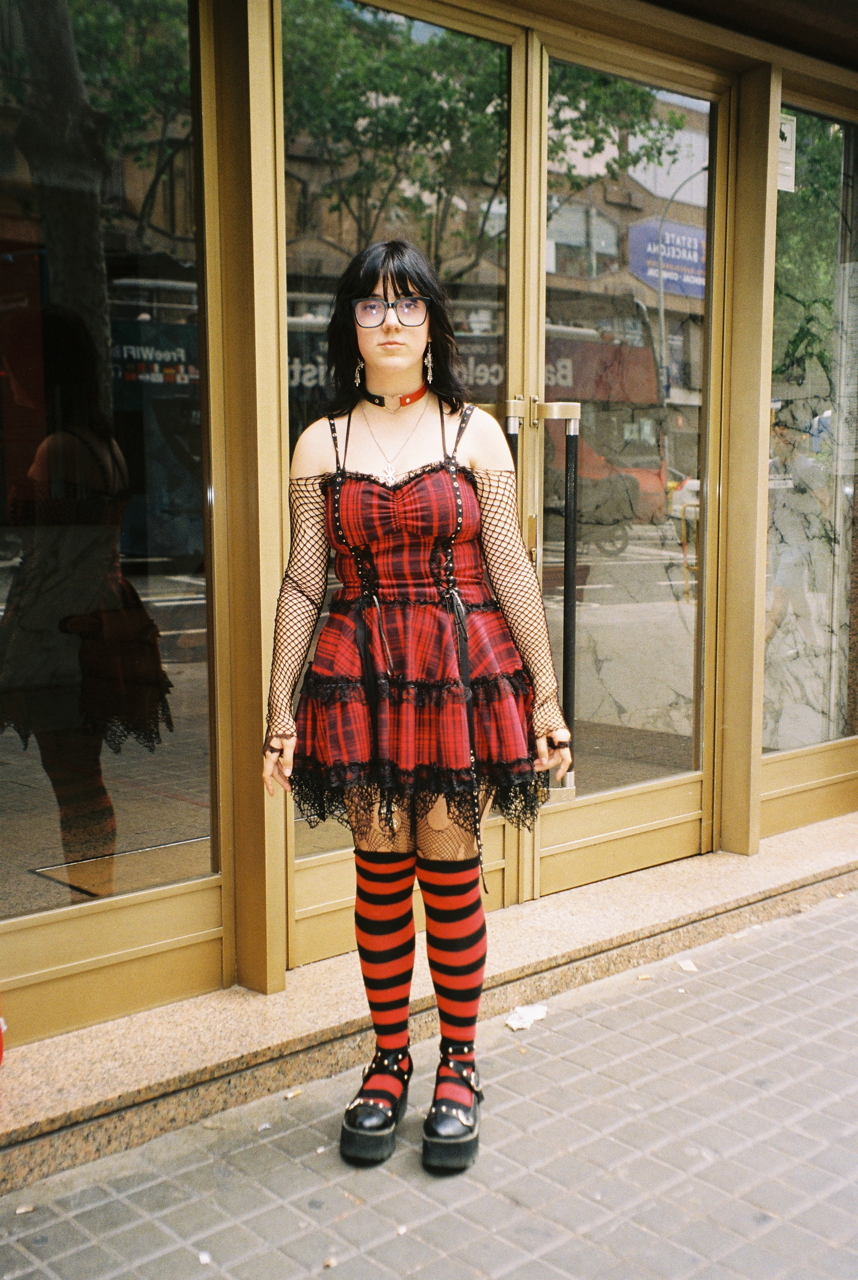
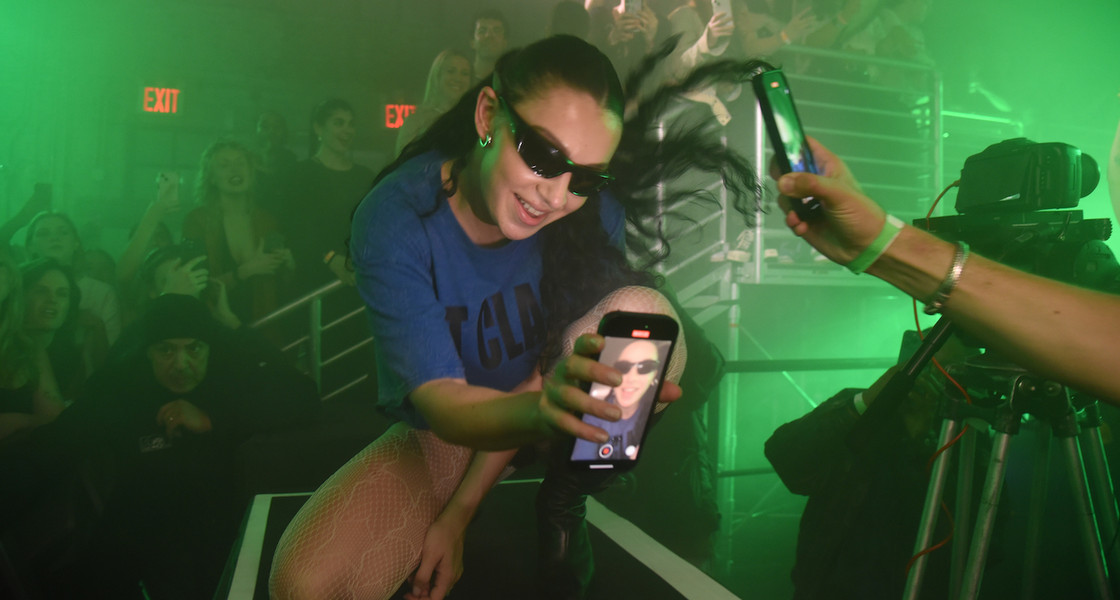
Atom Vegas— It was madness, literally like a cult worshipping a deity. She had so much aura and stage presence and didn’t touch a mic once. Seeing her live made me complete. Getting inside was like a video game with different levels and seeing Charli play was the final boss.
Dominic Polsinelli— It was exactly what you'd expect — a mix of Bushwick twinks, industry standards, and nightlife fixtures. There was definitely a desperation from everyone trying to get in but I think the air of exclusivity was a facade more than anything. My favorite moment was when Charli pressed play on Vroom Vroom and kept scratching back her CDJ before the verse hit, everyone was so ready to pop off.
Nicolaia Rips— I wish I could’ve shaken ass more but I was on the clock for Gentleman’s Quarterly. I love you Charliiiii.
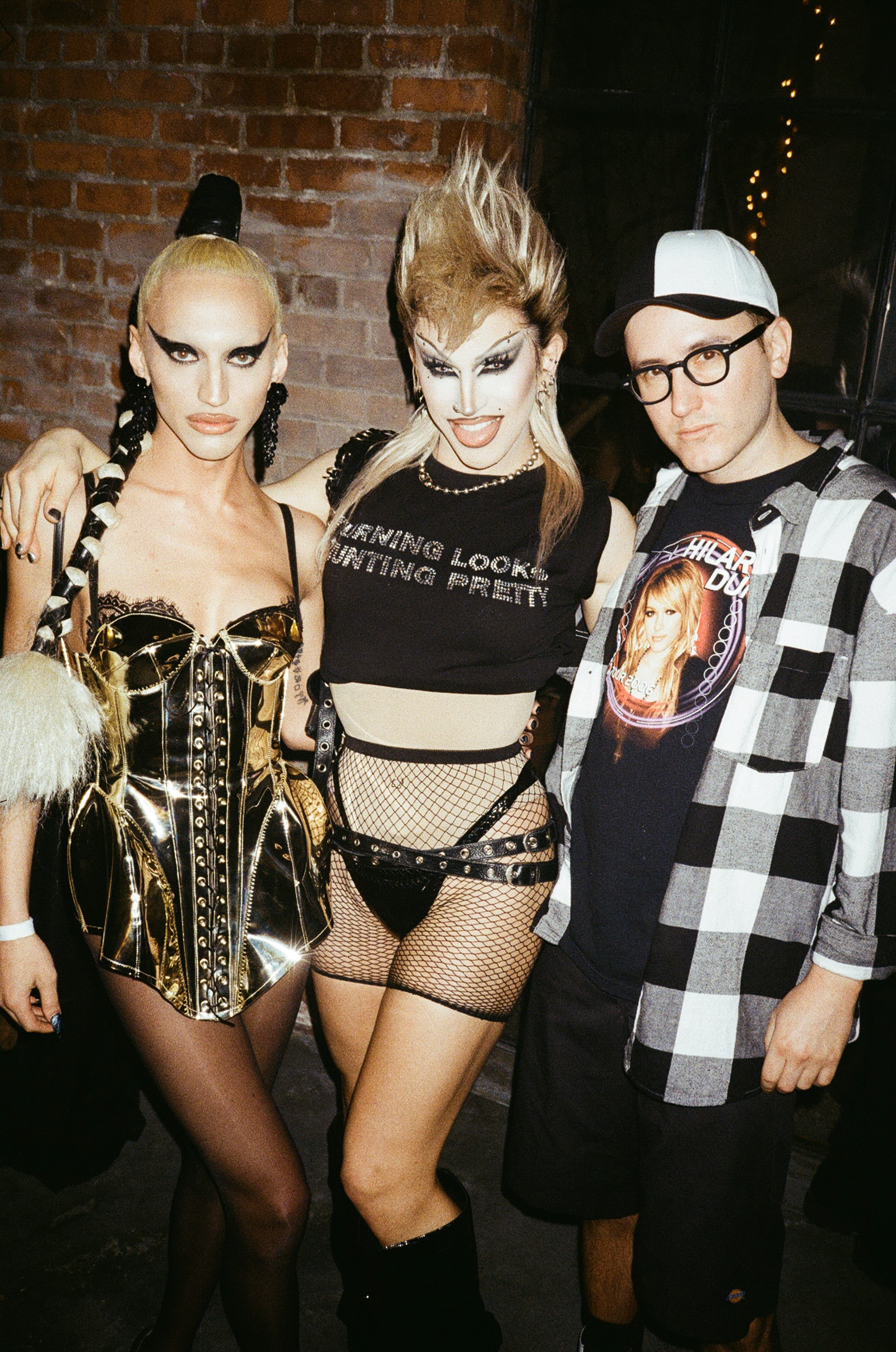
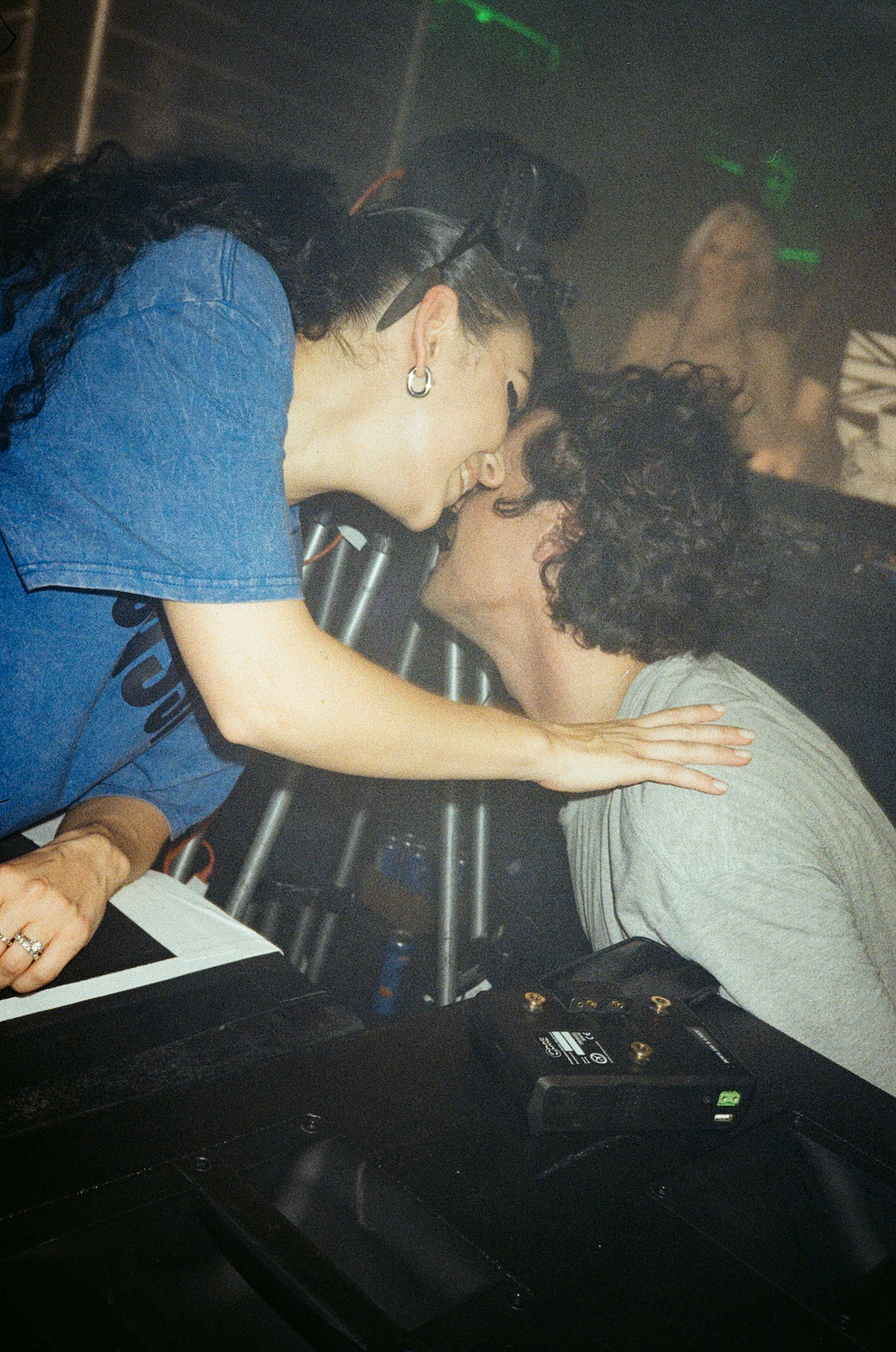
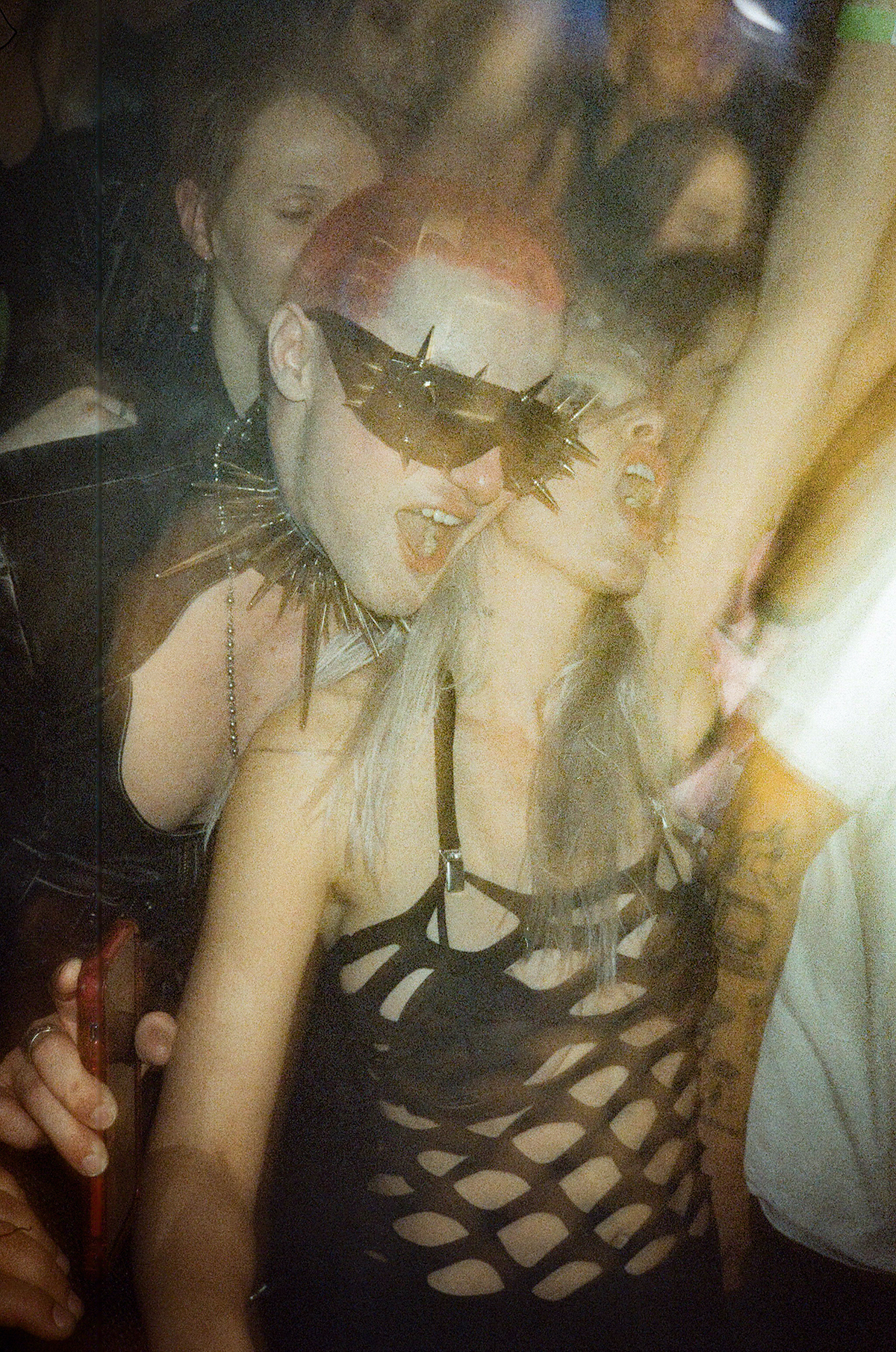
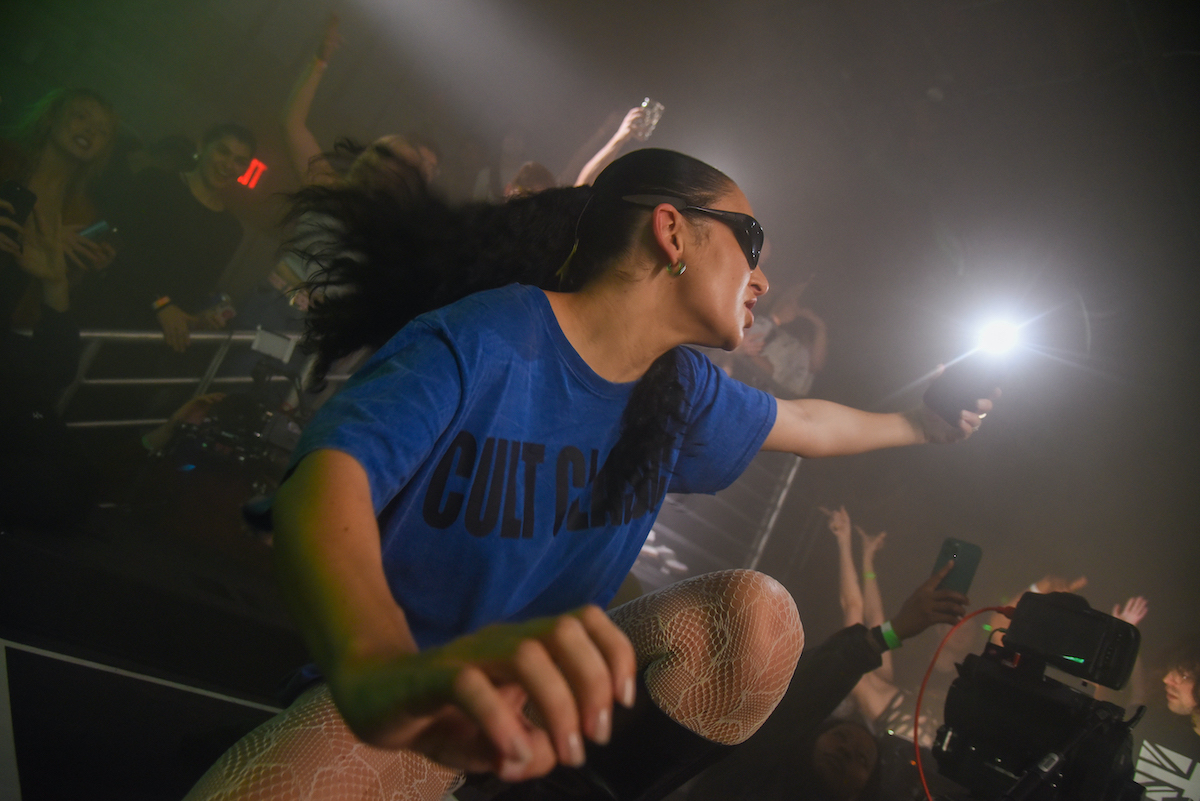
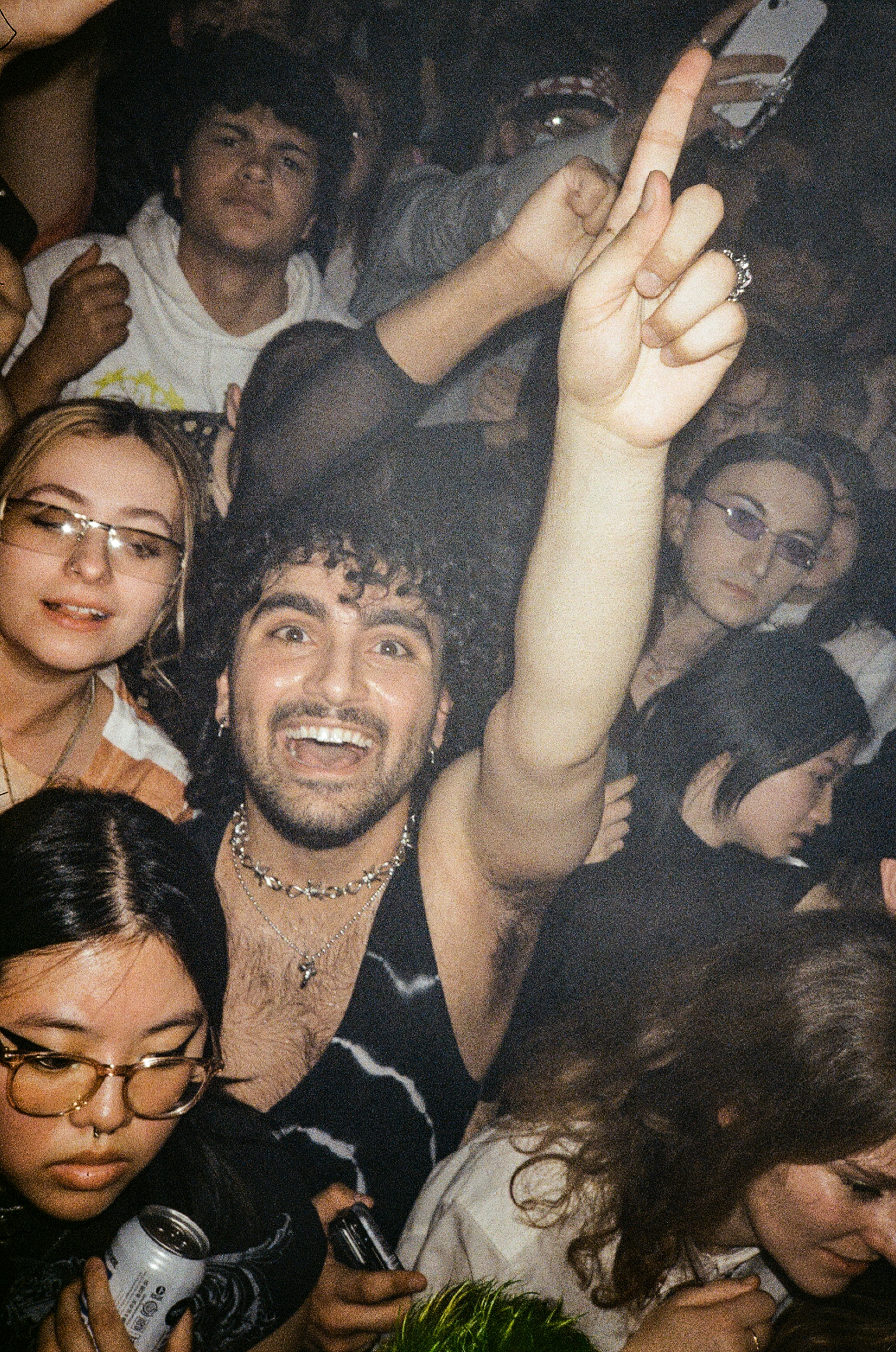
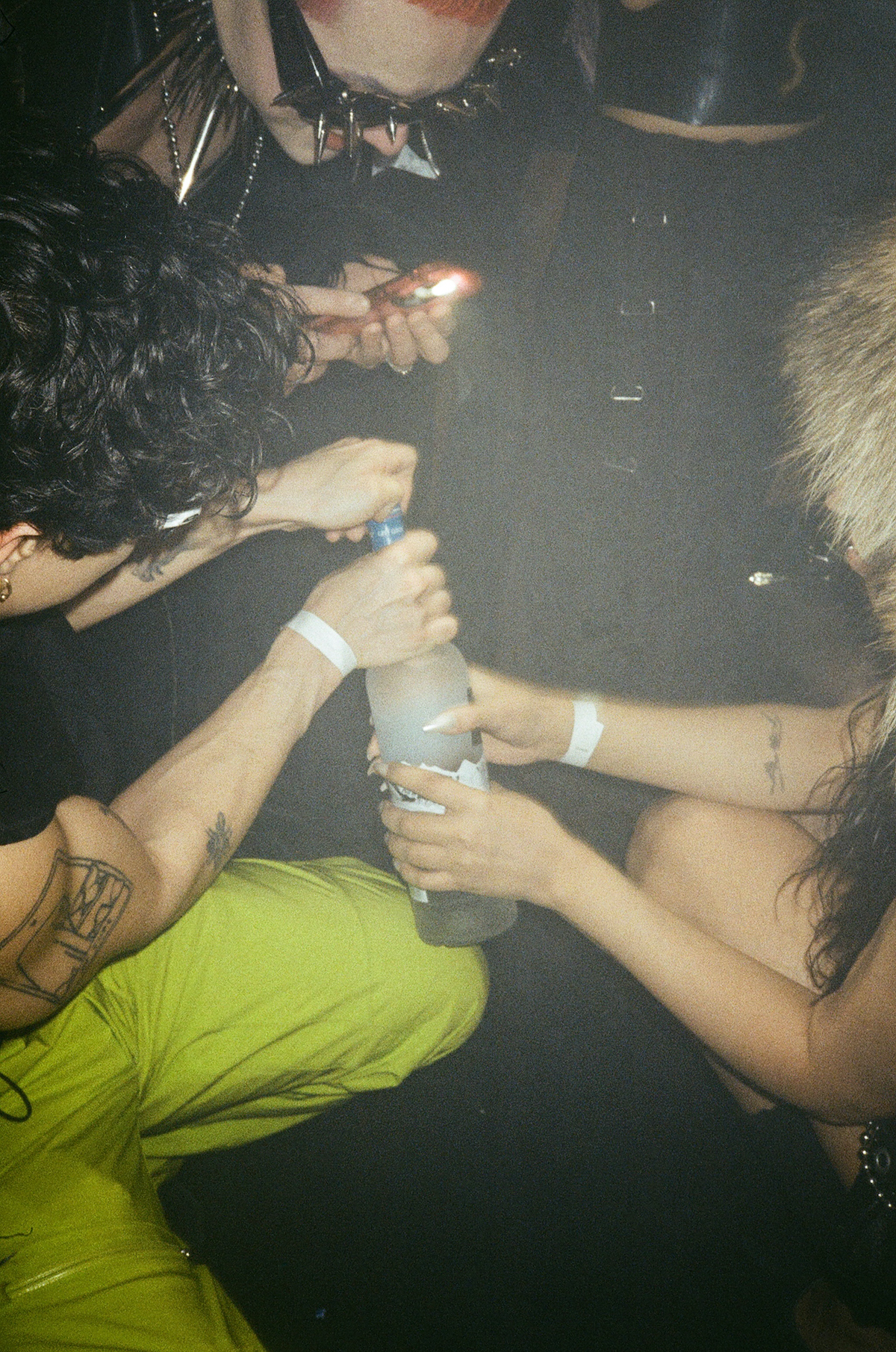

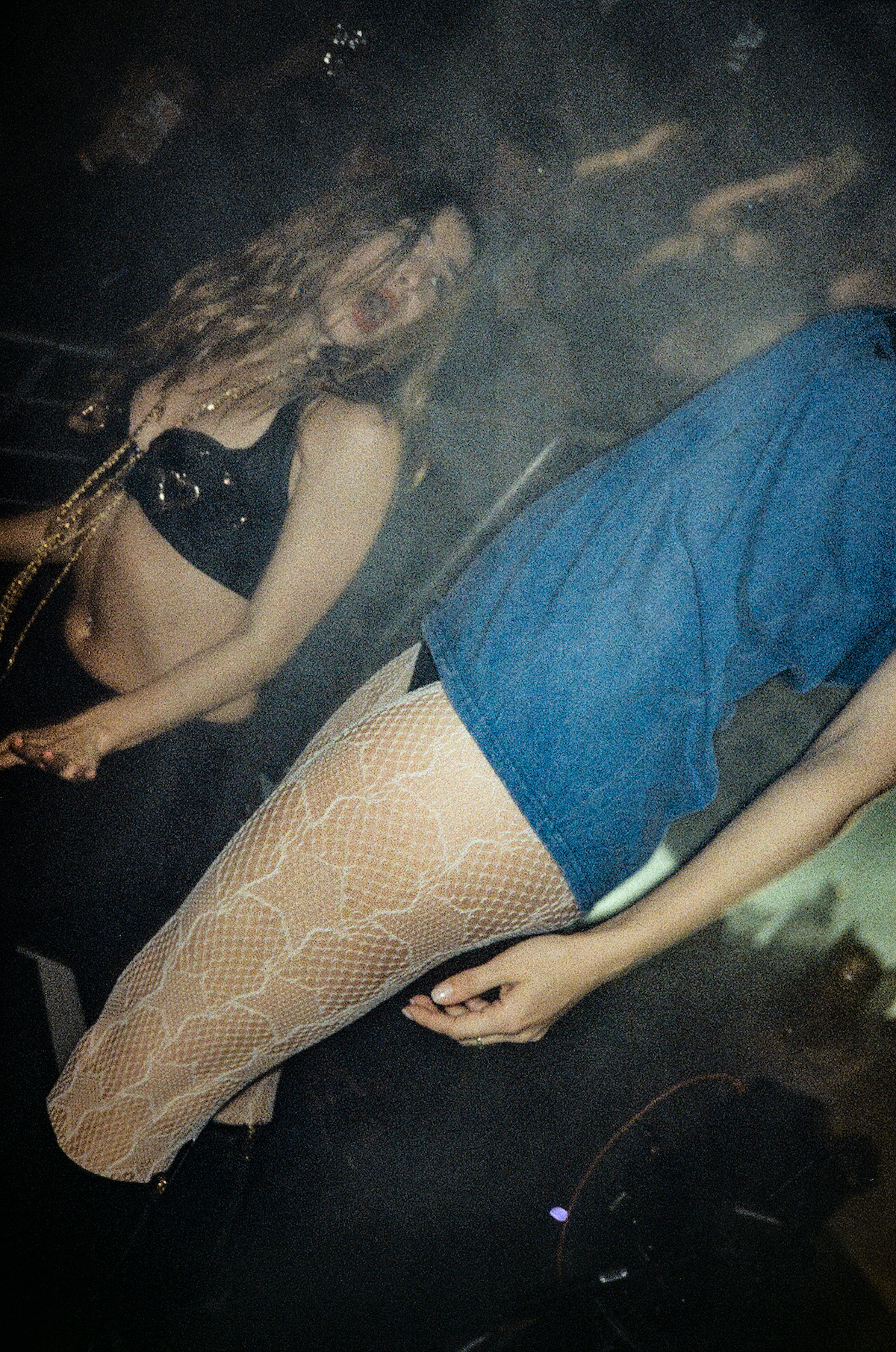
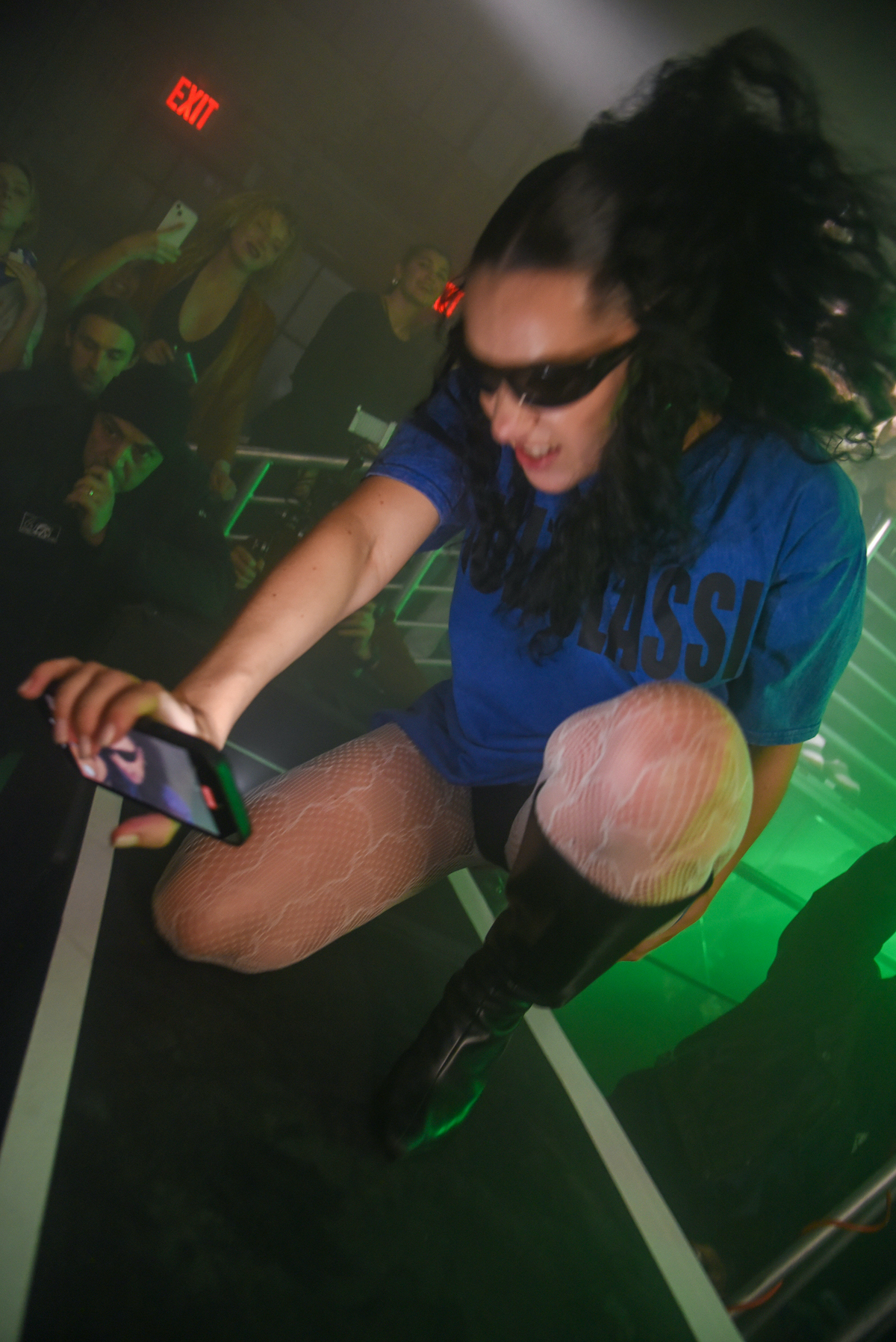
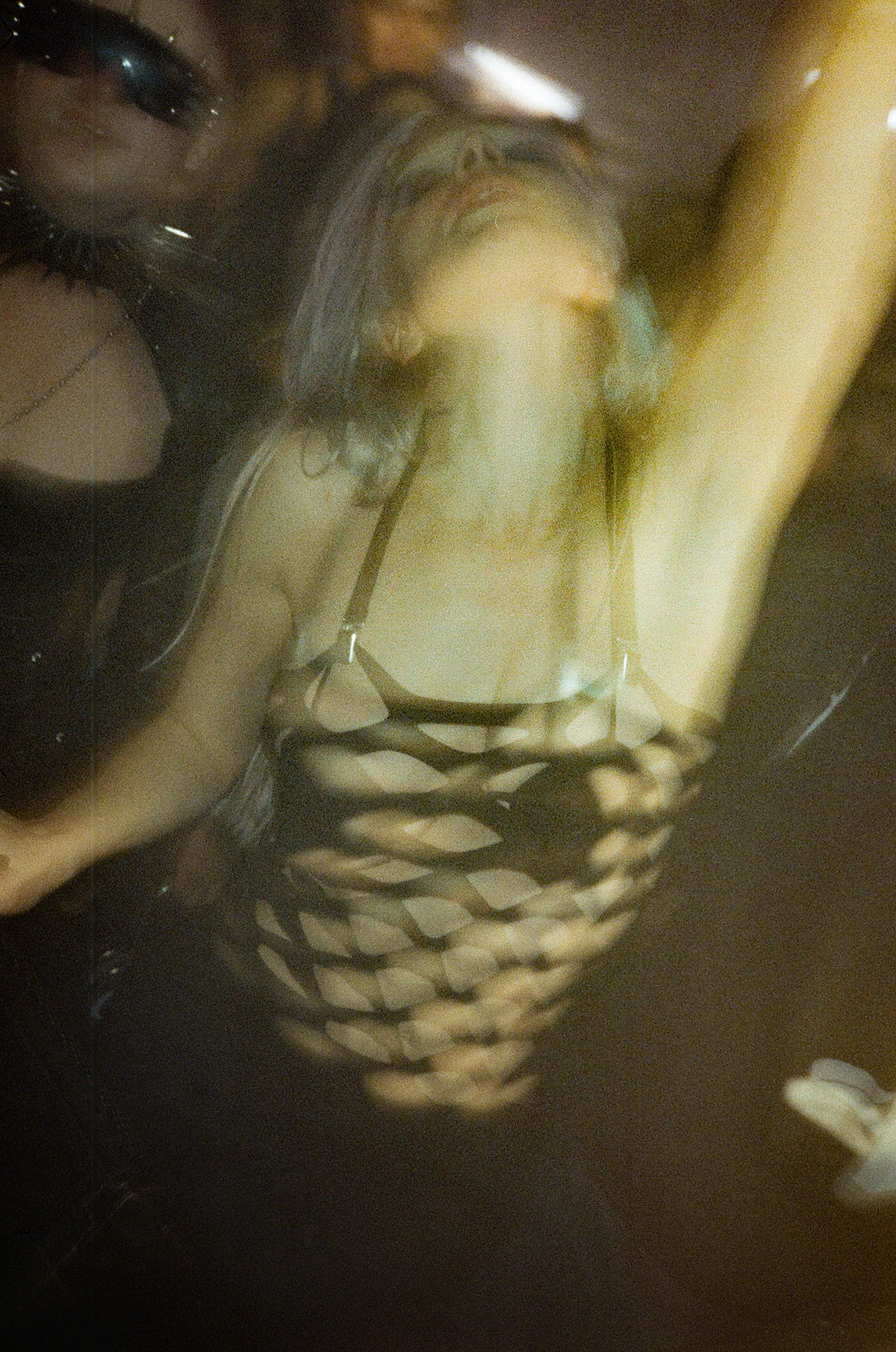
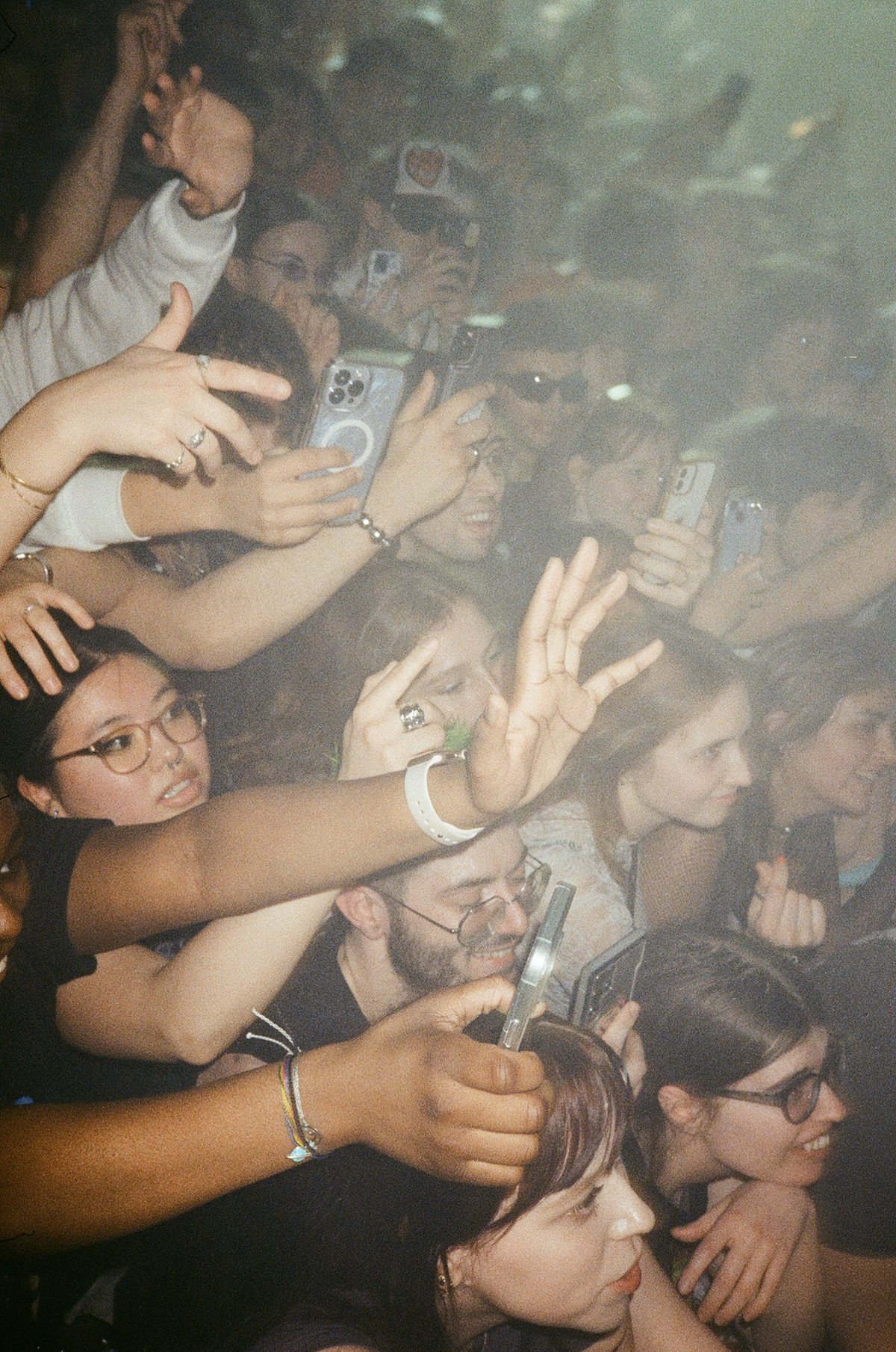

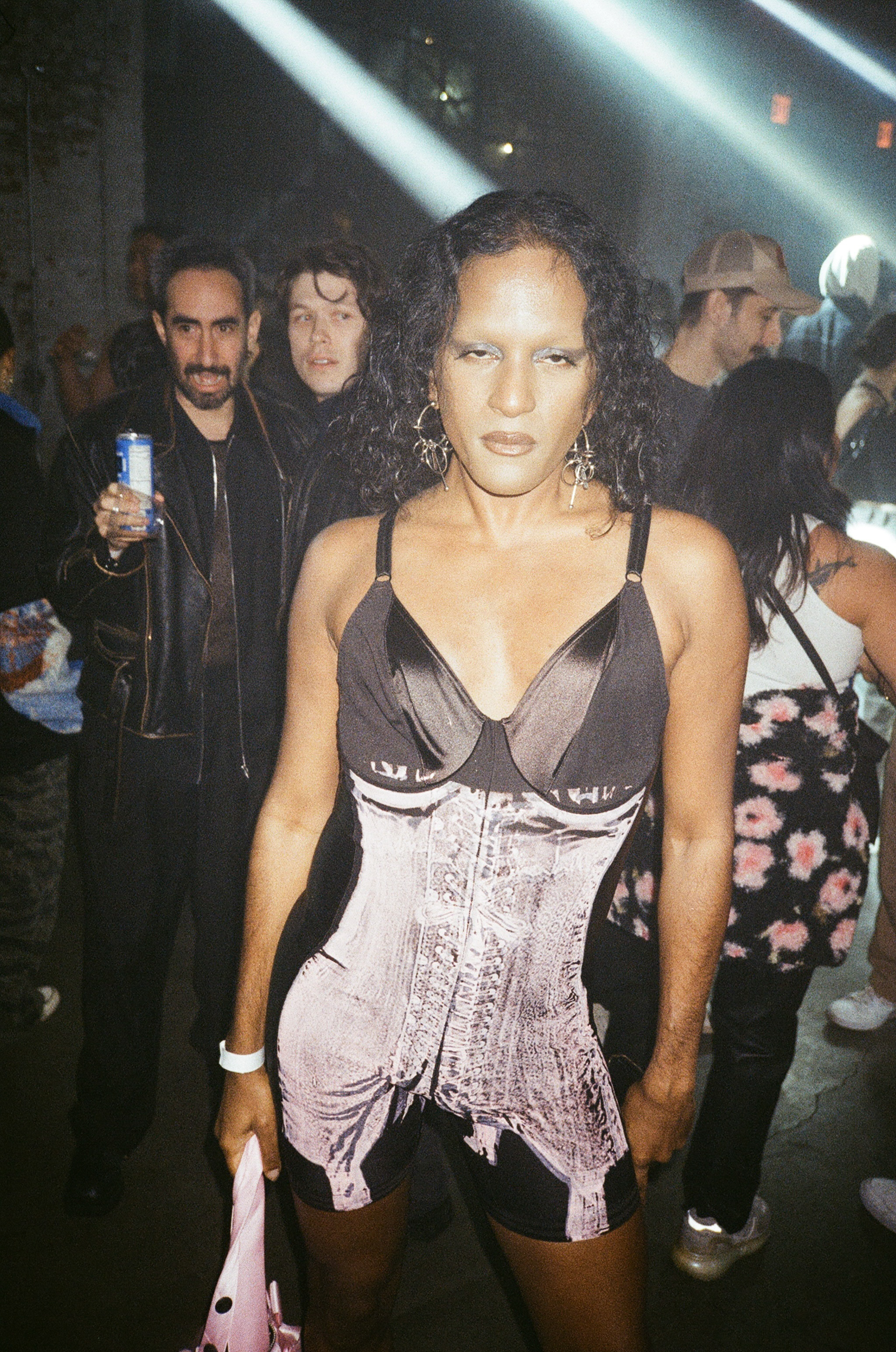
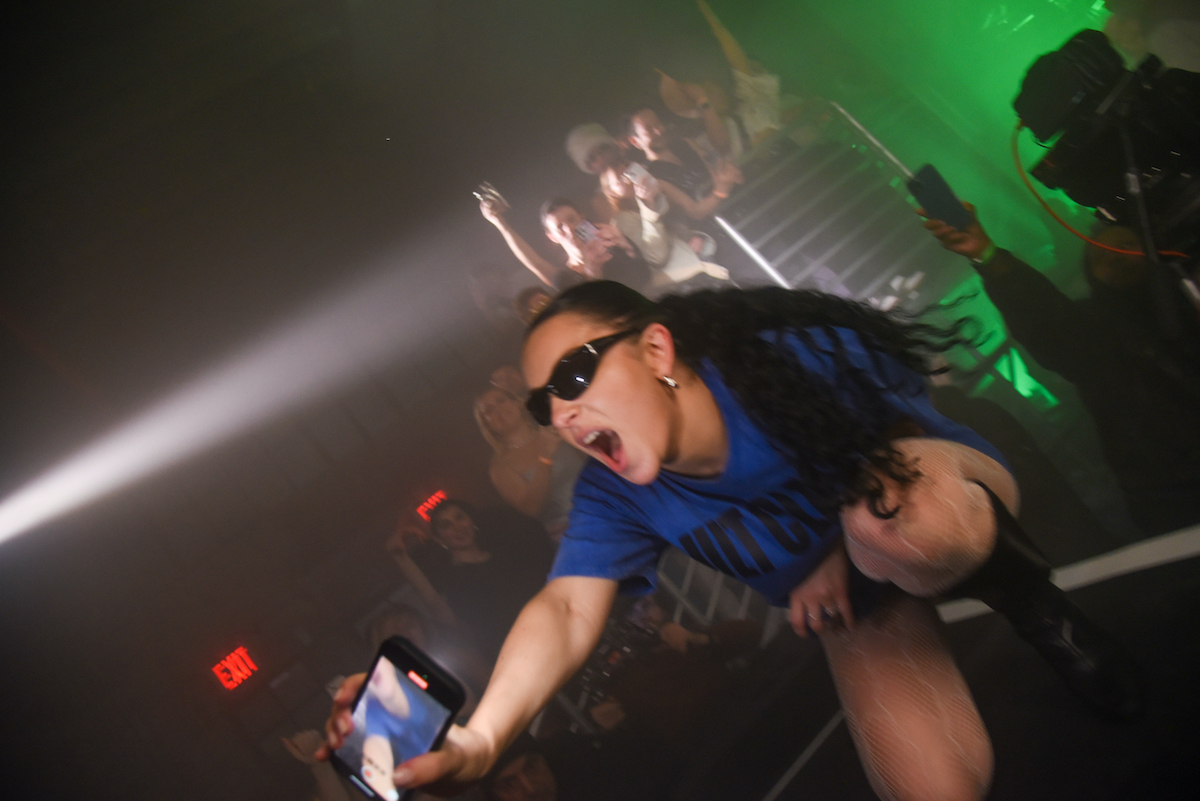
Clara Perlmutter— I got there early — probably first 20 people in — and staked out the part of VIP with the best view and didn’t leave my spot all night, so I was kind of unbothered and away from the chaos. A lot of people densely packed together, writing and dancing, trying to get Charli to take their phones. I braved this party sober because of my antibiotics. And YES my ears did hurt.
Matt Weinberger— Sweat, love, and tears of joy filled the room! It was an epic night! This is why I love what we do! This is history! This is culture!
Matthew Danger Lippman— Elvis, the green room bartender, was a very chill guy.
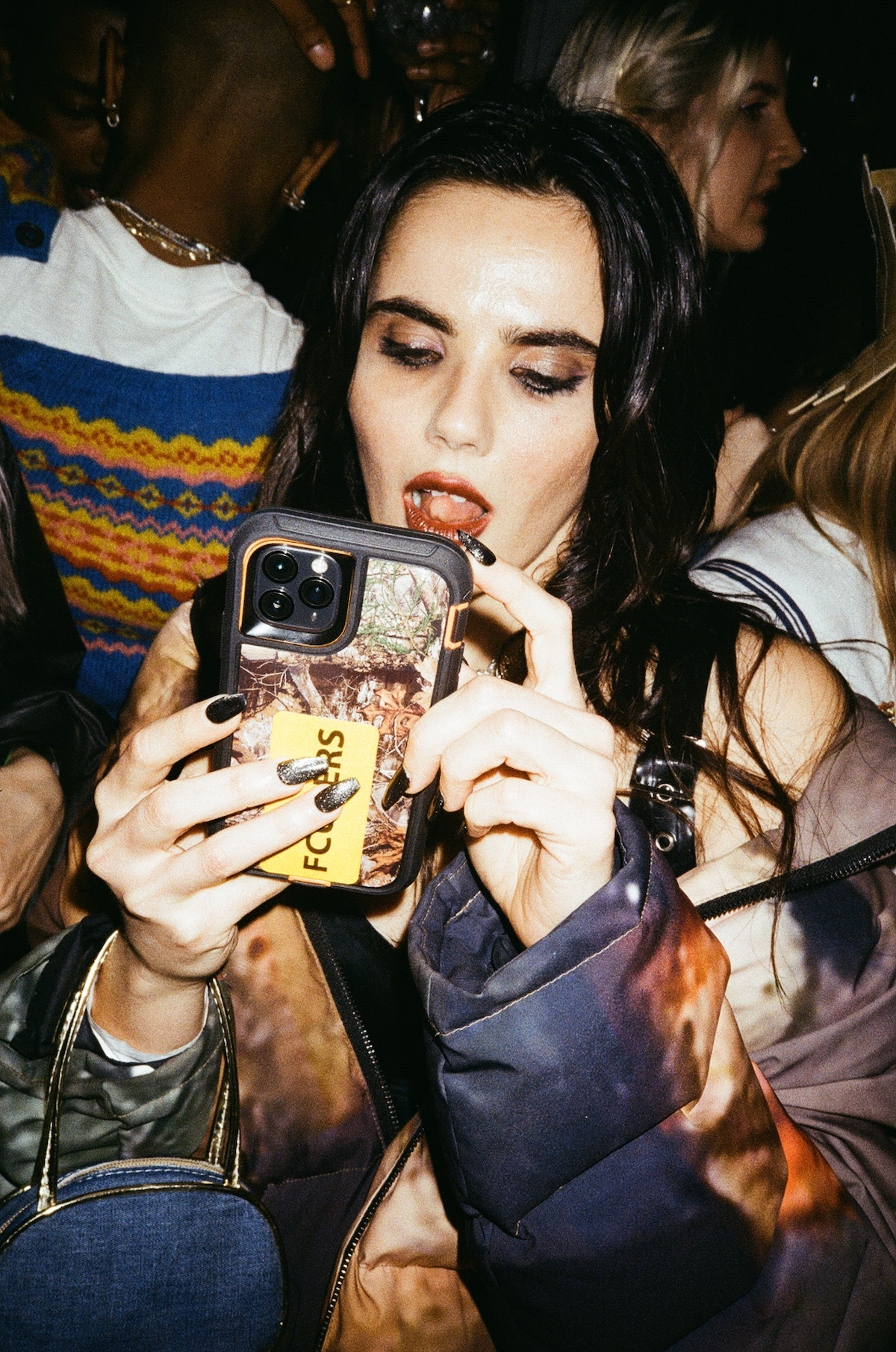
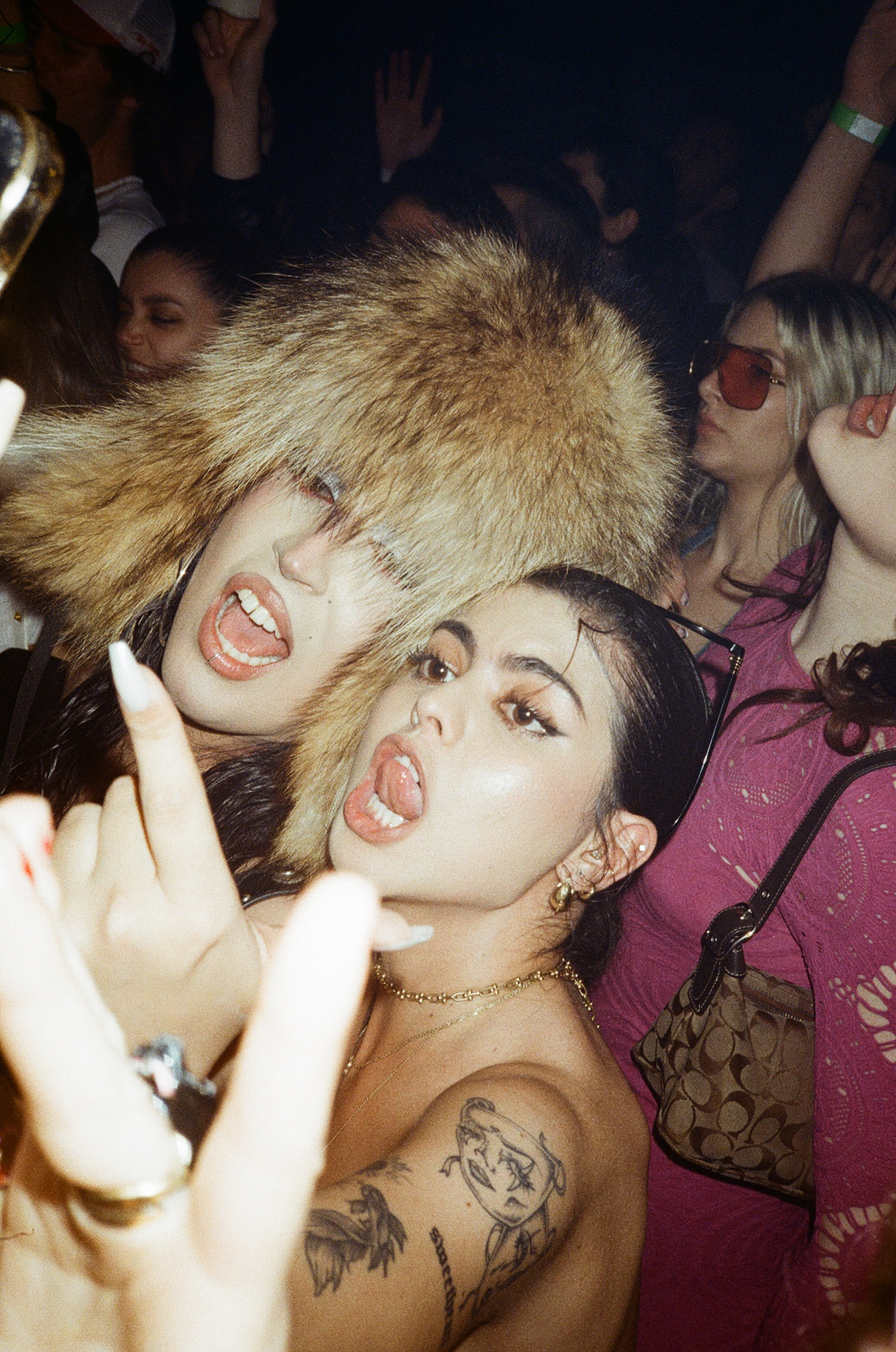
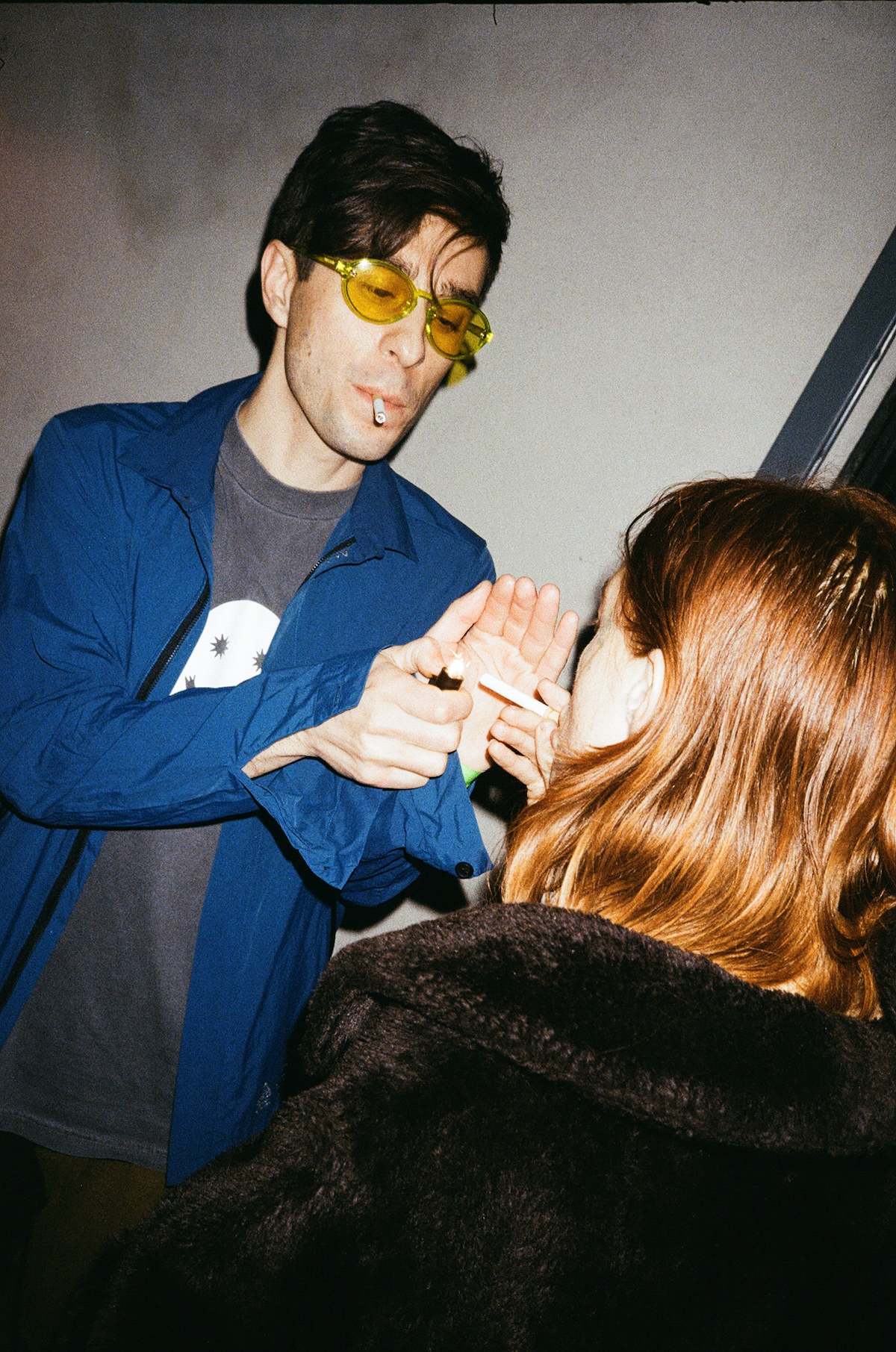
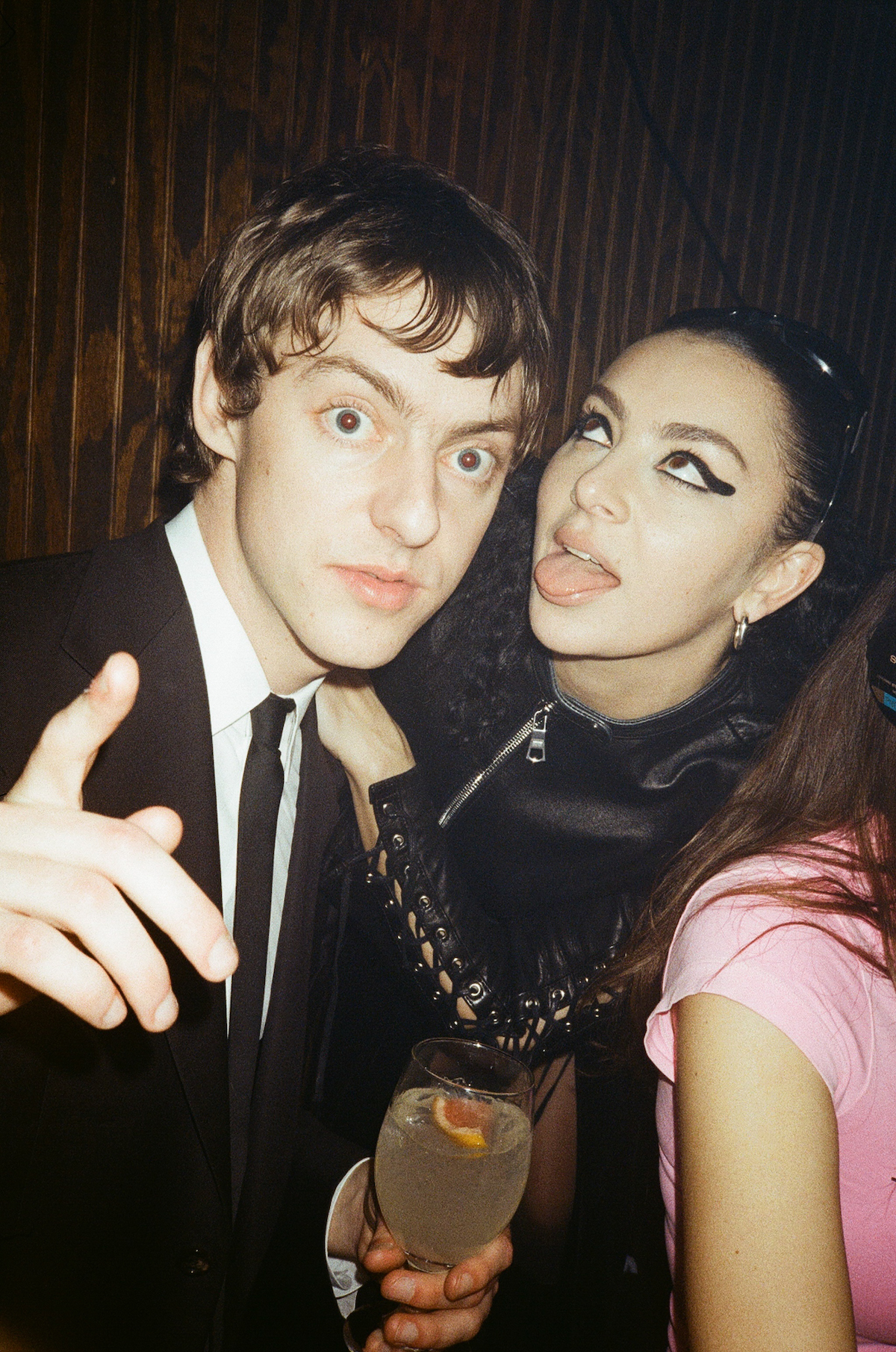
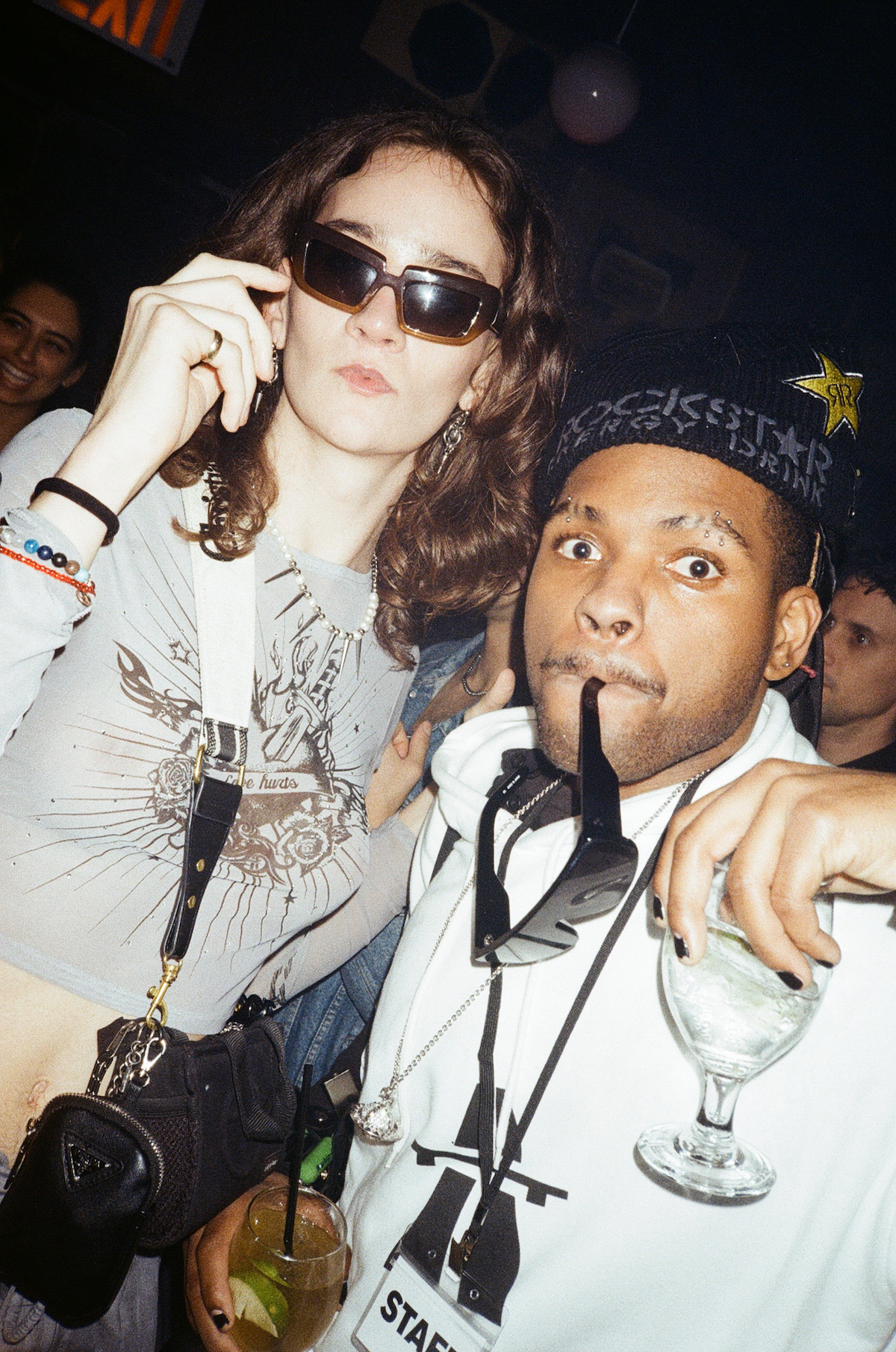
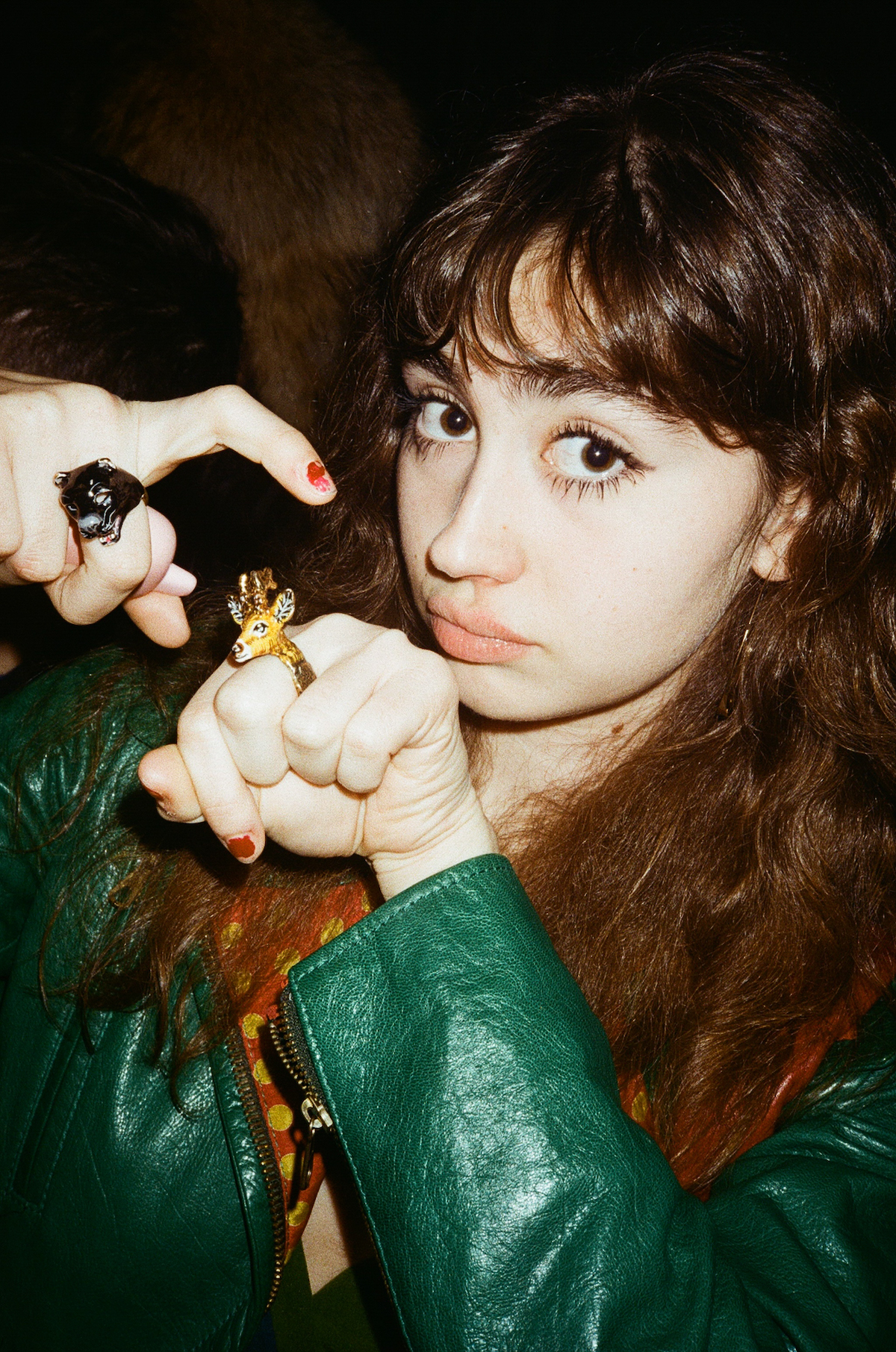
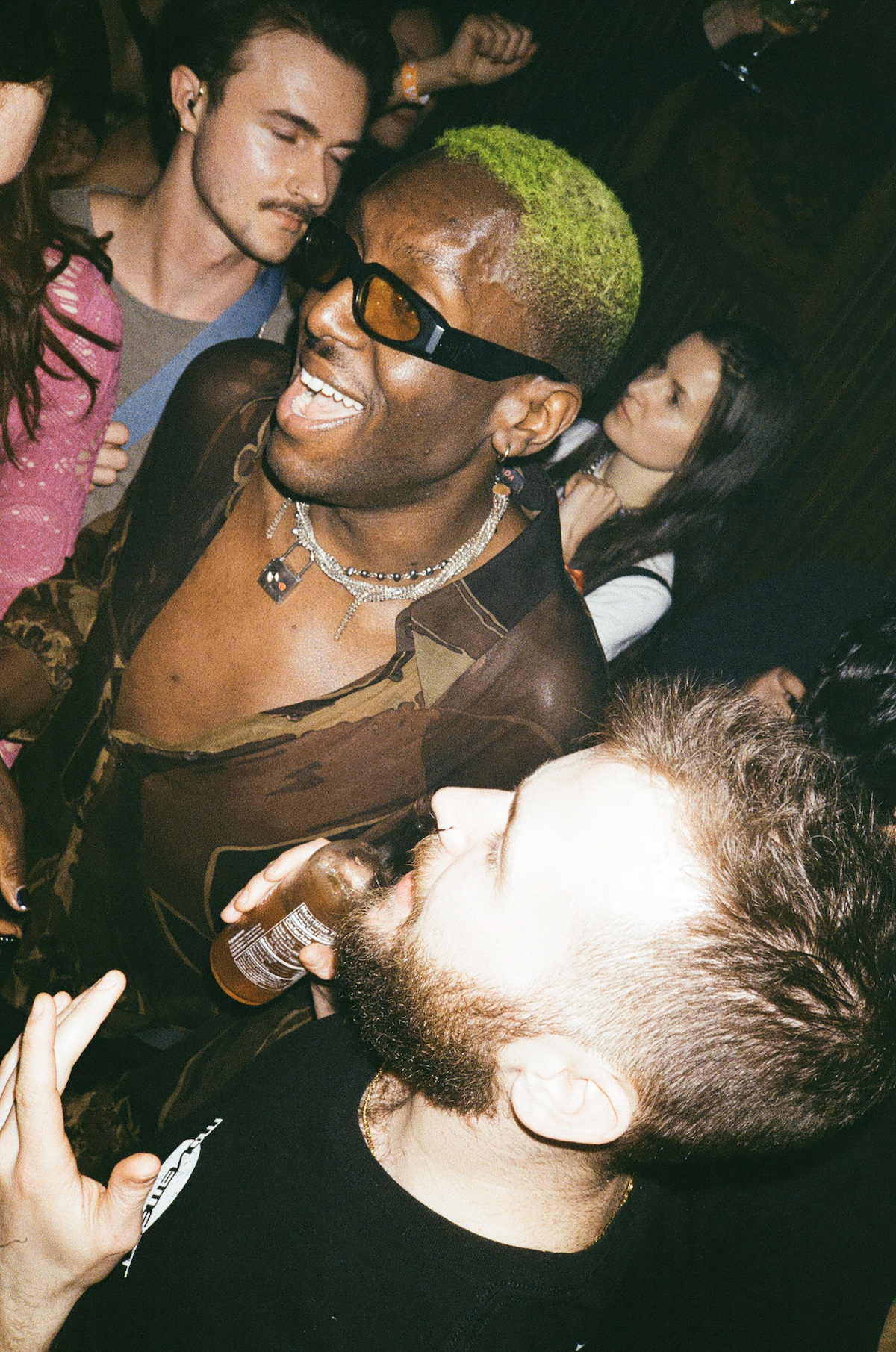
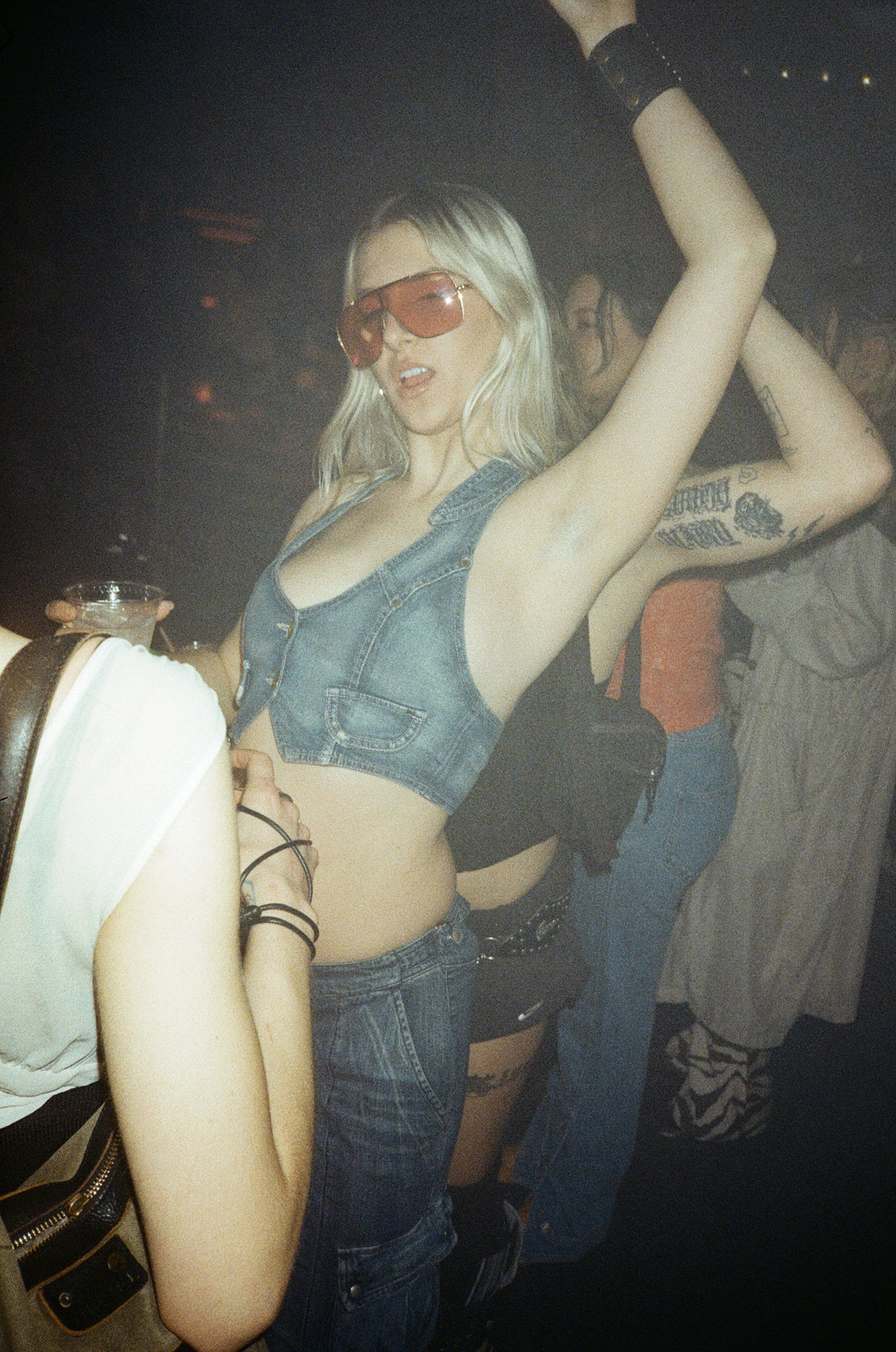
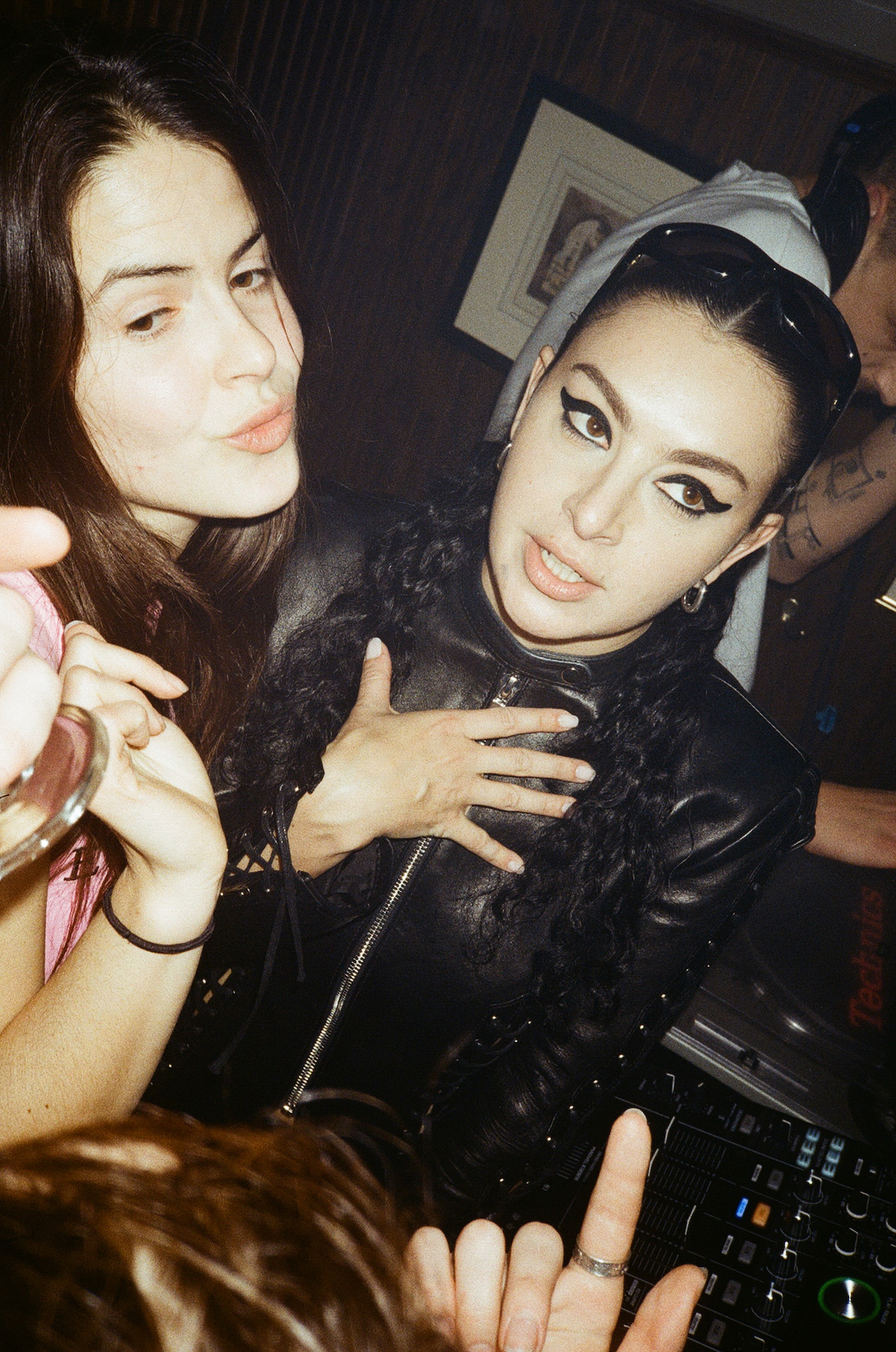
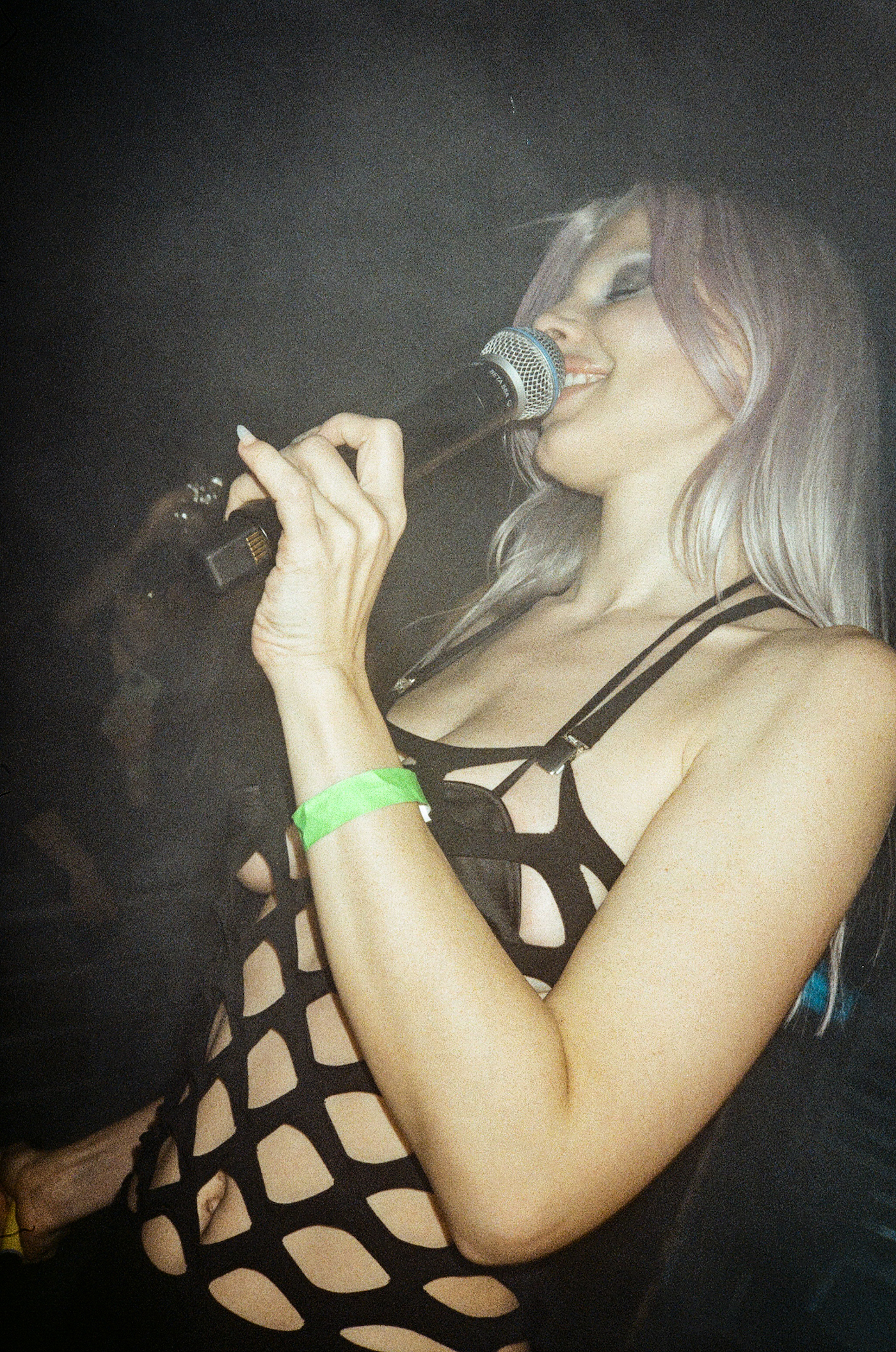
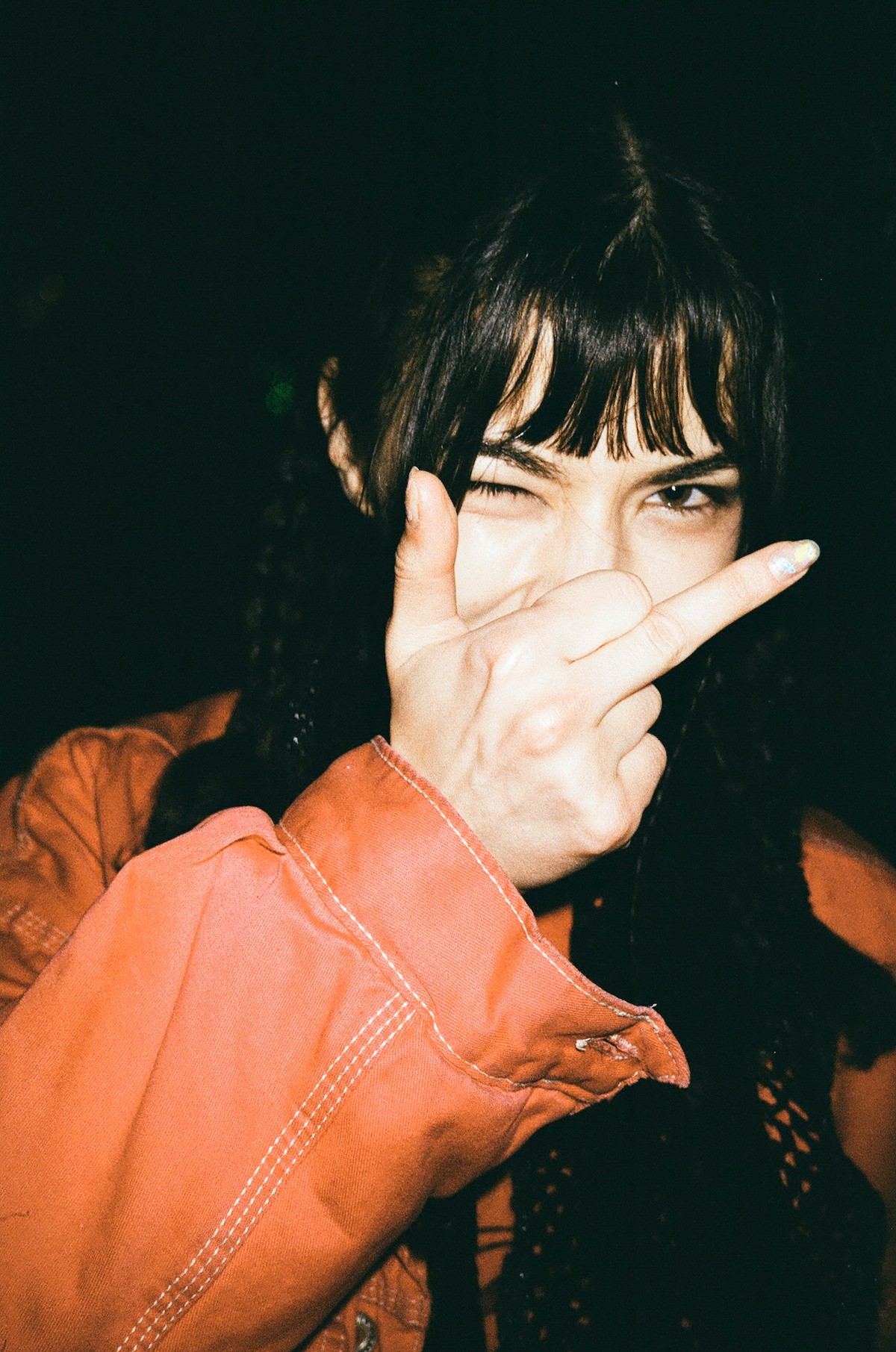

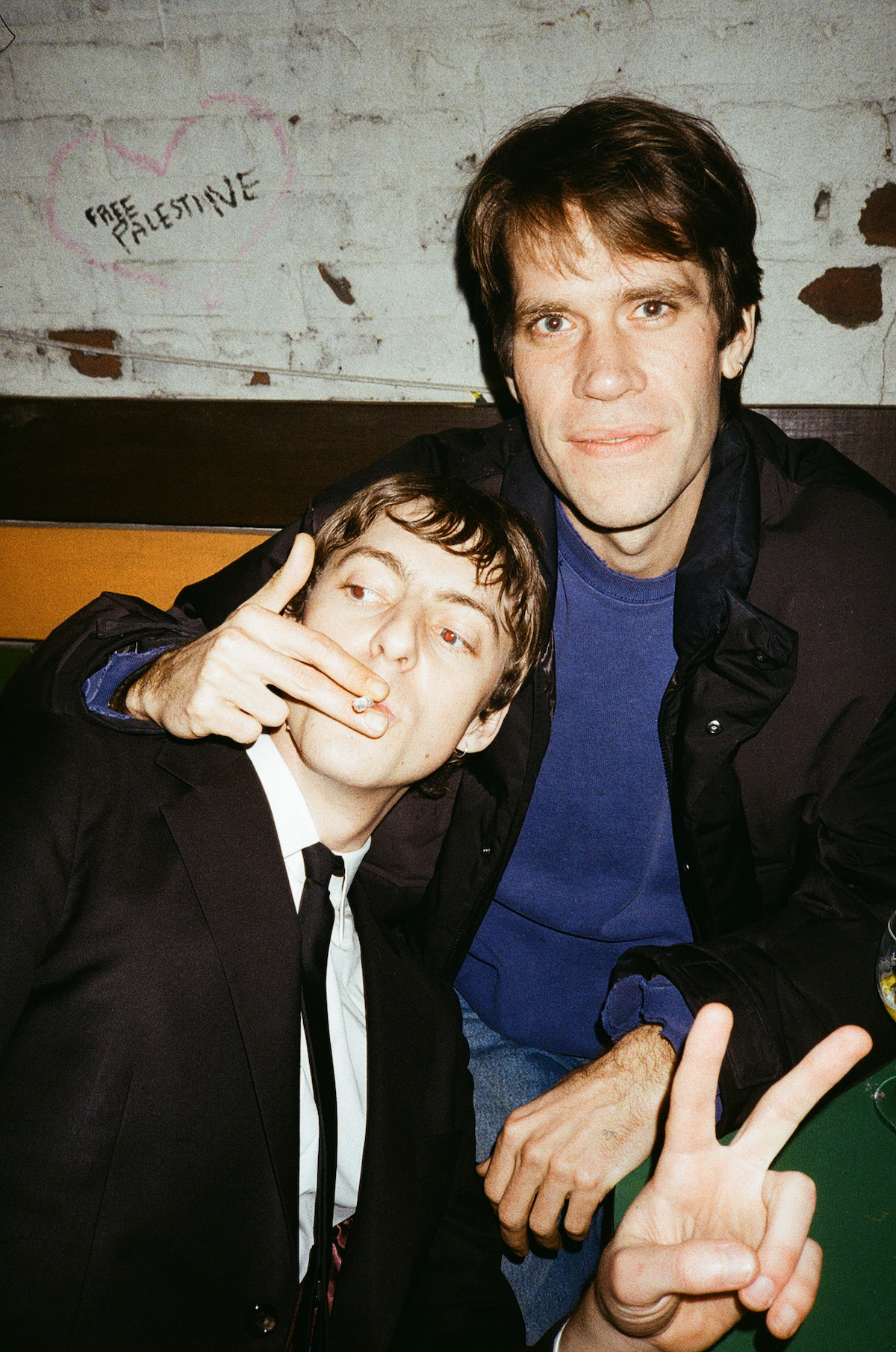
Joey King— JULIA FOX BLEW OUT THE SPEAKERS.
Sam Wachs— It was awesome.
Harrison Patrick Smith— A gentleman does not tell.
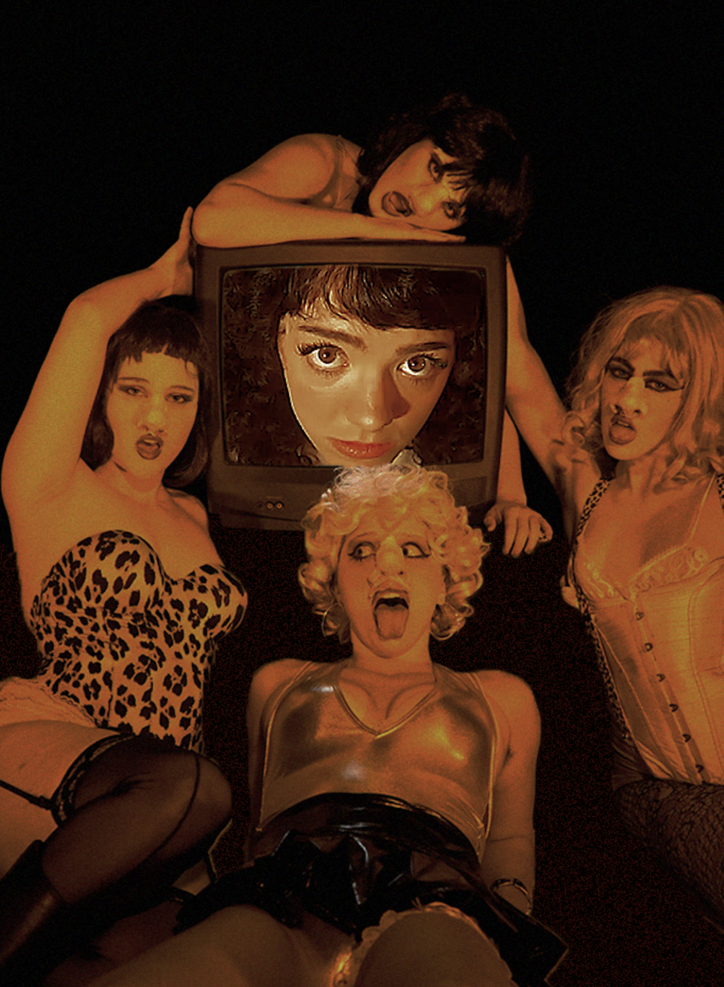
“Unadaptable into a theatrical medium,” was James Leech’s first response after reading the book. It's easy to understand why; the novel’s lack, if not complete absence of coherent narrative — instead composed in a pastiche manner (Kathy Acker-esque, if one likes) into anxious episodes of a larger filthy fantasy — doesn't lend itself to the stage naturally, let alone sounds like a task anybody would take on voluntarily. But forbidden fruit always has the luscious juice. Thus, Foster-Soltis proposed the idea.
Skelley and Foster-Soltis met at the launch party in LA, discovered mutual obsessions, vibed, and went for it.
"When I first read the The Complete Fear of Kathy Acker, I found myself deeply resonating with Jack’s brutal self-mocking/self-victimizing hatred toward himself and toward what he terms the invasive capitalistic “CLOP” corrupting language and a potential self-fulfilling sense of sacredness," said Foster-Soltis, as opposed to the novel's dominant themes of sex and eroticism. These anxieties remain relatable, whether they play out in the 80s or mid-2020s, “especially for neurotic young artists clomping around the streets of LA,” she continued. I’d personally make that true for every metropolitan.
The adaptation from novel to play is centered around where the playwright herself fit in Skelley’s narrative as a “young female writer,” while simultaneously seeking to avoid that objectifying pigeon hole. Prior to this very play, Foster-Soltis has consciously avoided or removed her own “identity” from discussion of these characteristics. Yet, for this production, she found the answer when studying the book within her own circles, largely made up of young female artists and writers, and by turning to Jack as one of her muses.
“The gender switch of ‘me’ played by a woman actor freaks me out ... .in a good way!” said Skelley once he got the mic. Foster-Soltis takes liberties amongst FOKA’s themes and passages, thus the script is her “daring and beautiful baby,” touching upon the playwright’s own indulgent voyeurism in contemporary socio-cultural dynamics. “Hopefully, in a way that’s both investigative and comedic,” she says.
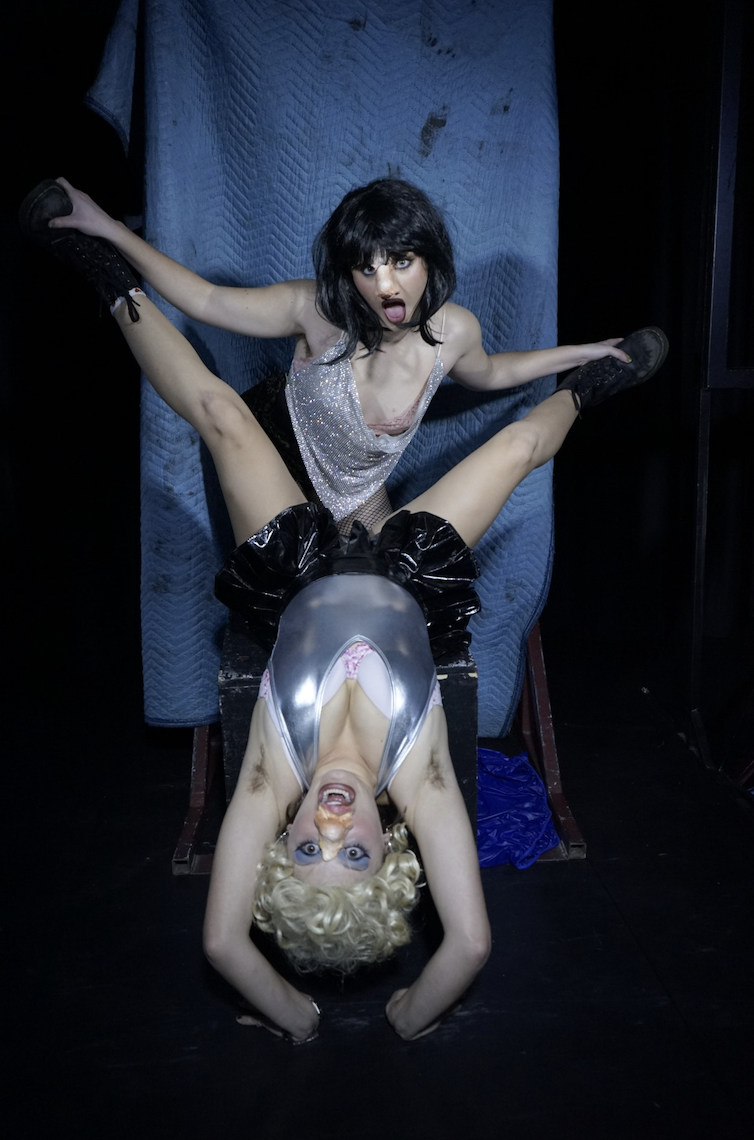
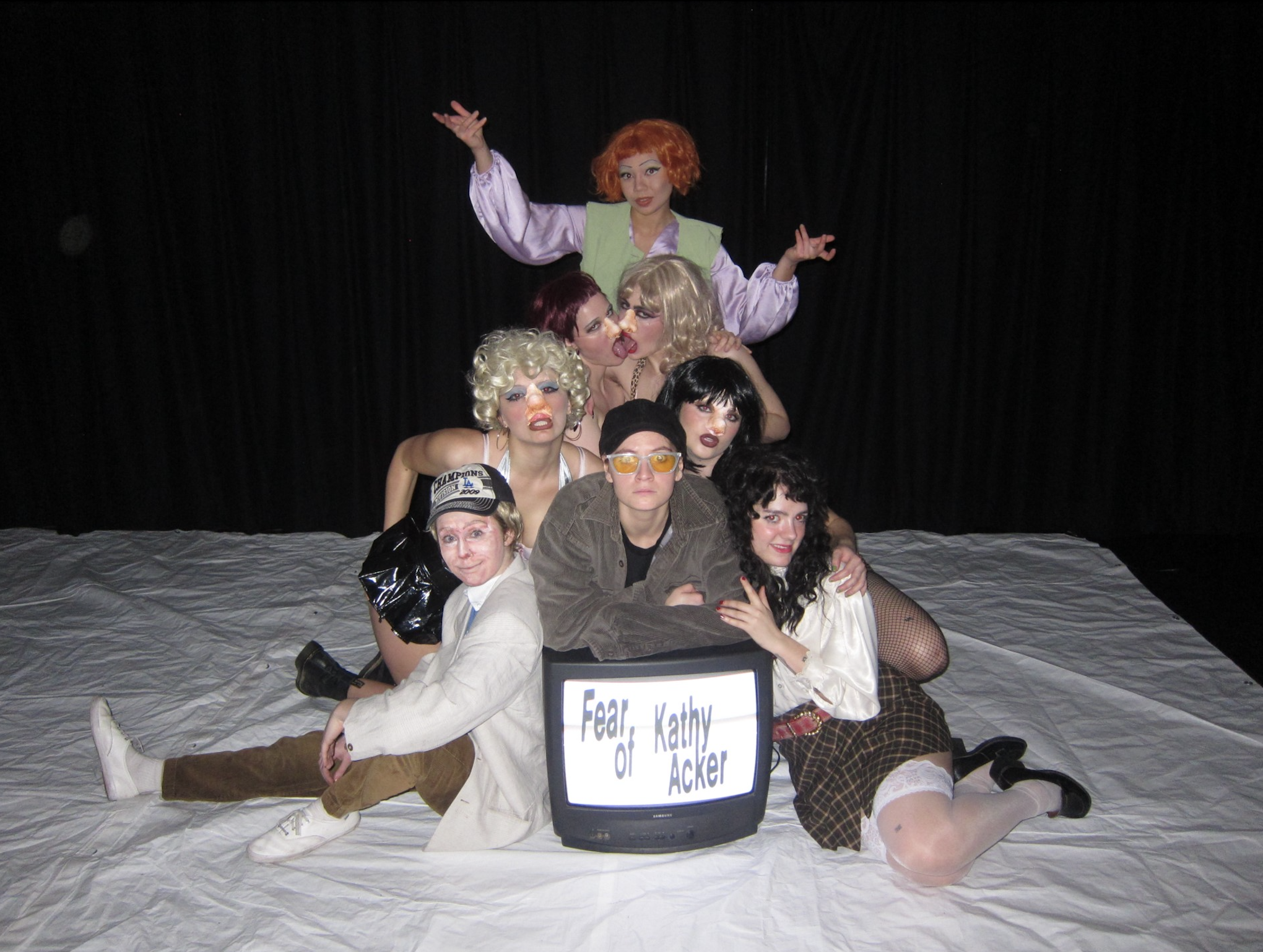
The play will hinge upon the cross-generational relevance between the novel’s significance back then and its cosmic chaos and characterization of today; its old but ever-present universal urgency. When asked about what feeling they wish to leave the audience with, James Leech comfortably brushed it off by saying how “trying to premeditated the consensus of an audience is ultimately a fool’s errand.” Skelley and Foster-Soltis hope to leave you with “an over-stimulating honesty.”
Do come prepared for an existential migraine, the very best kind.
